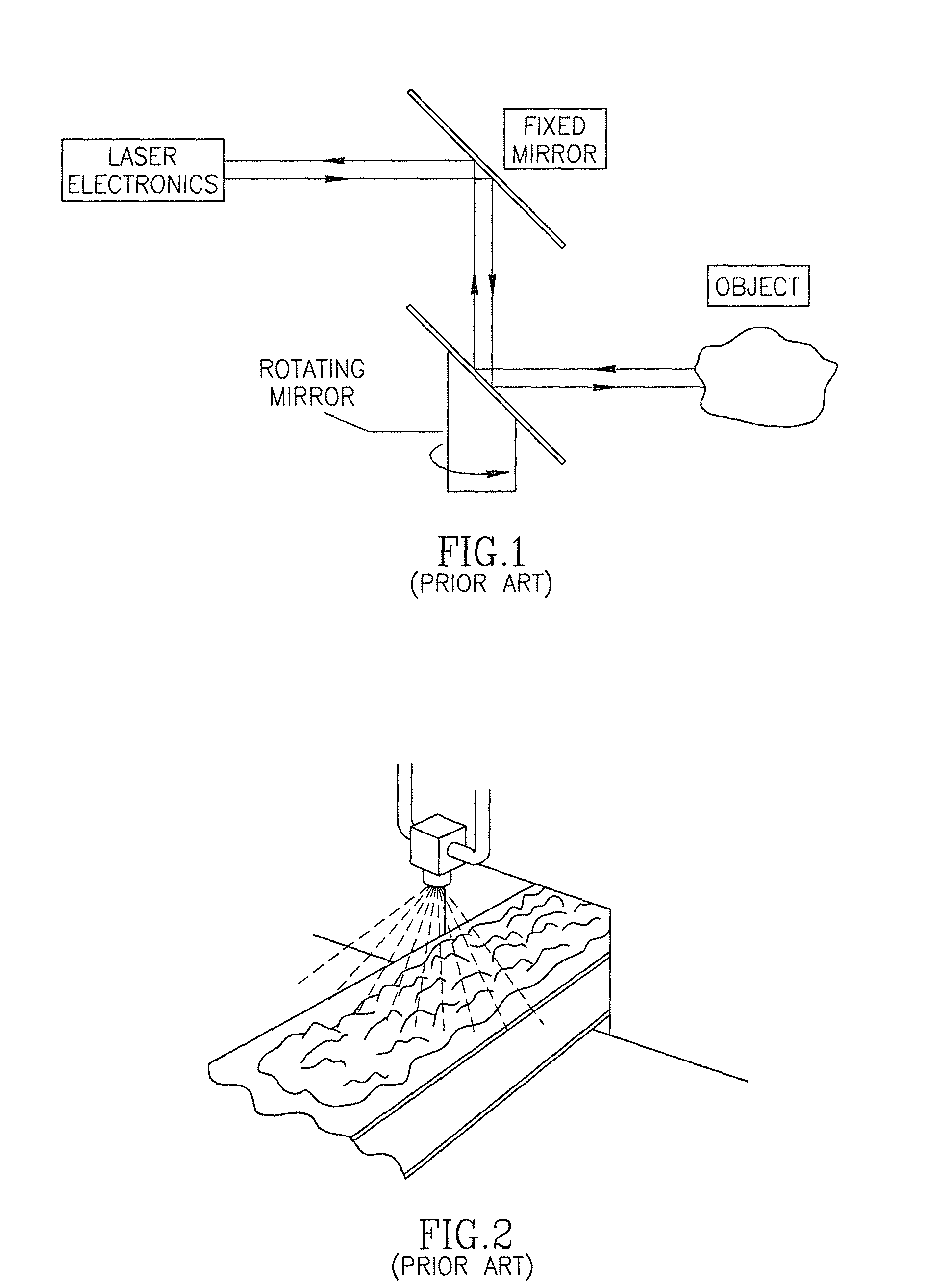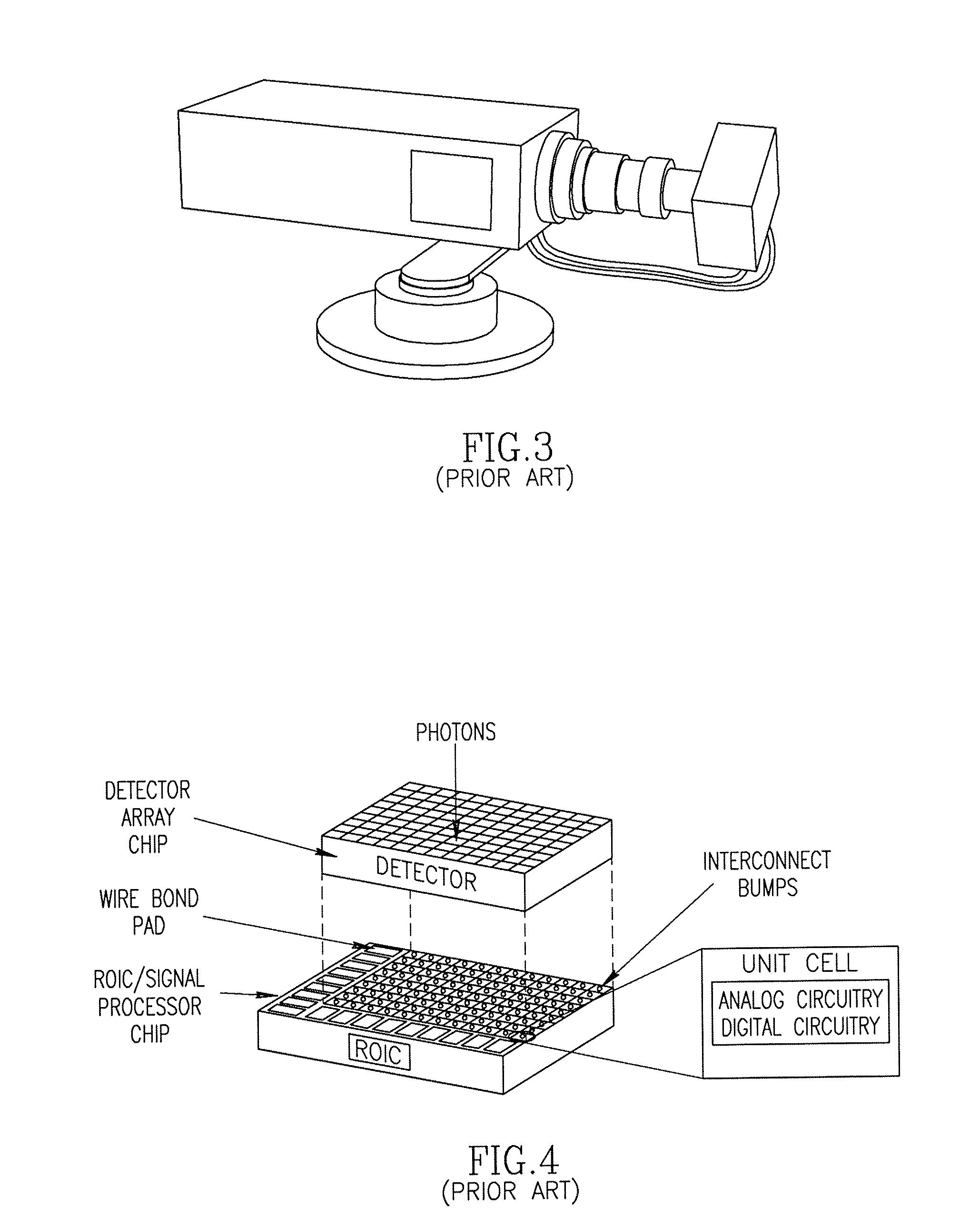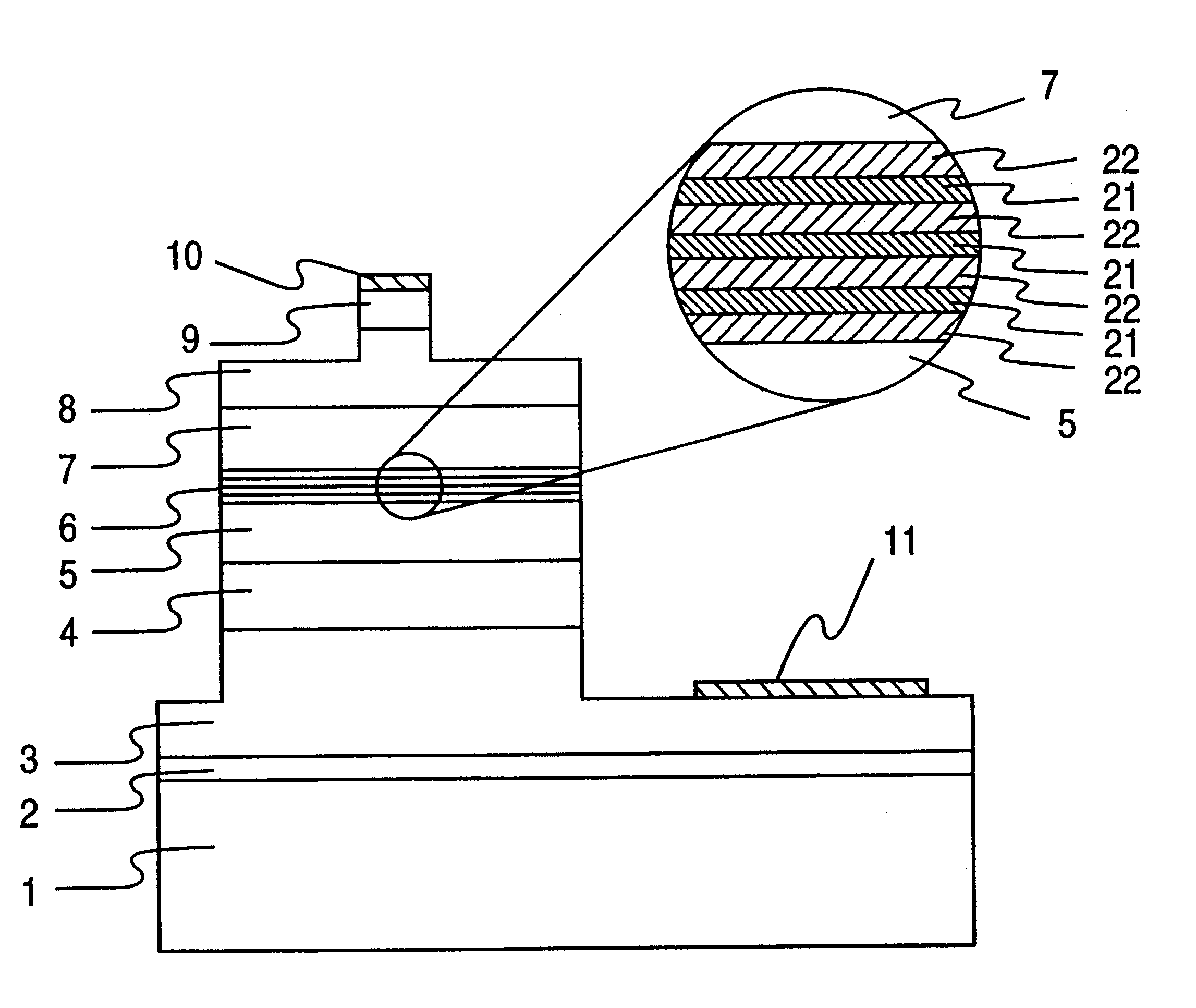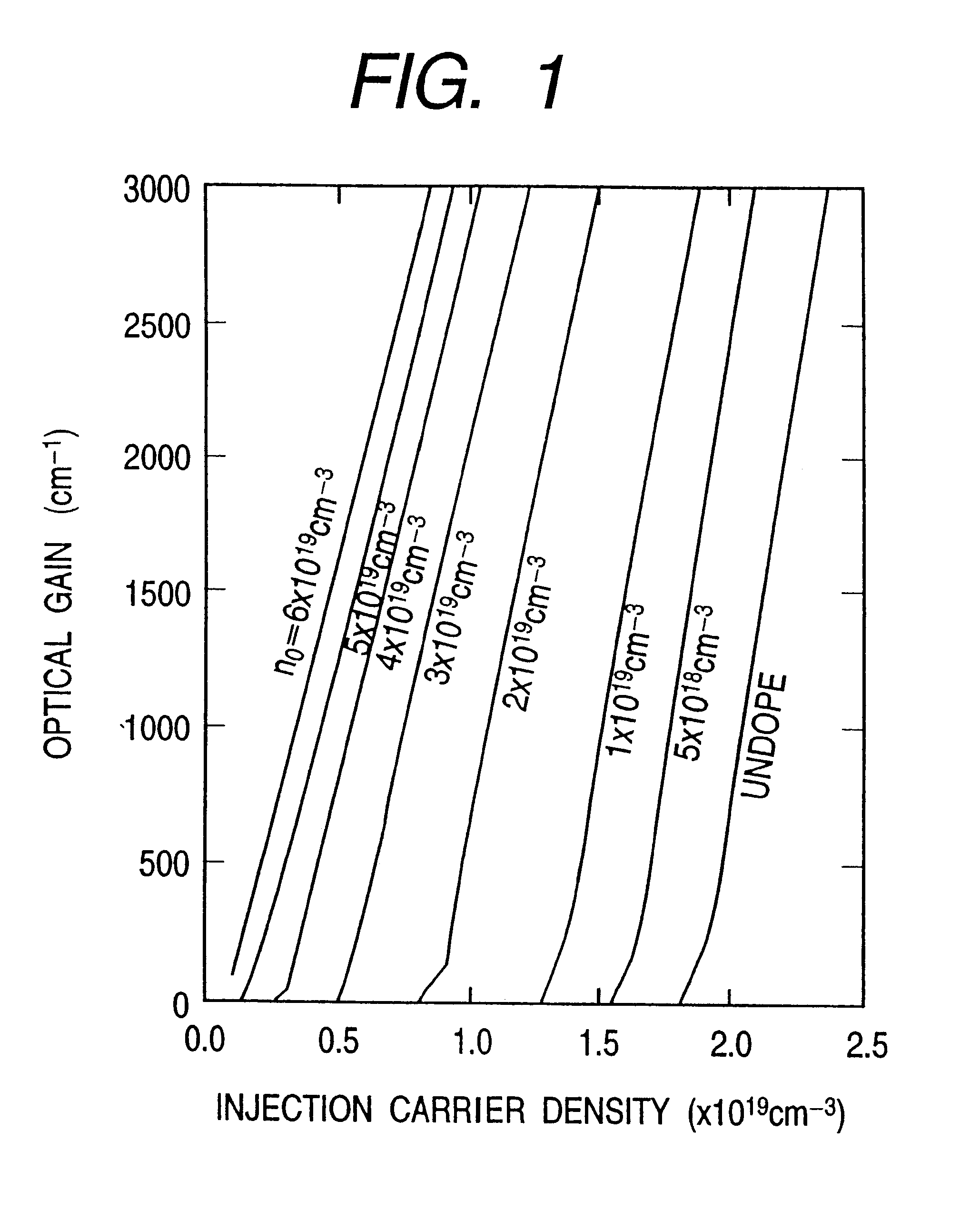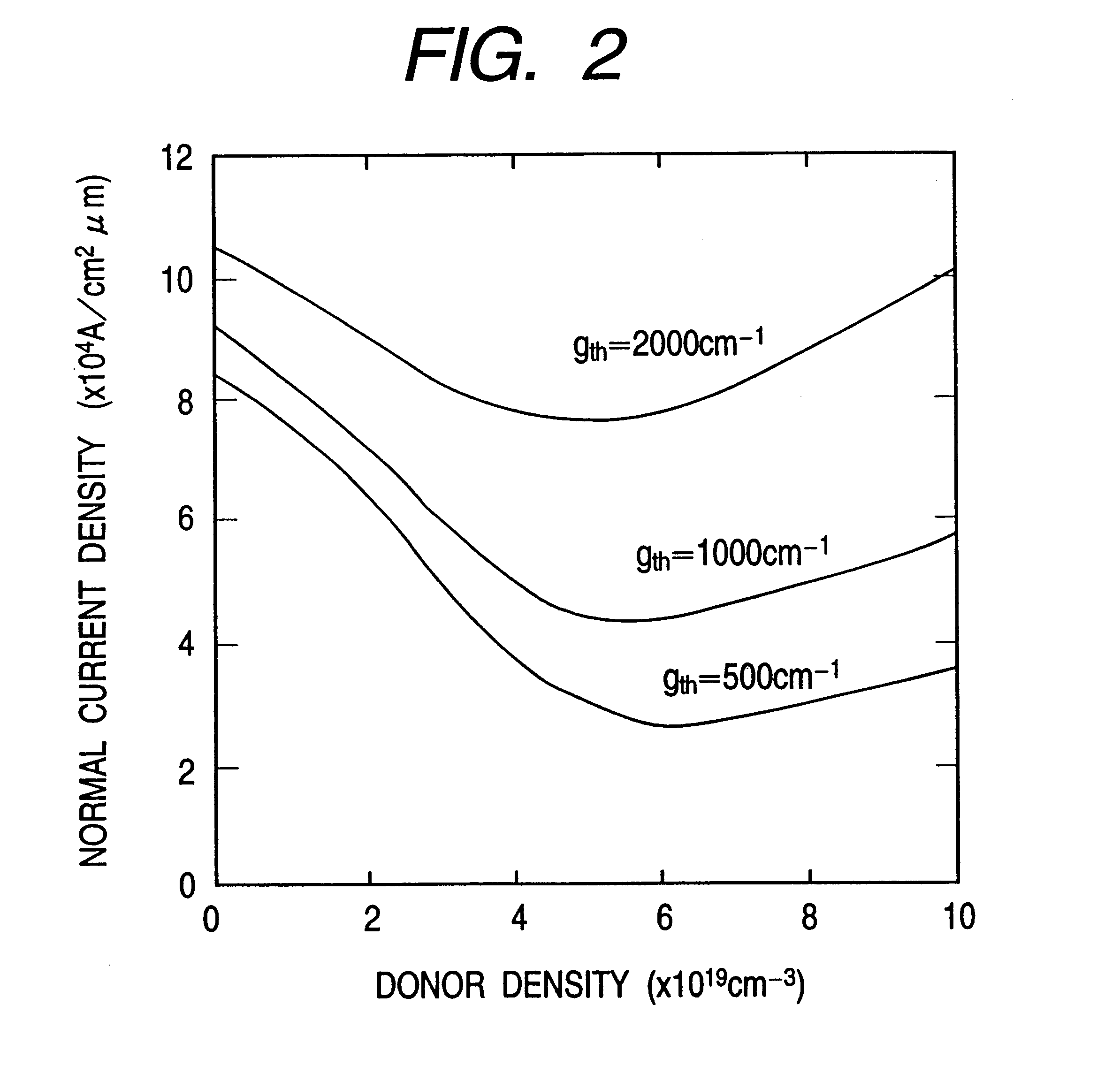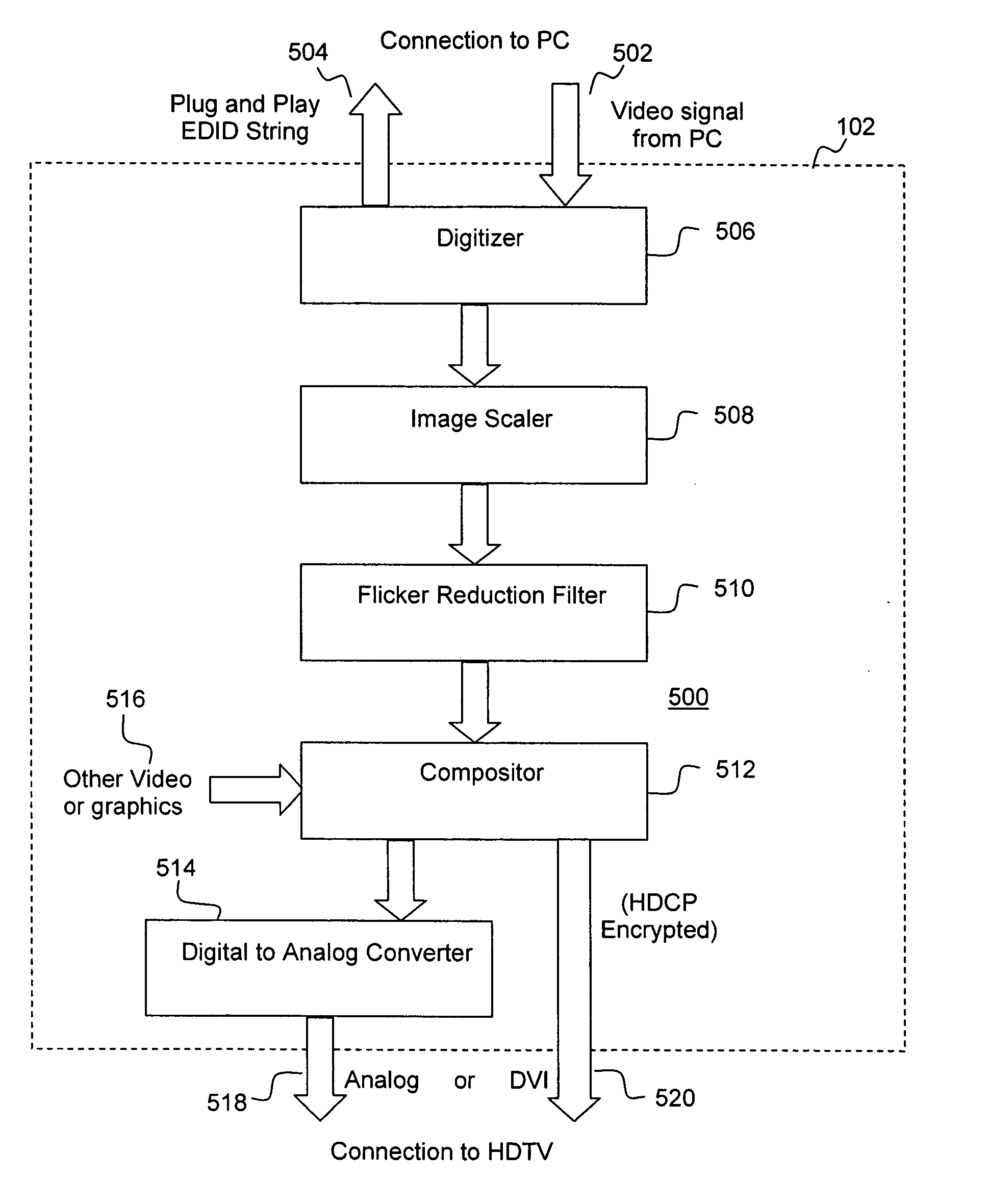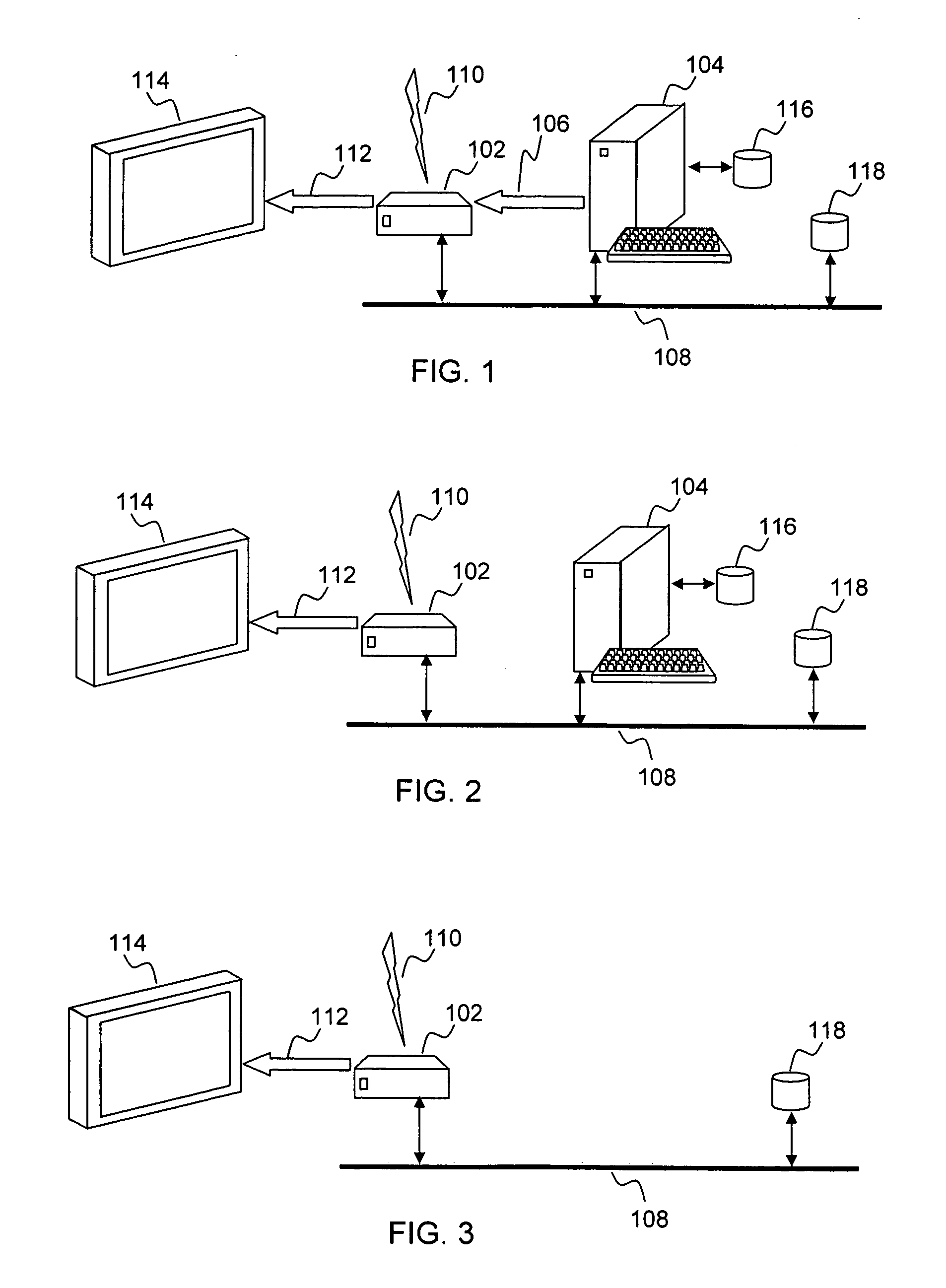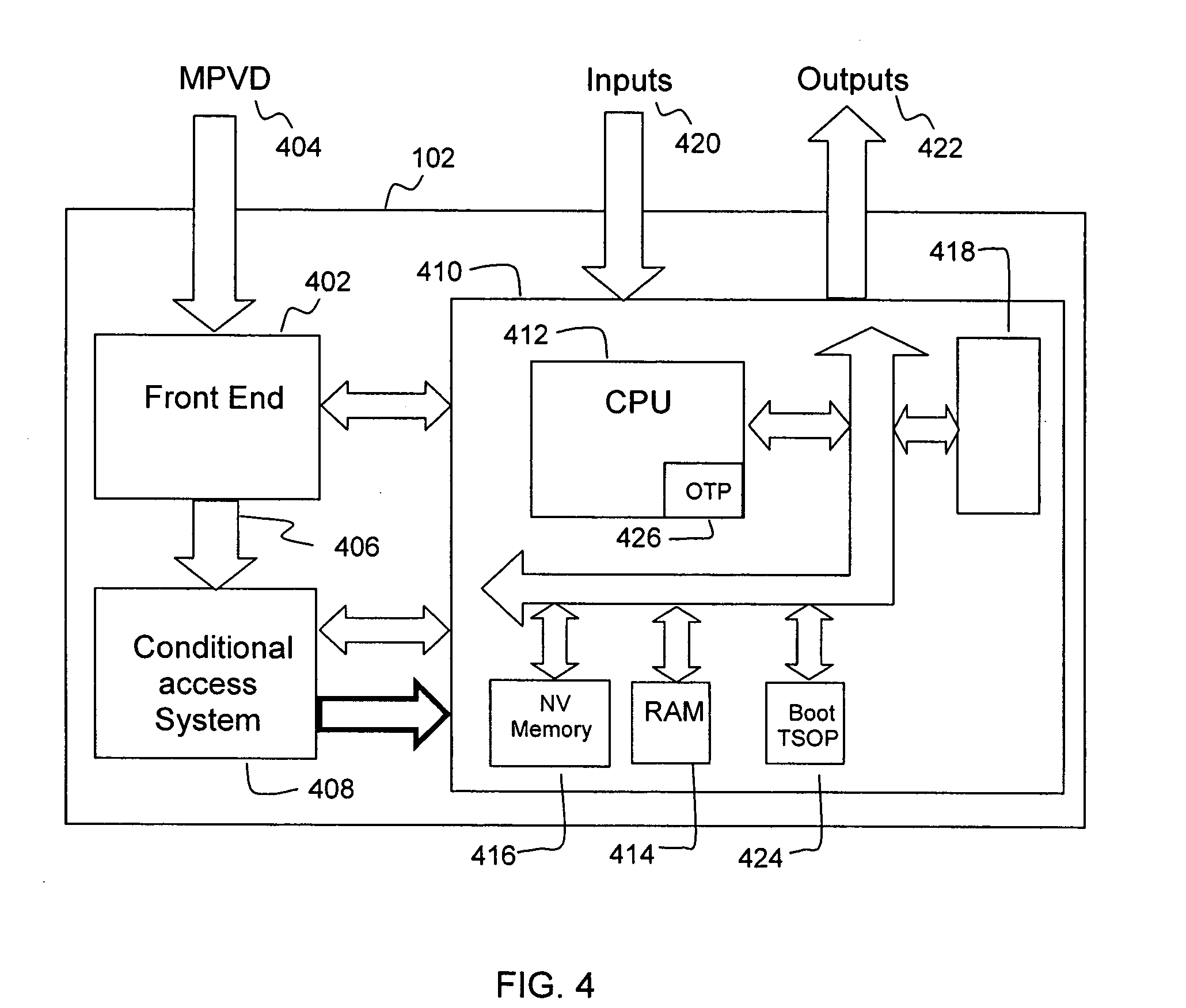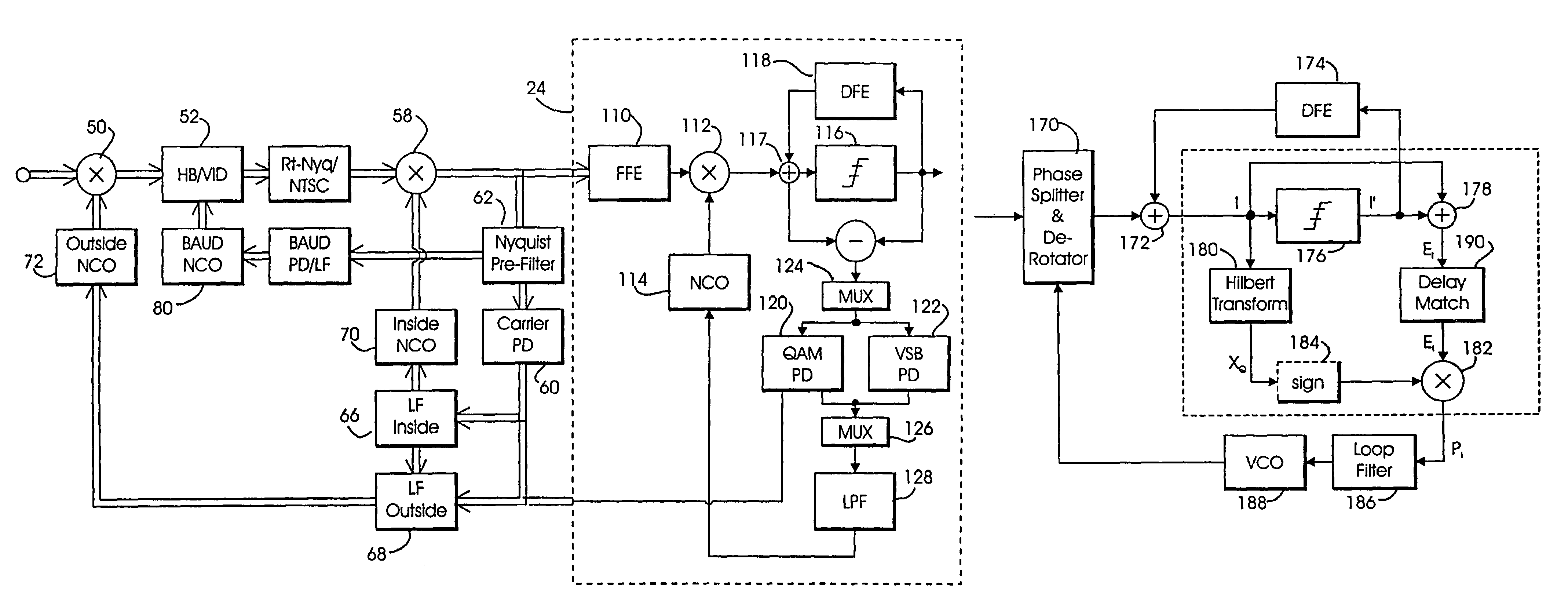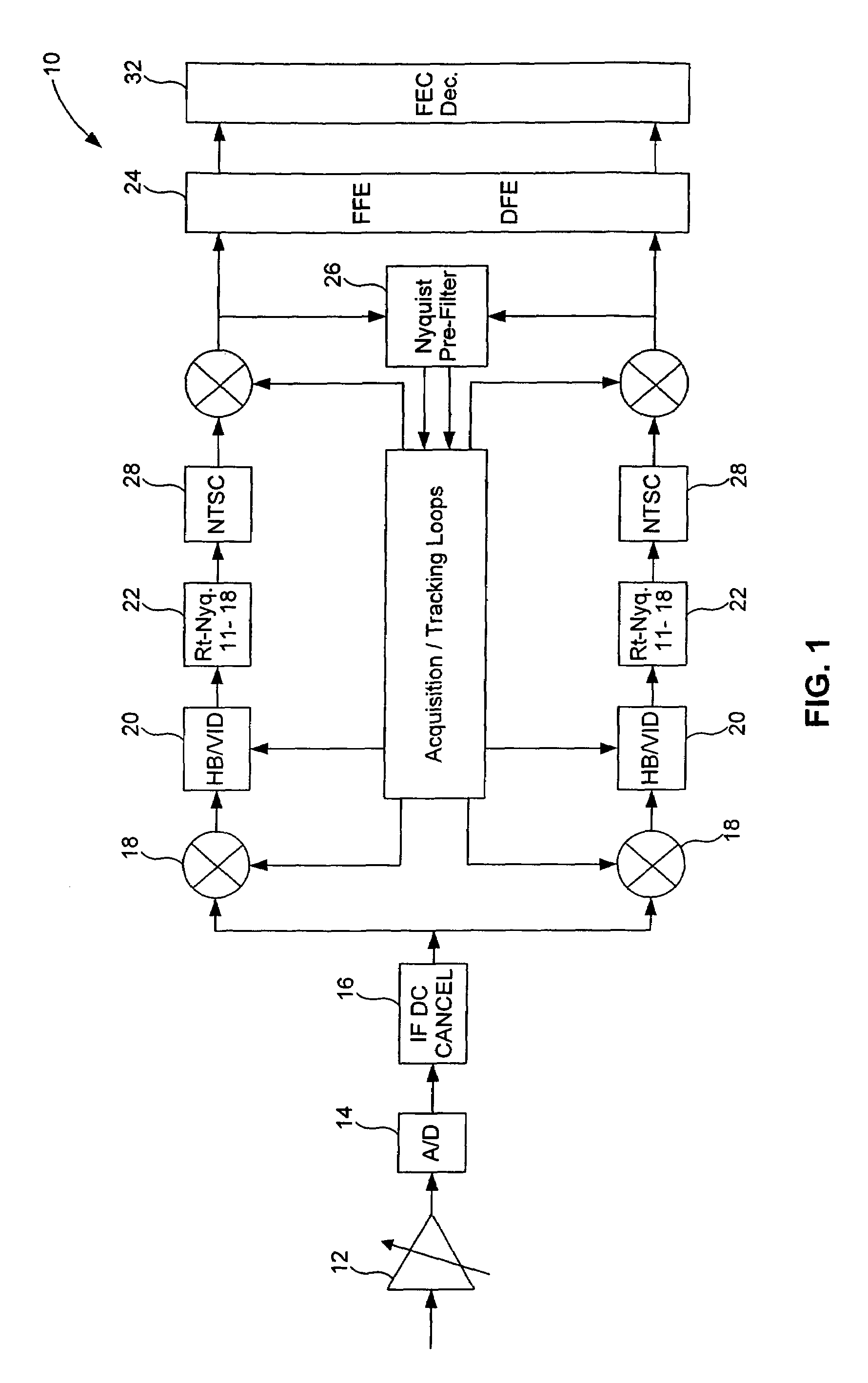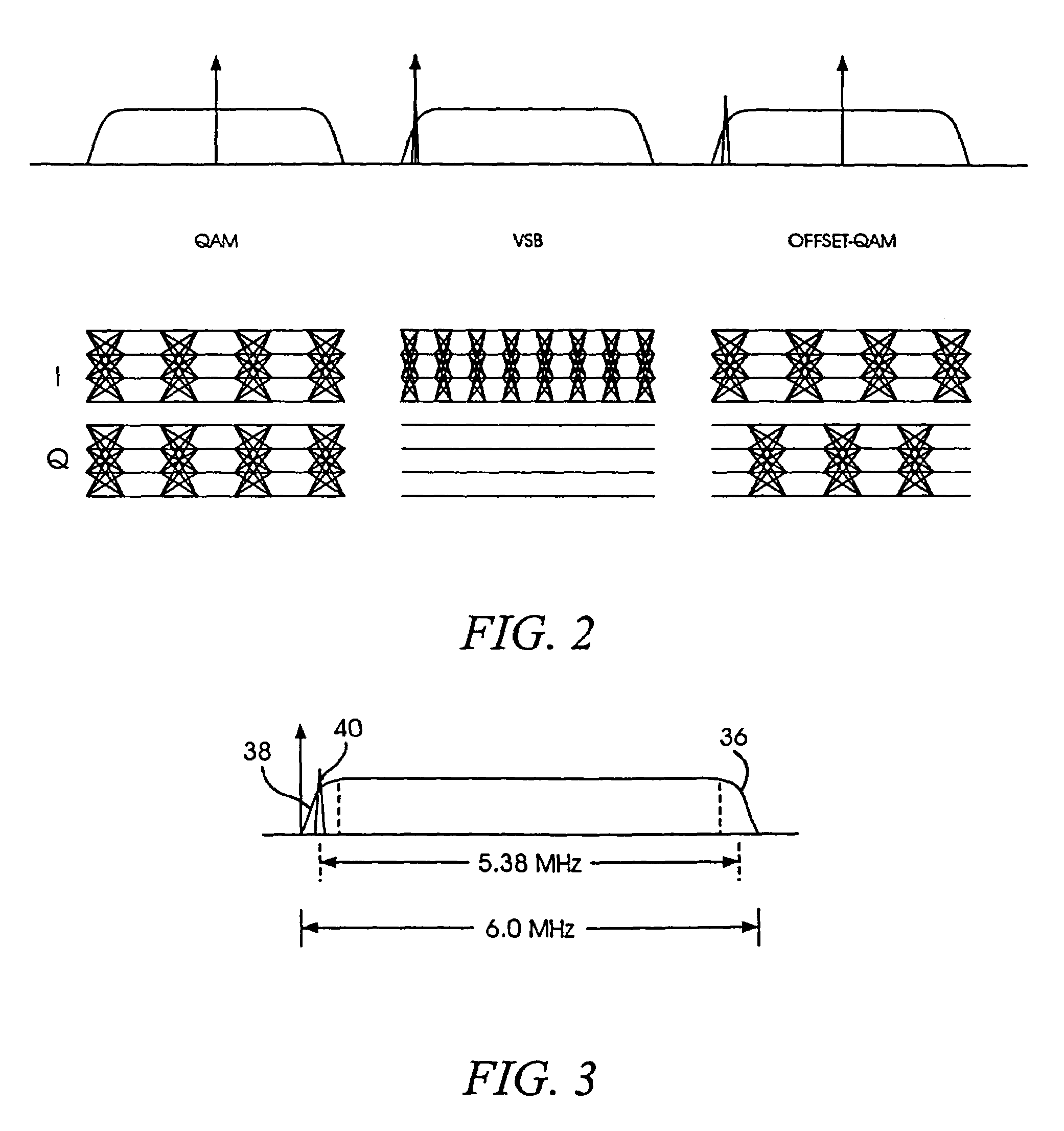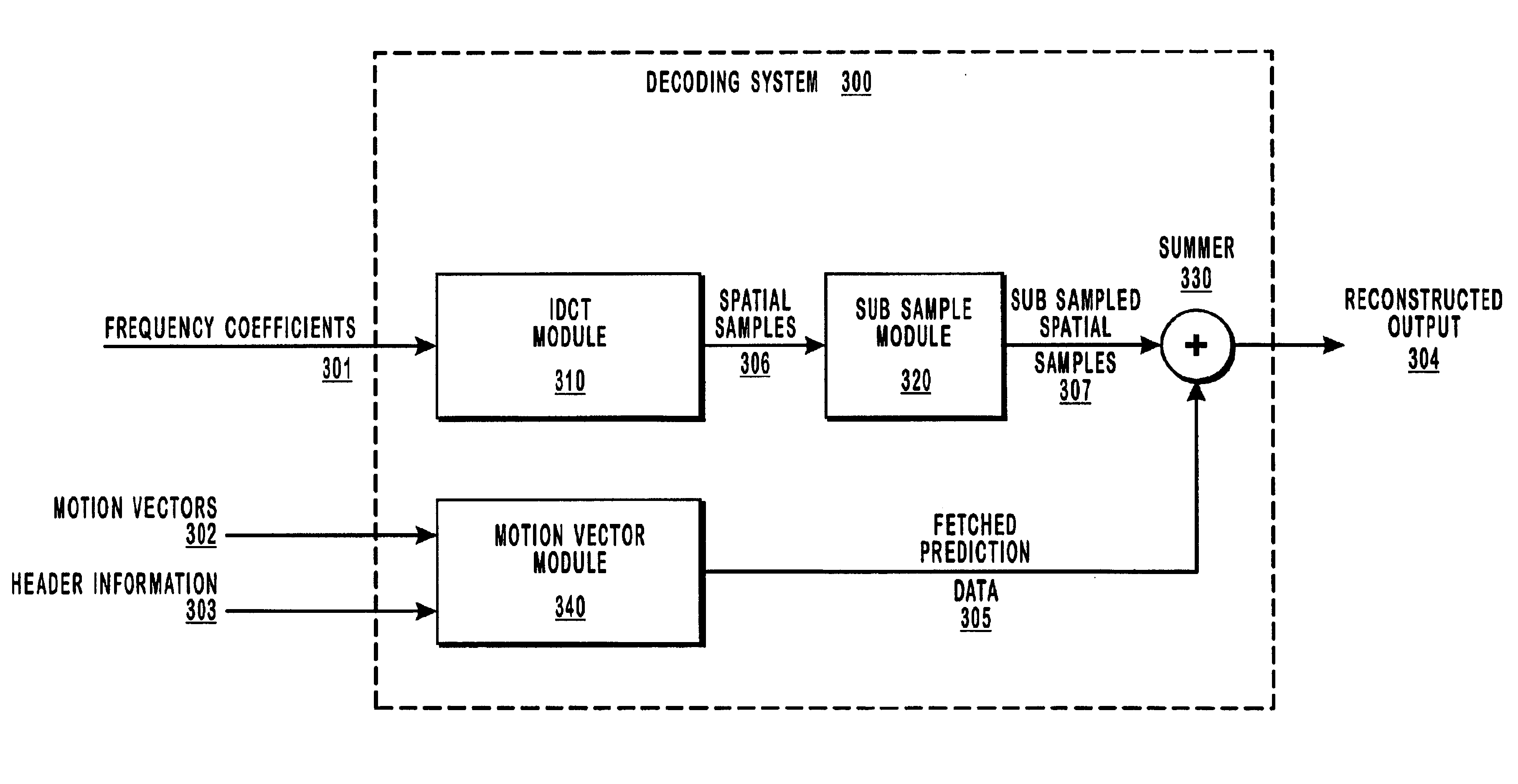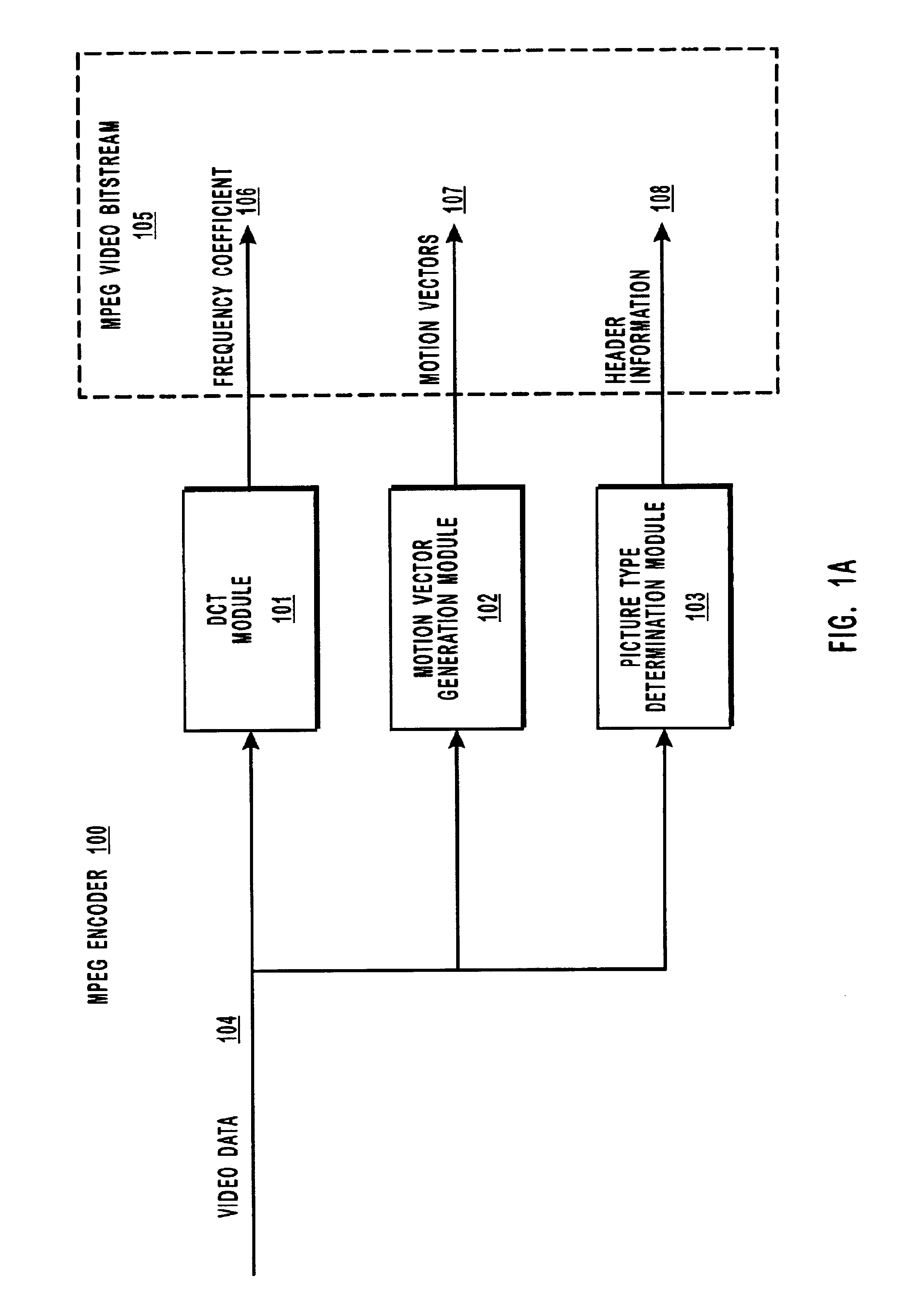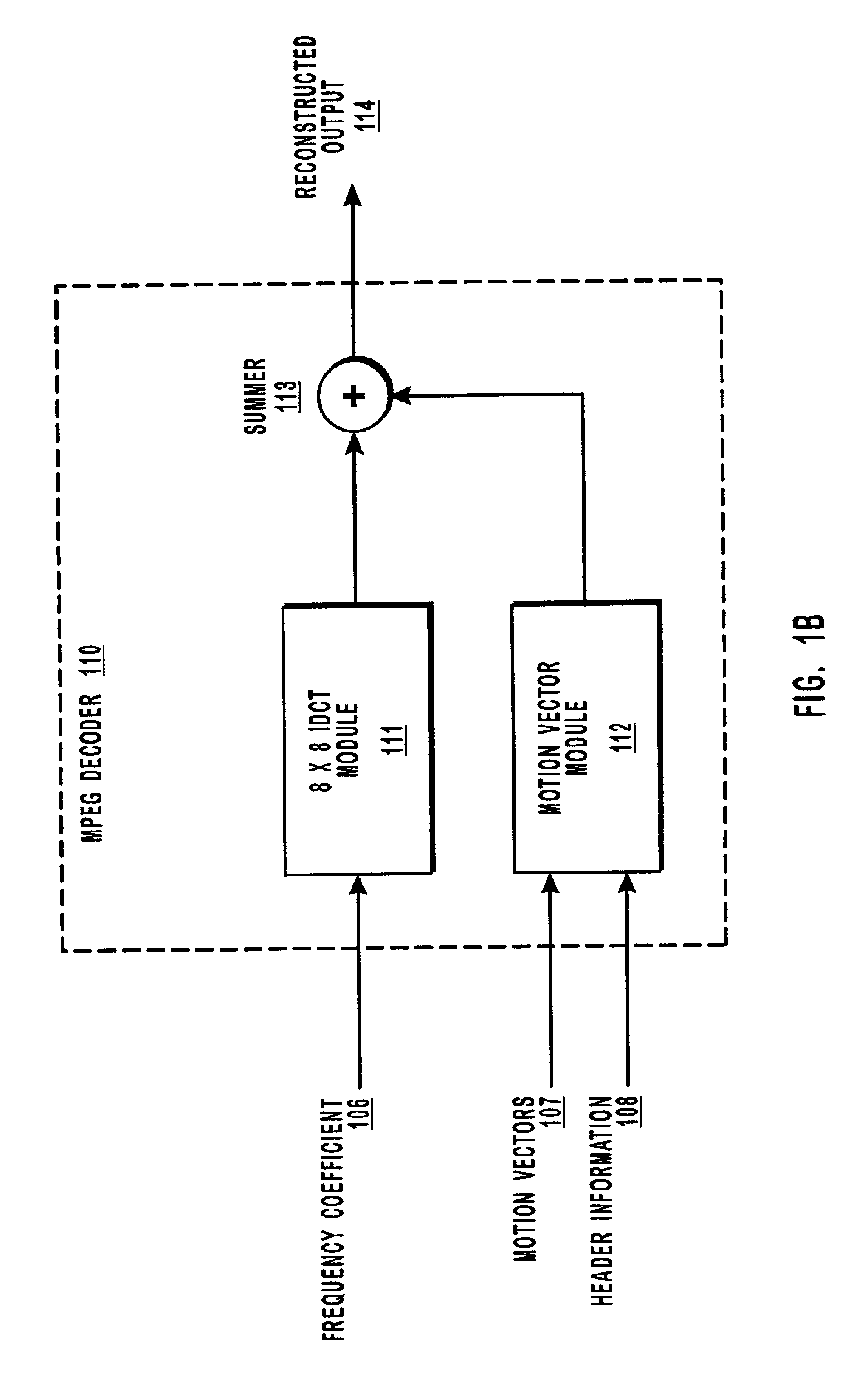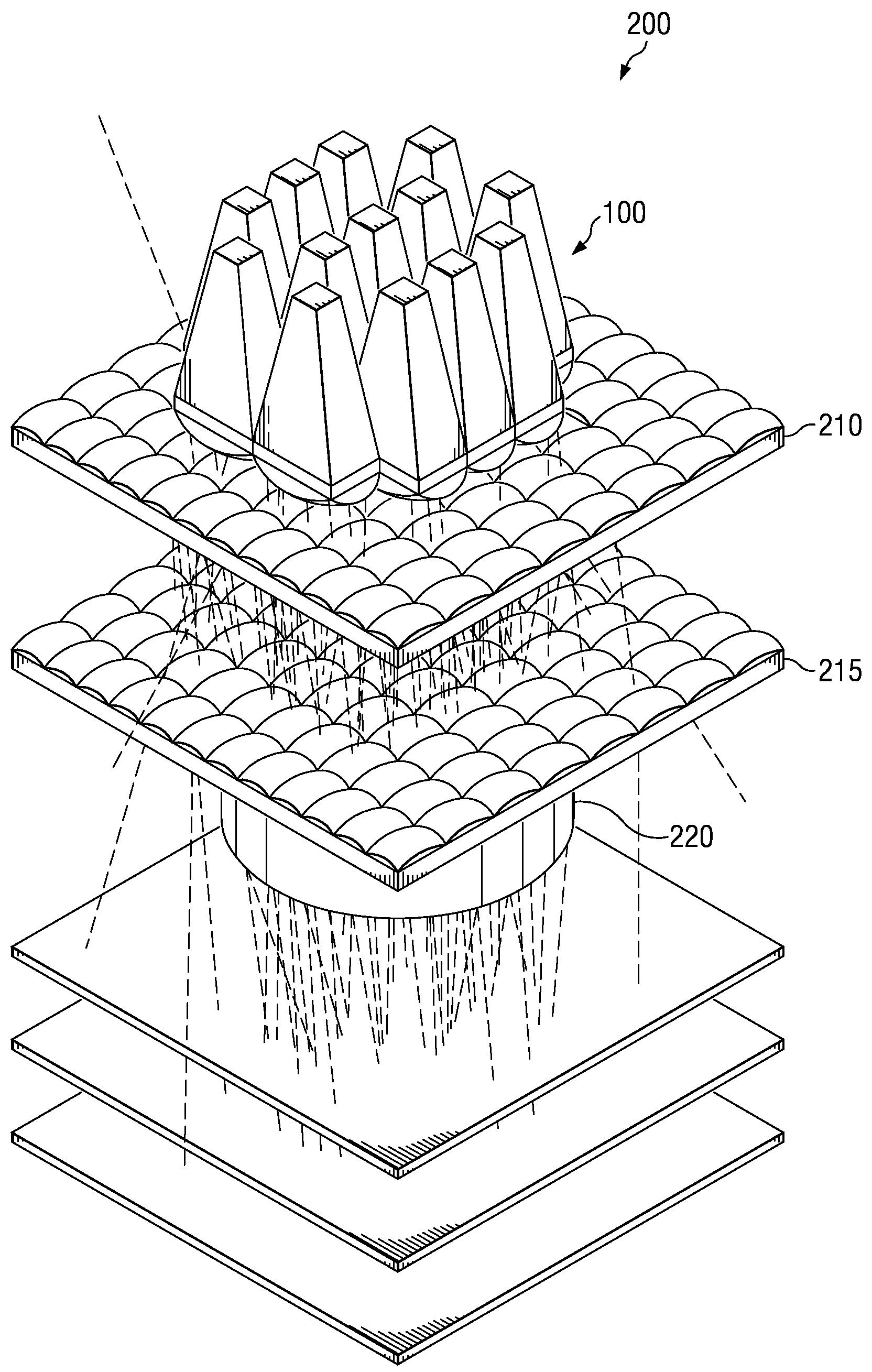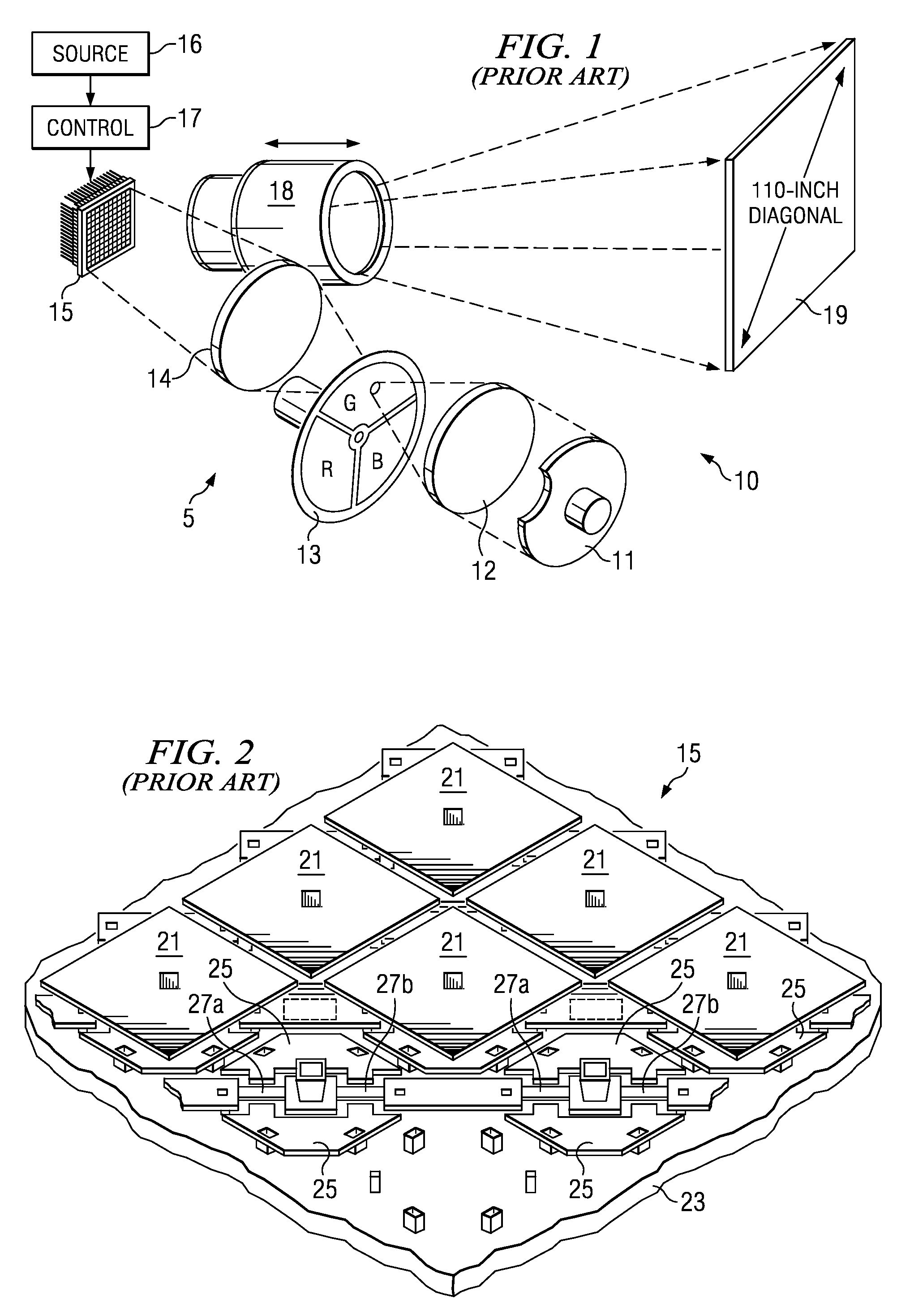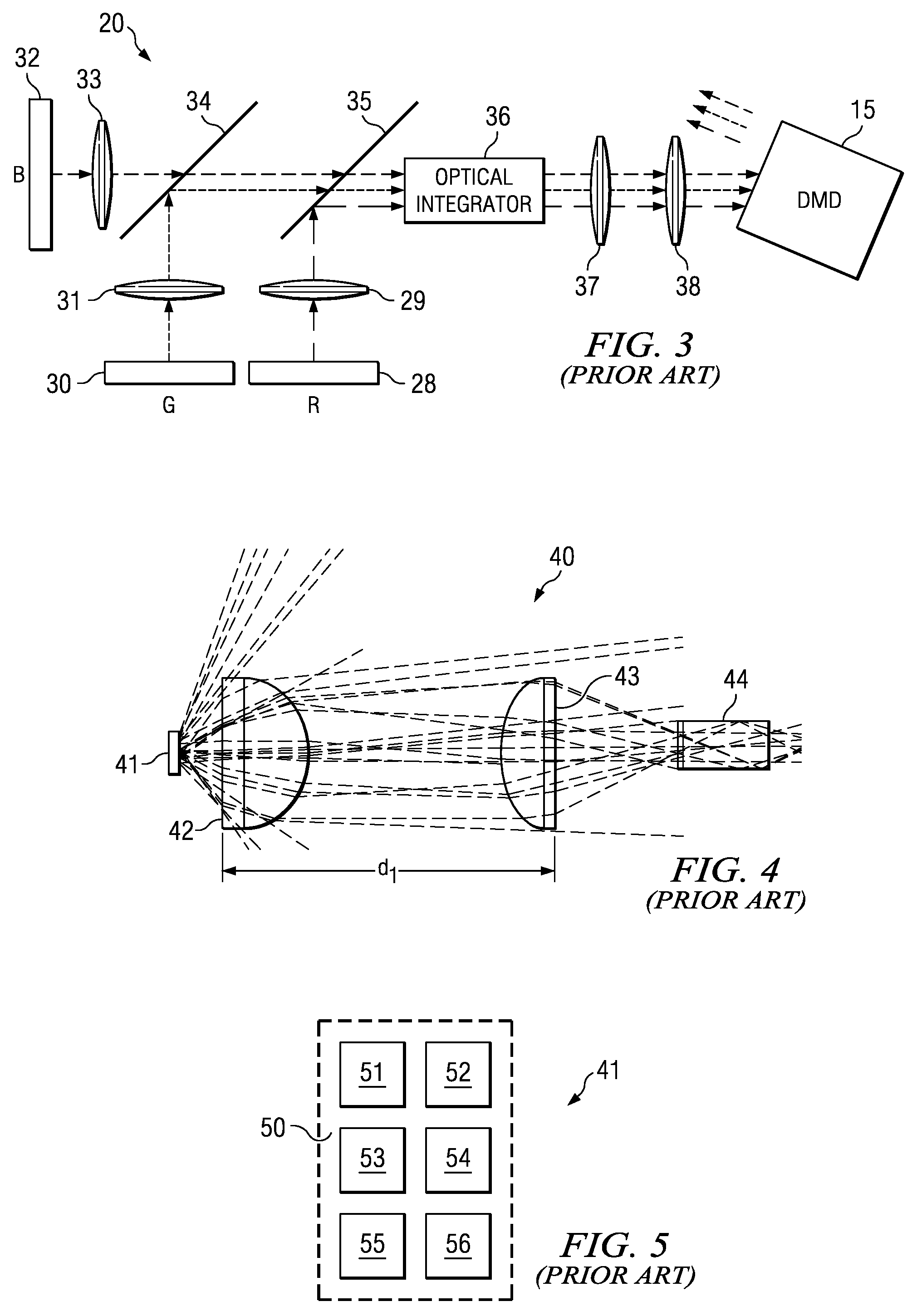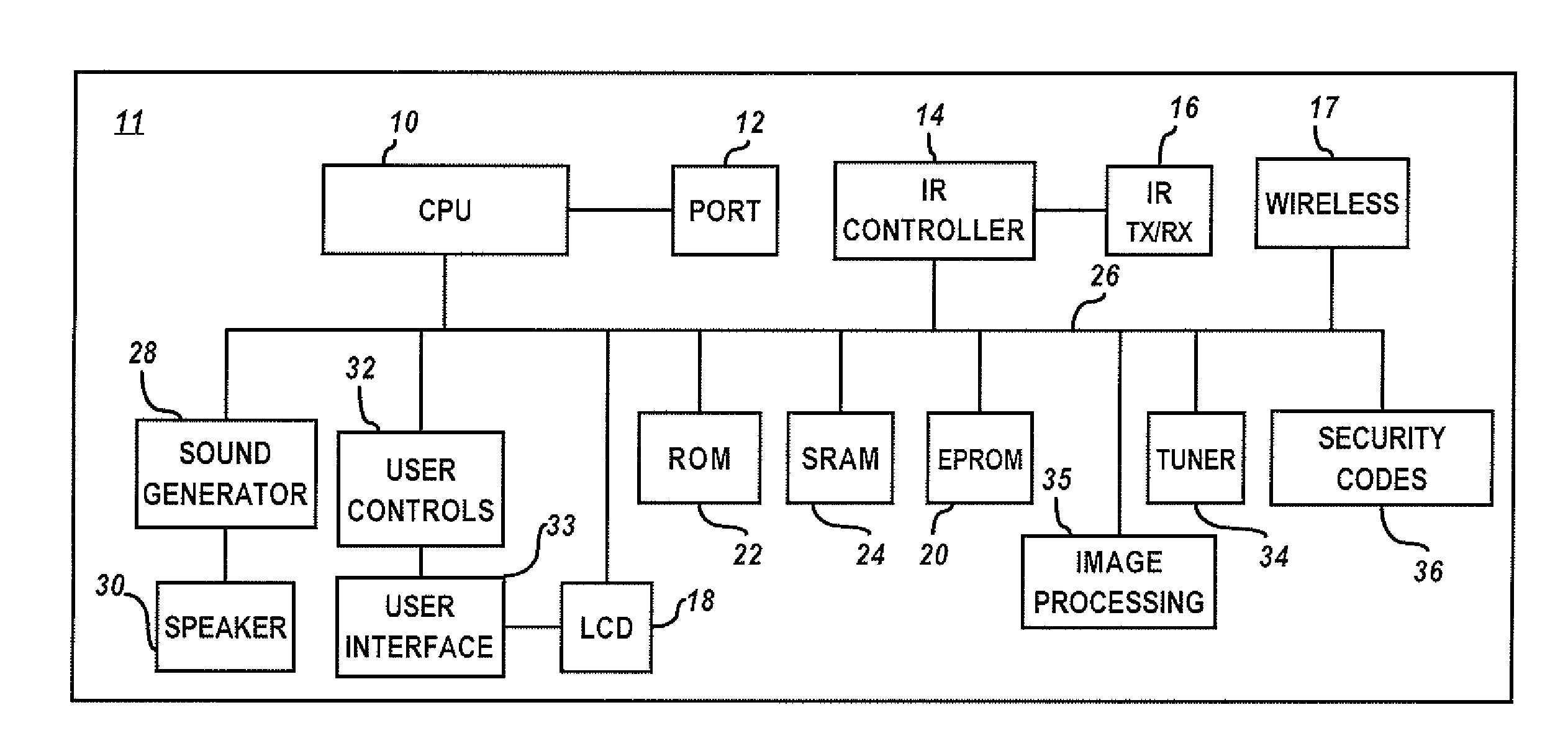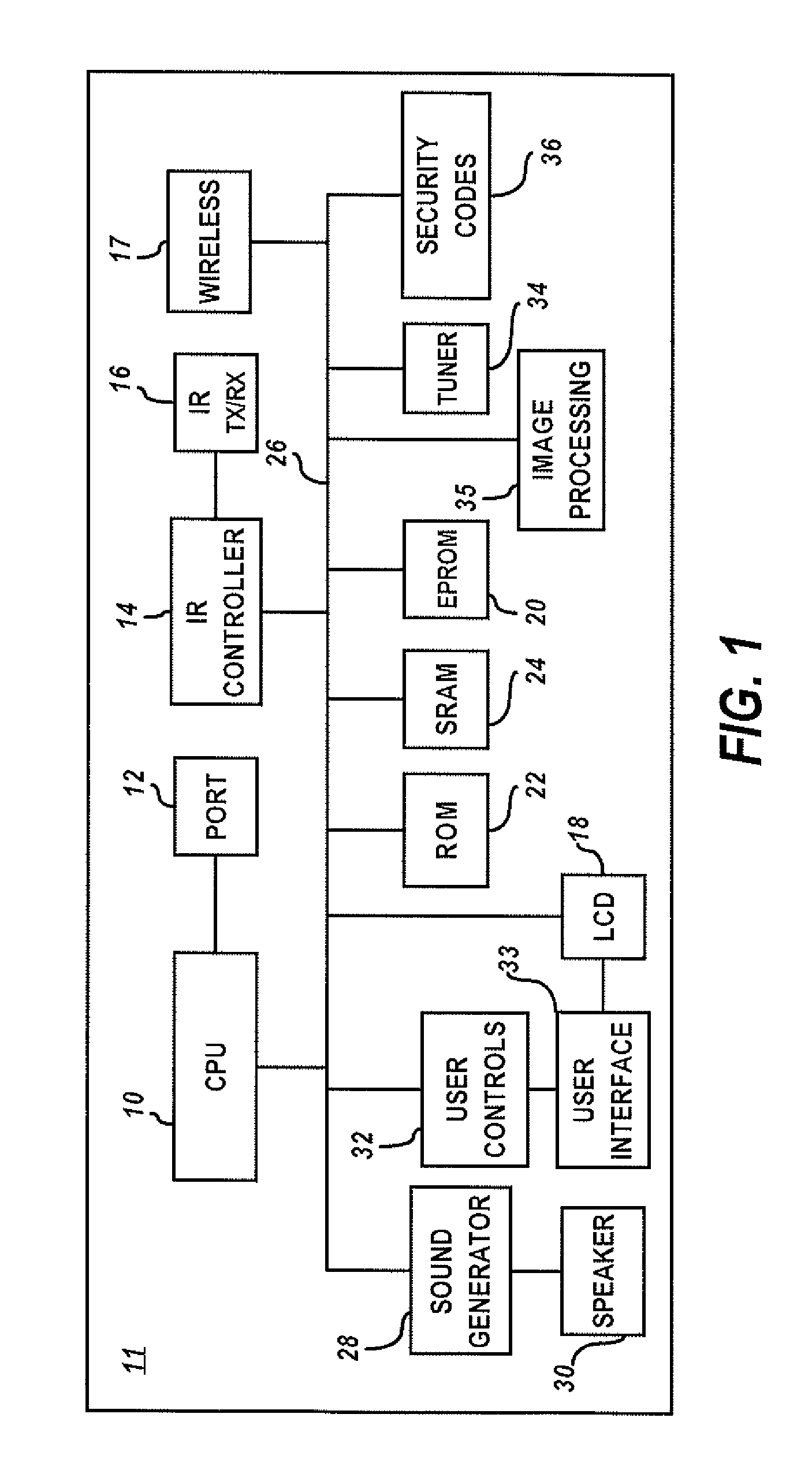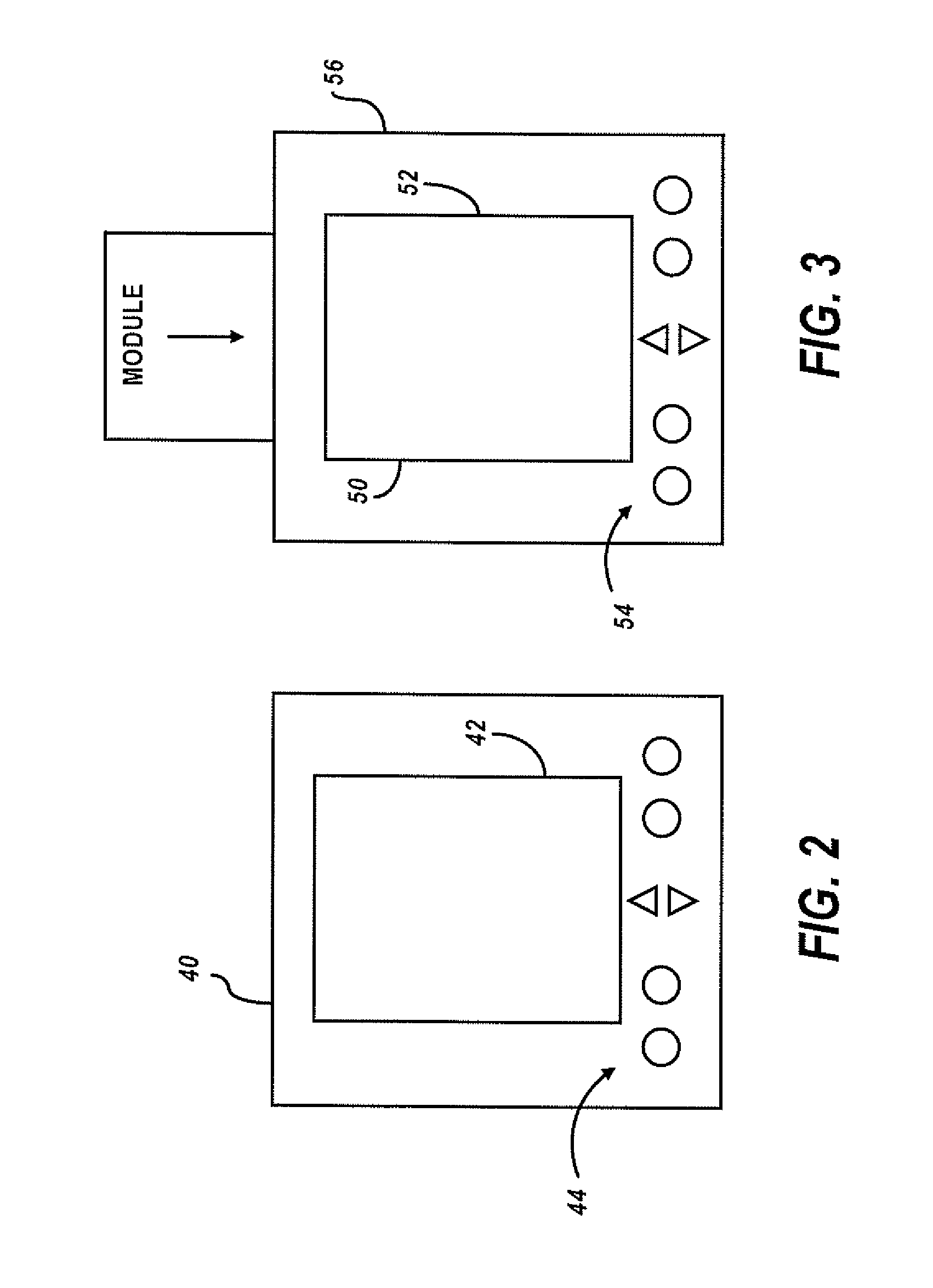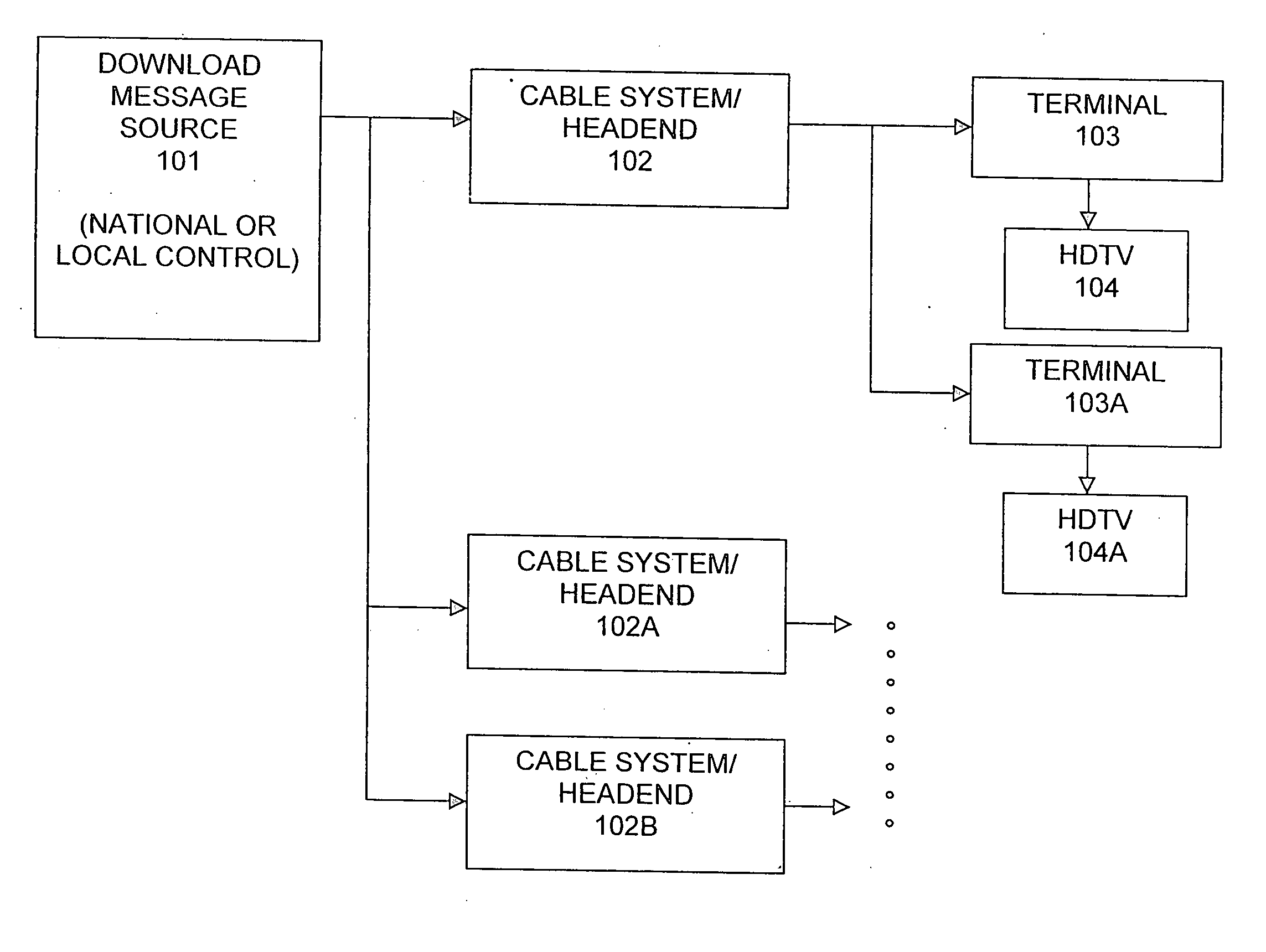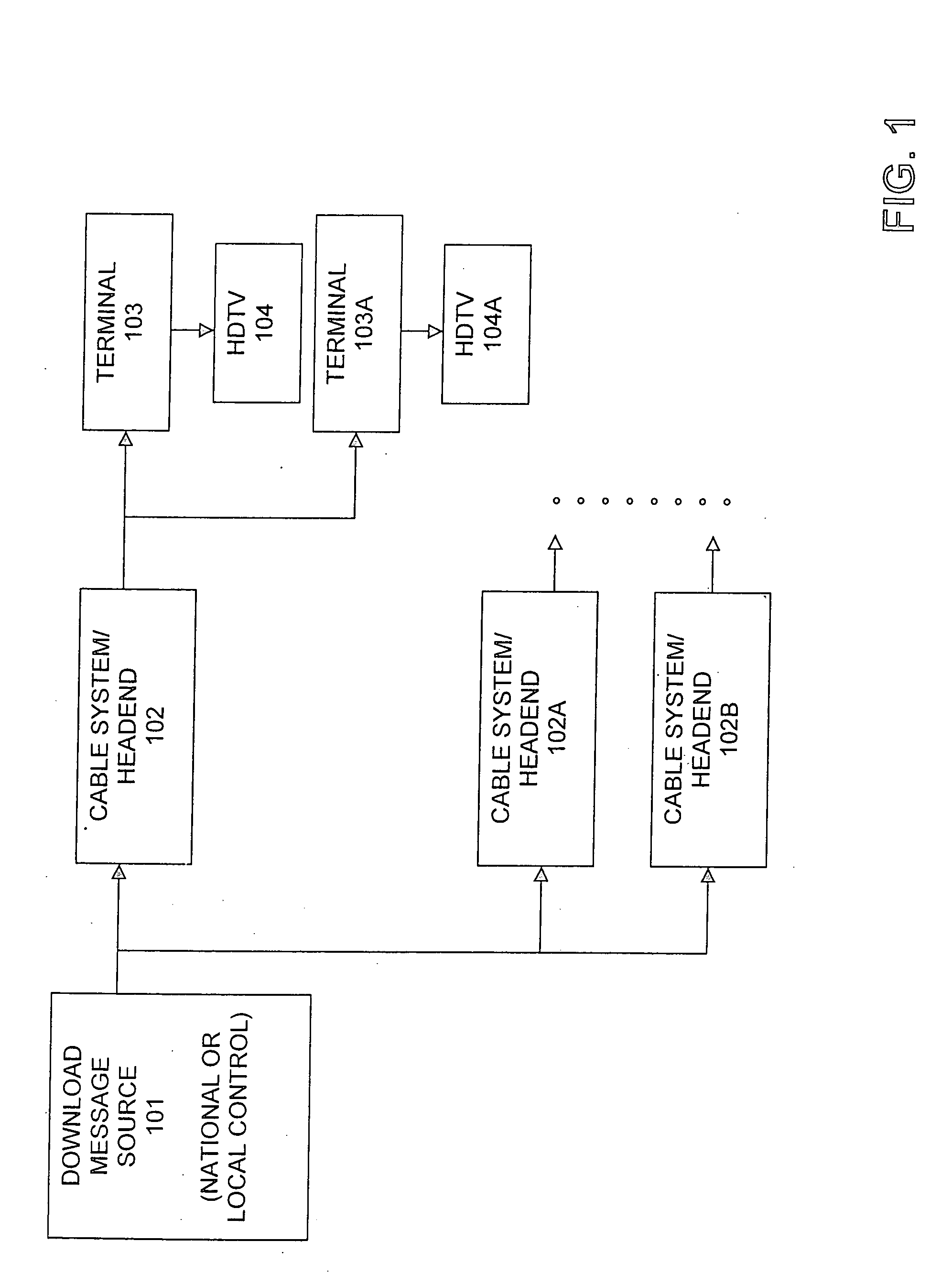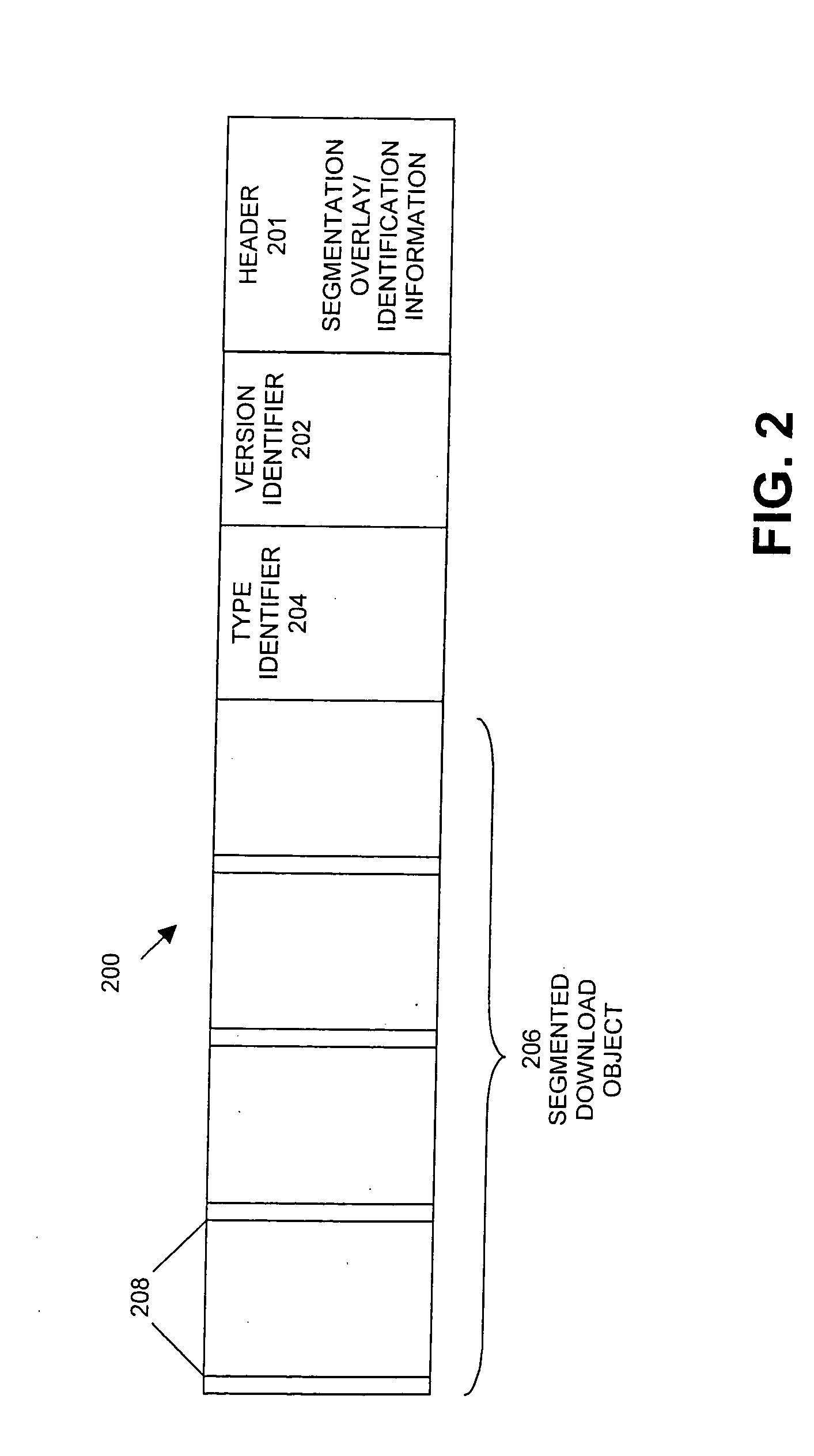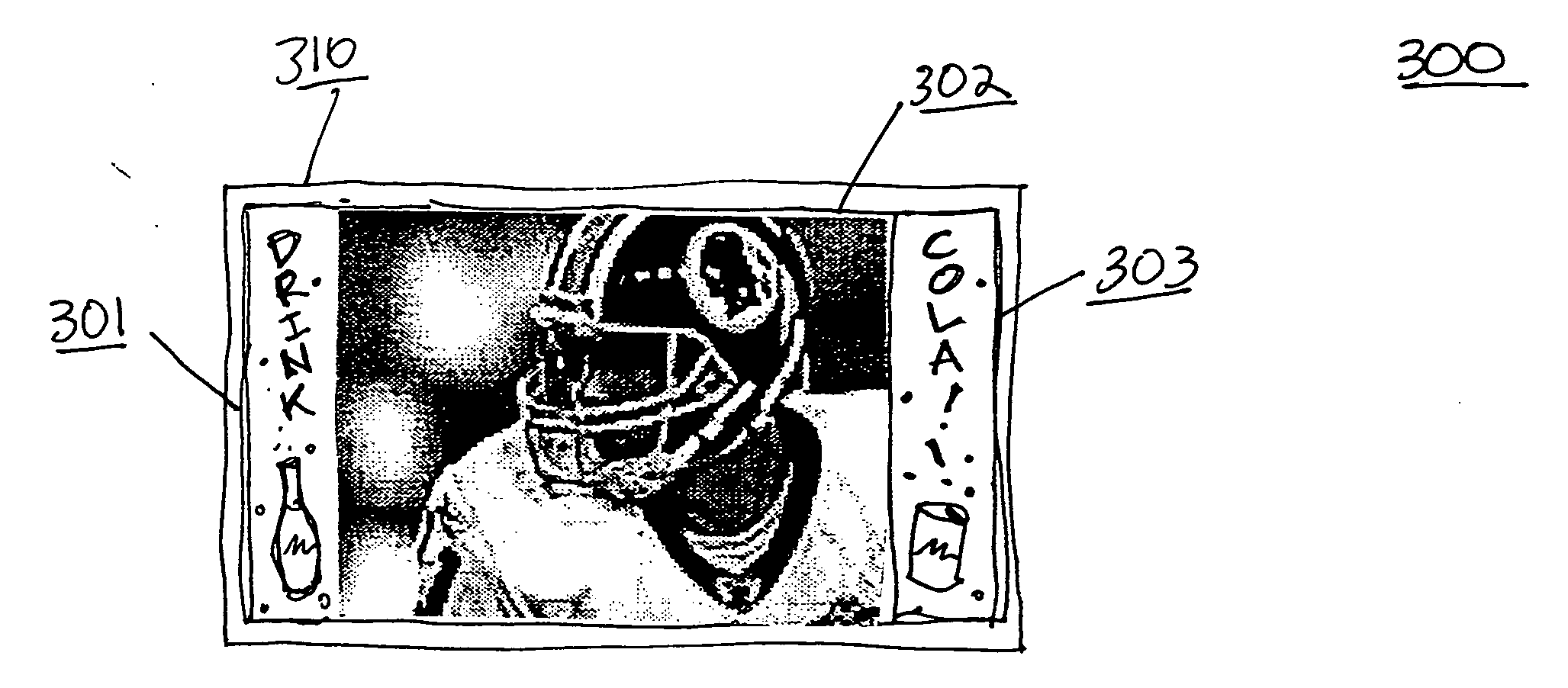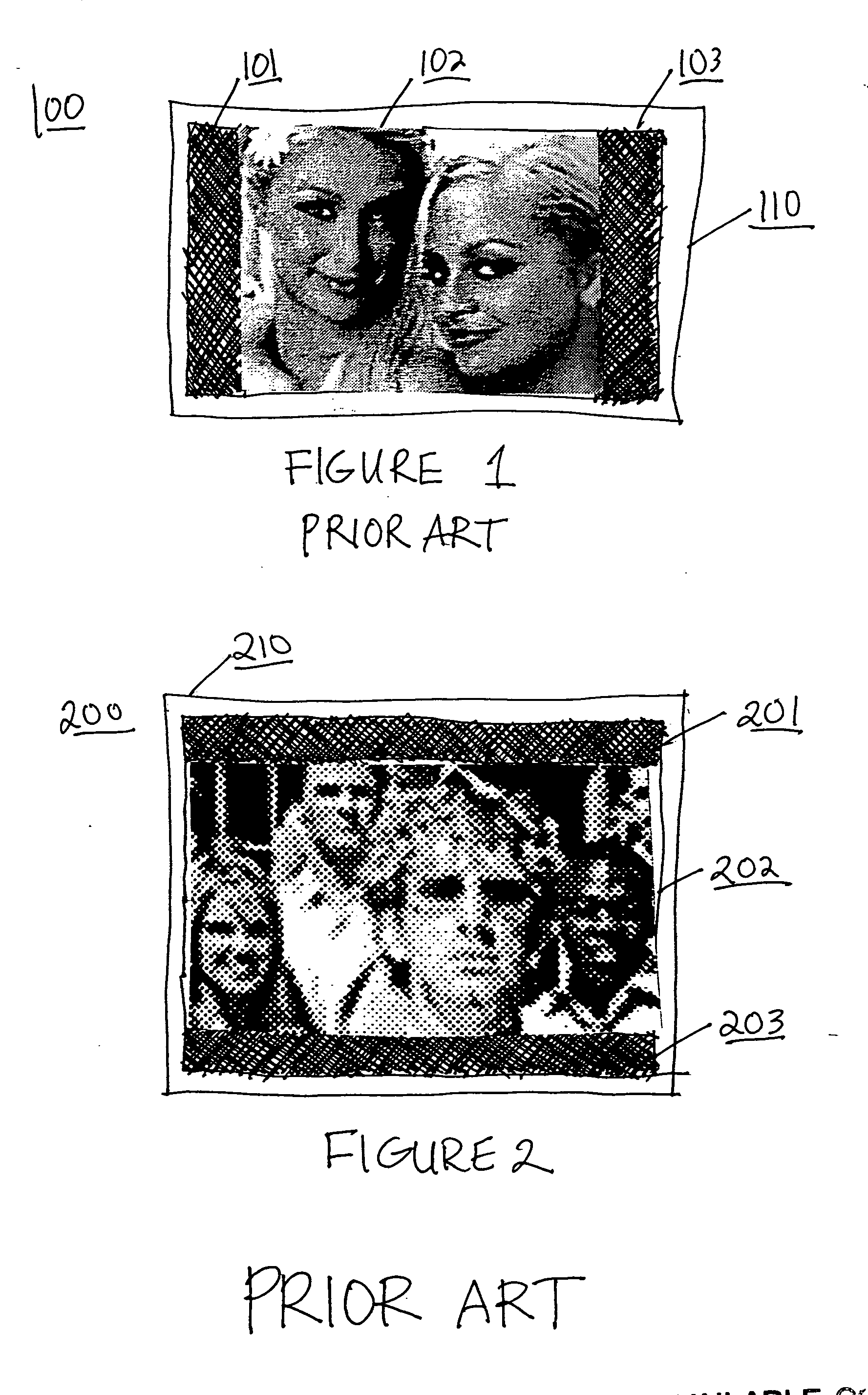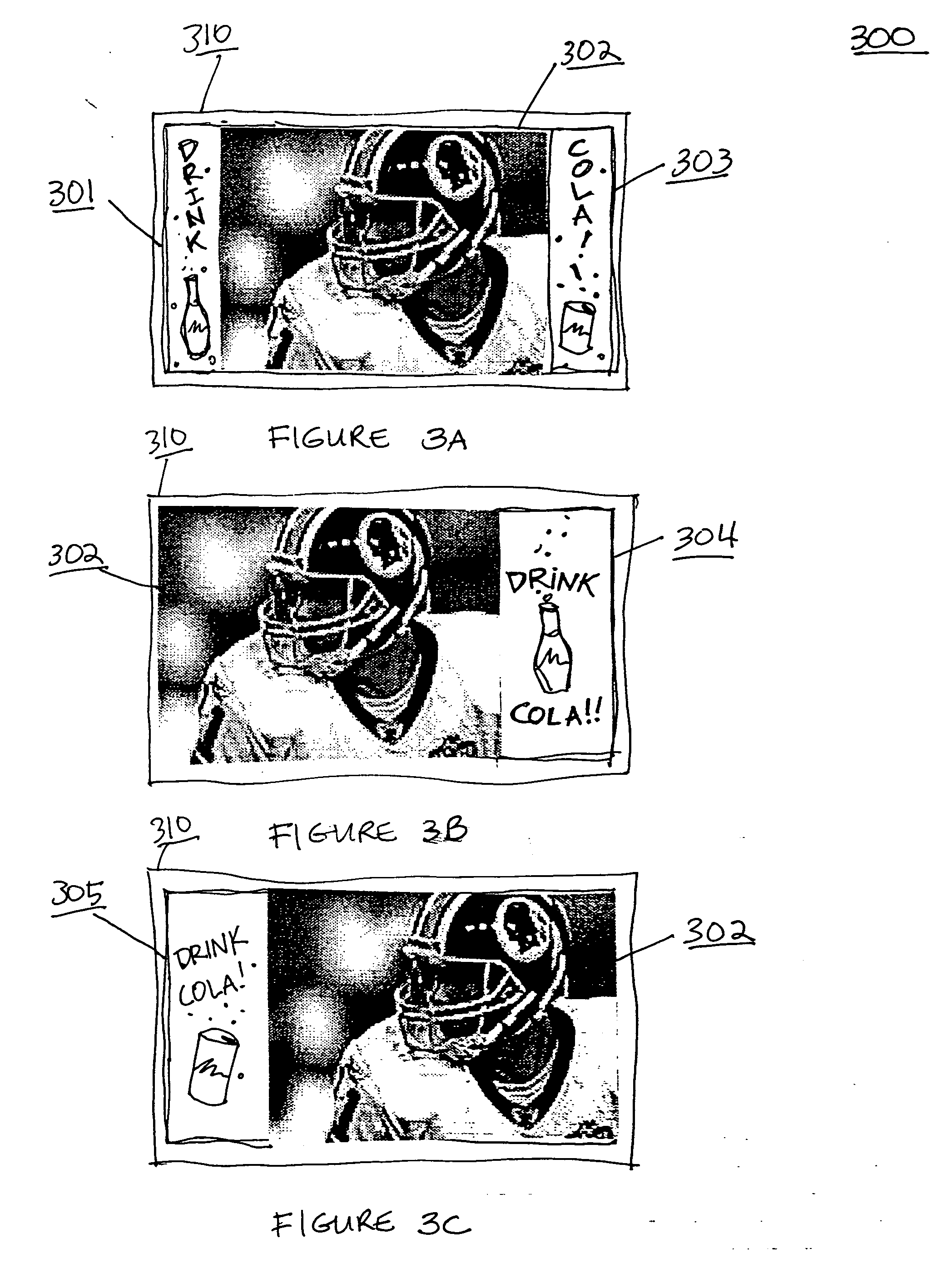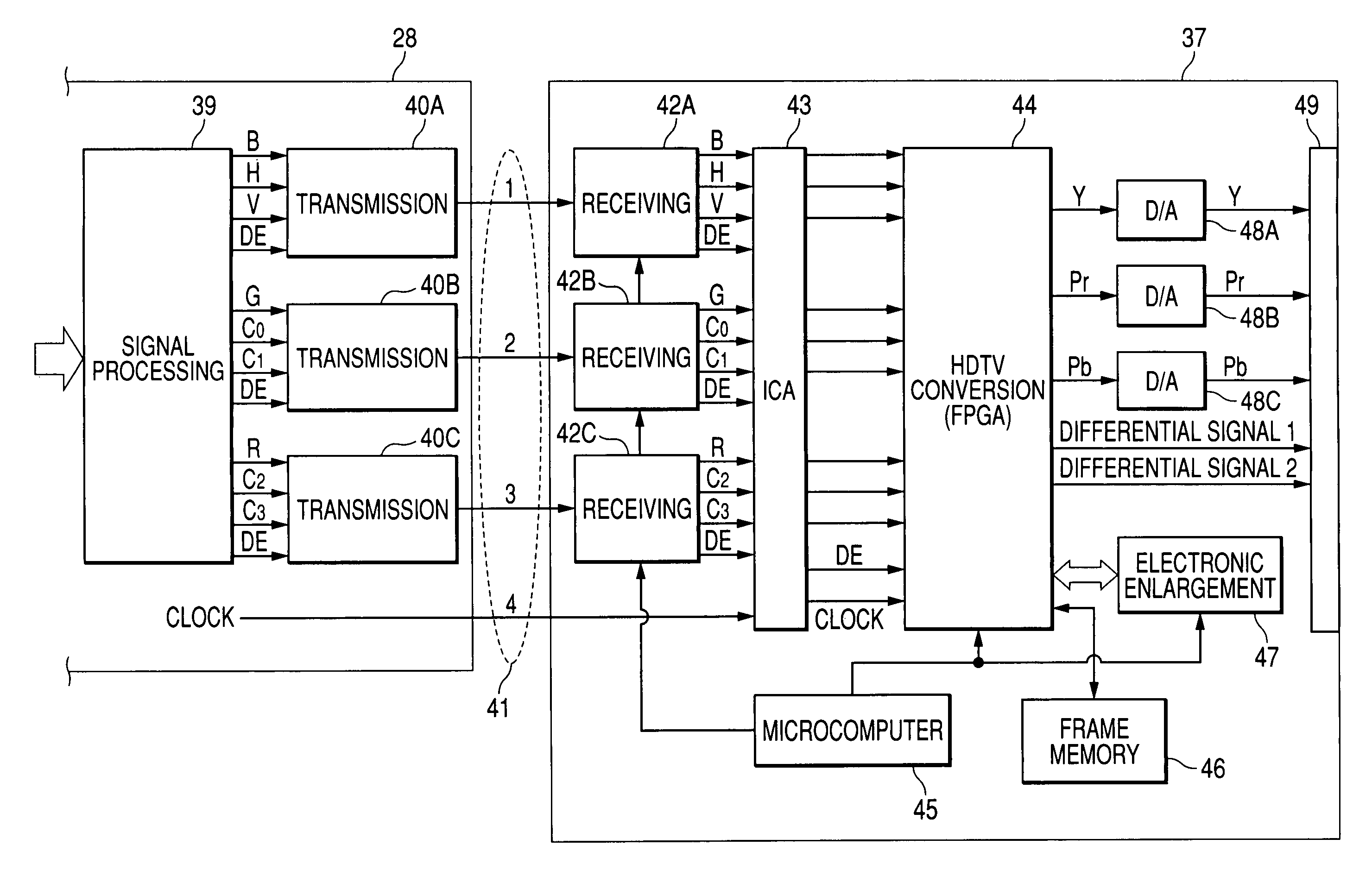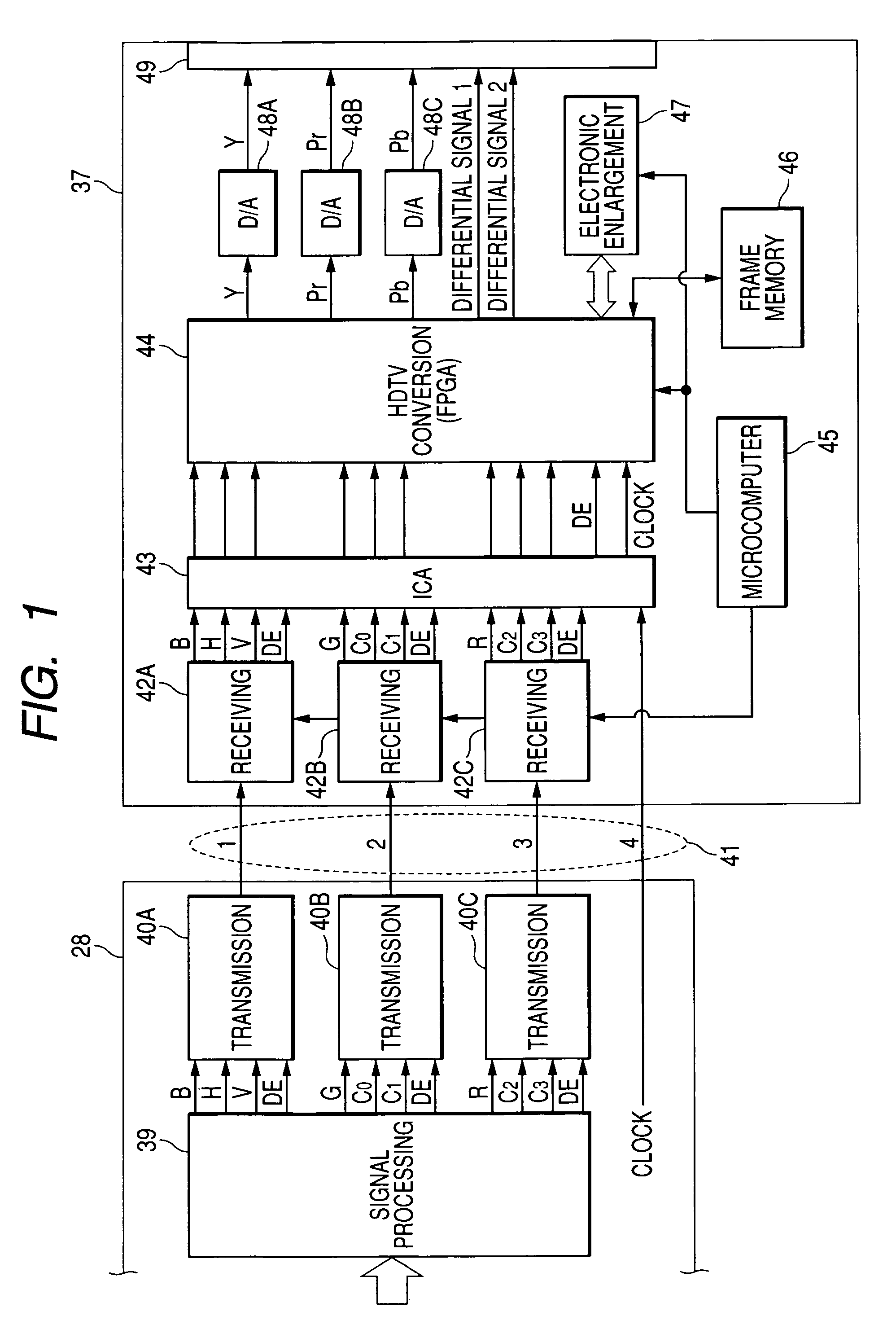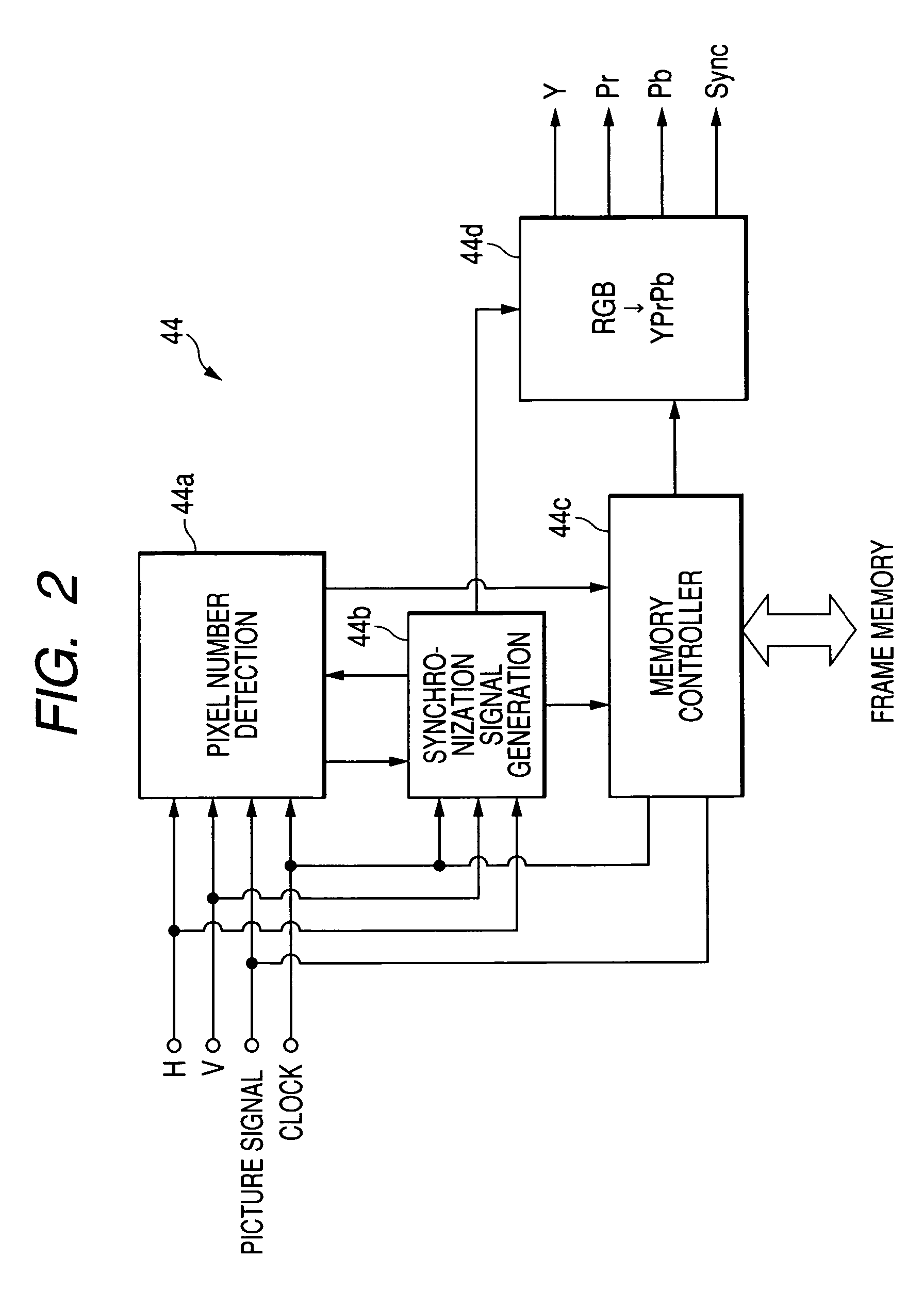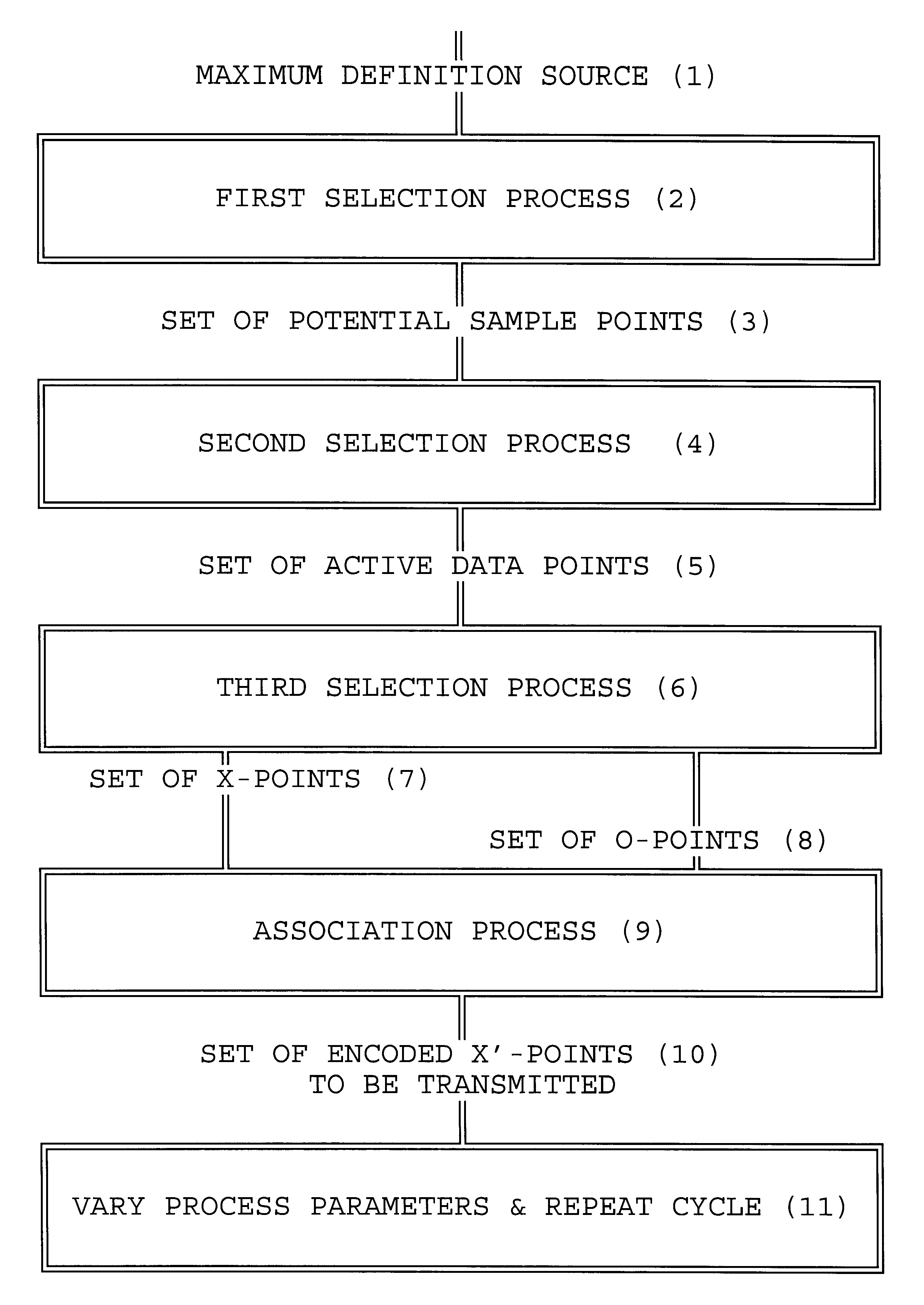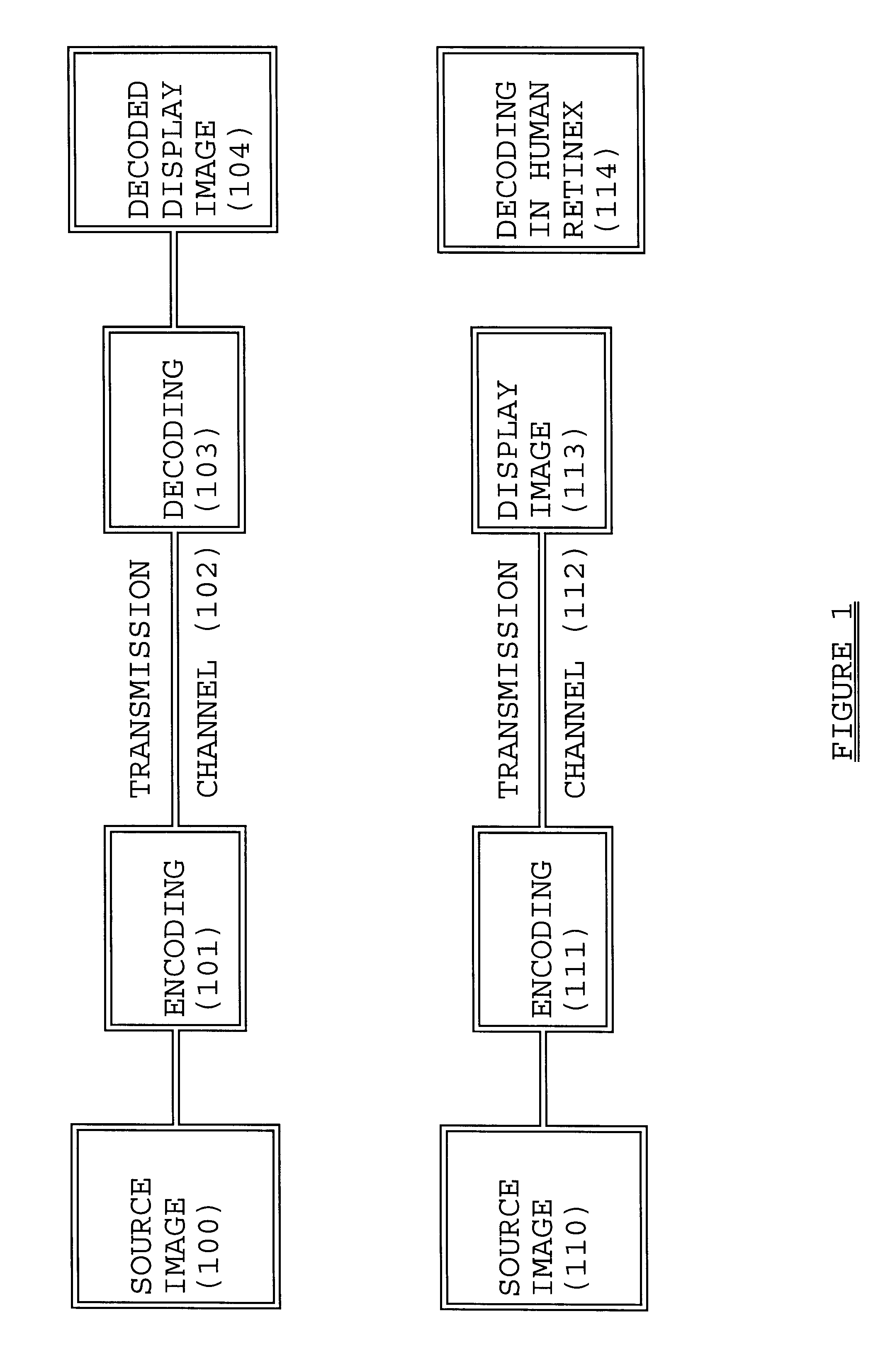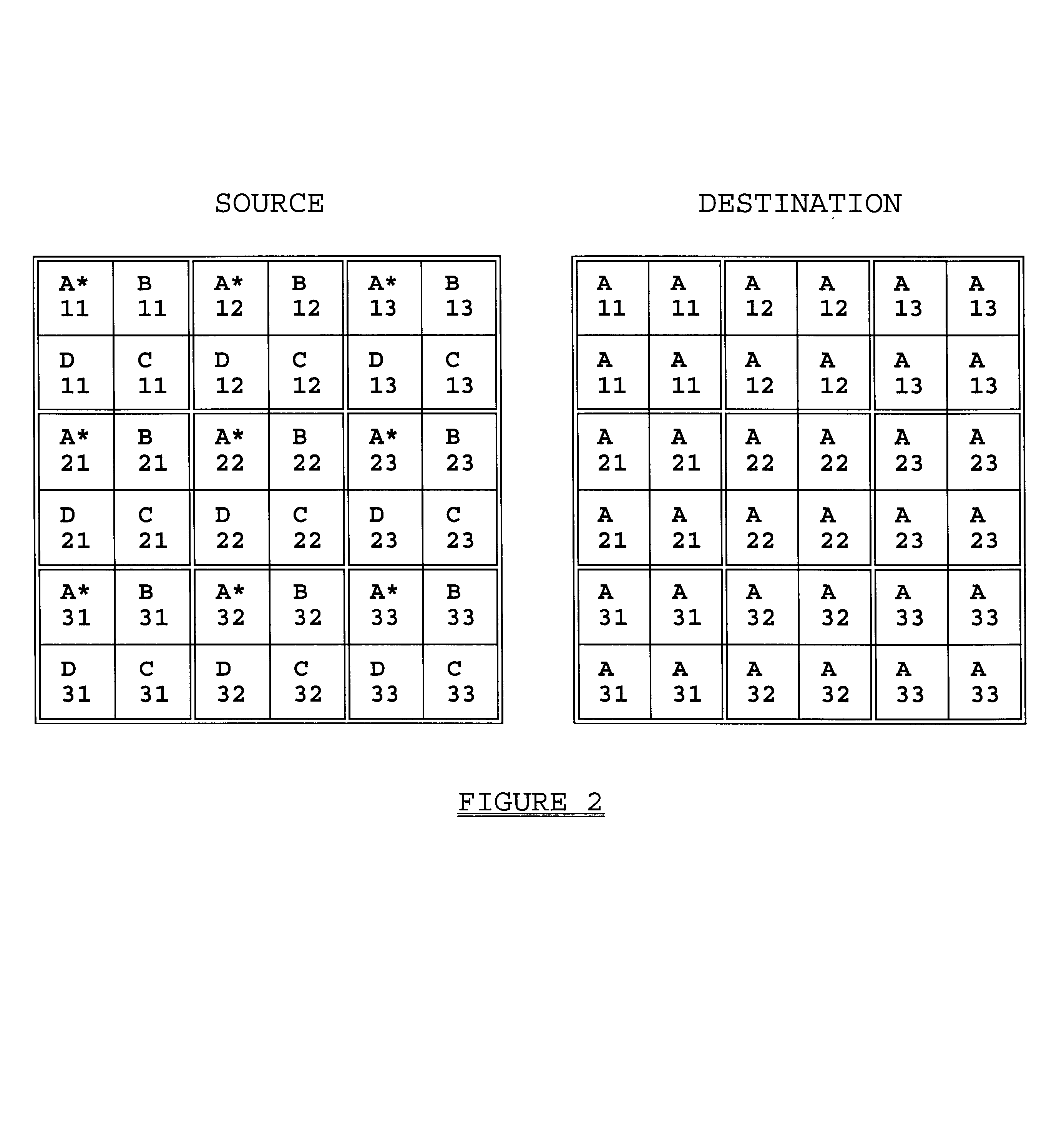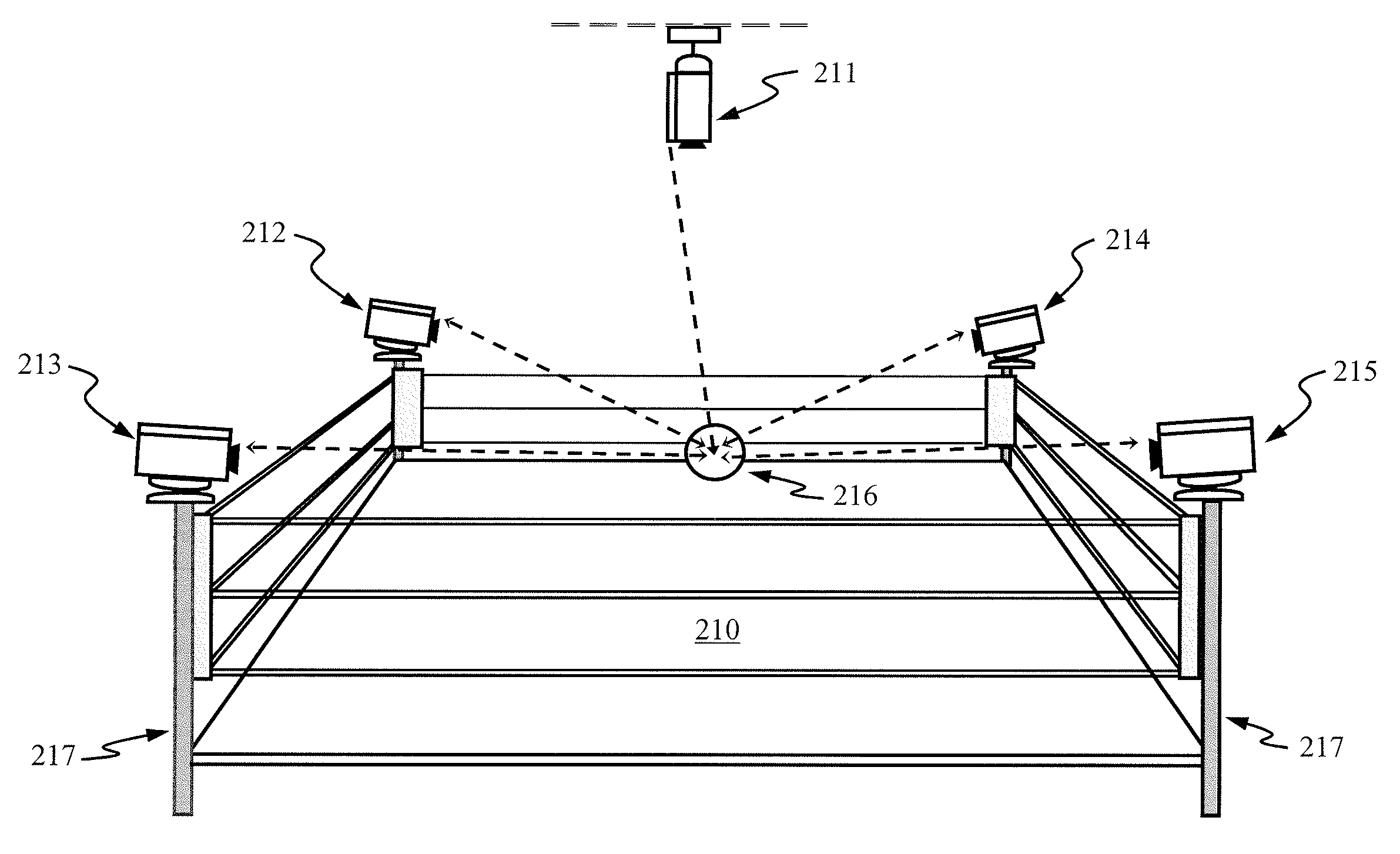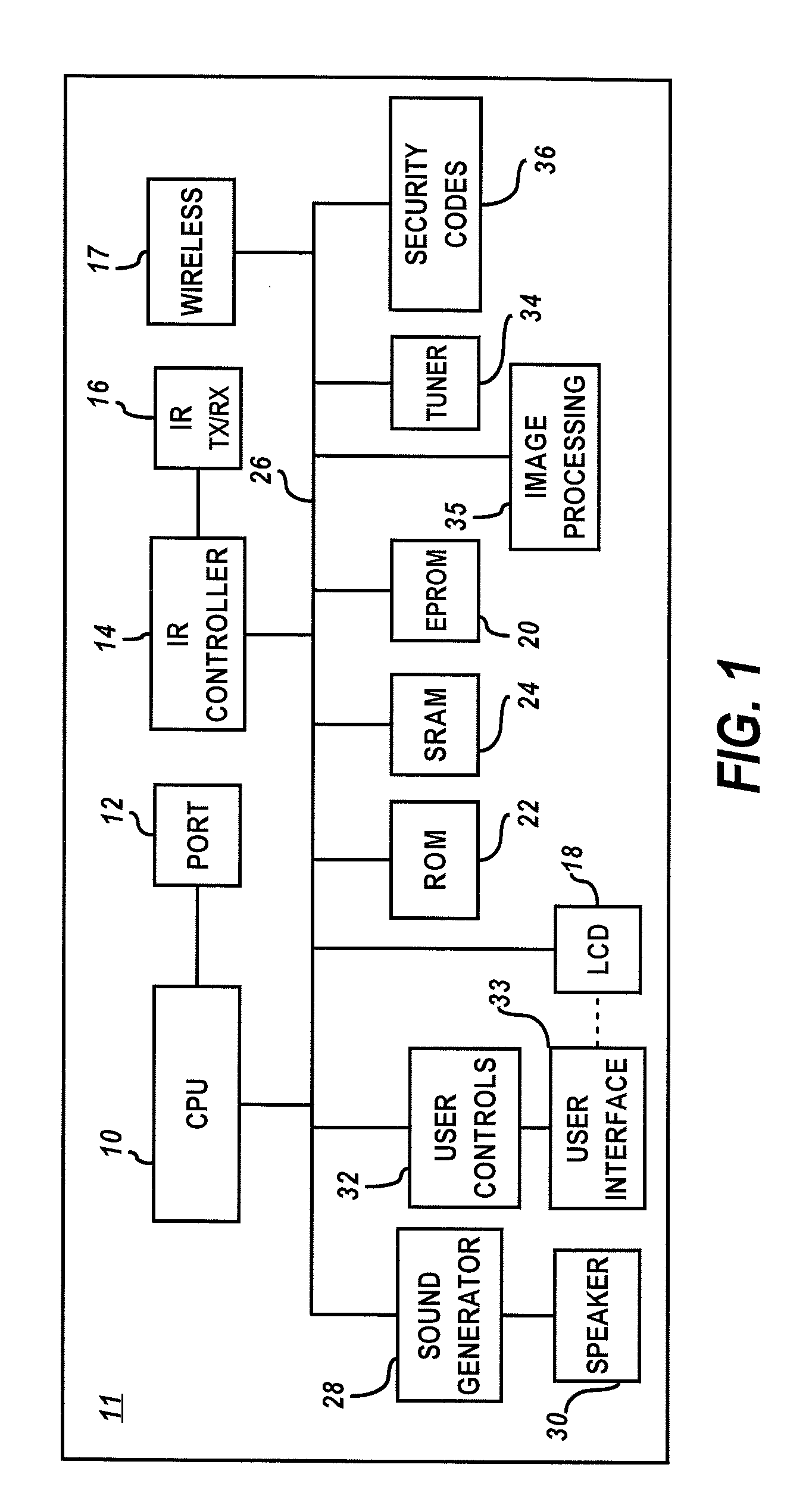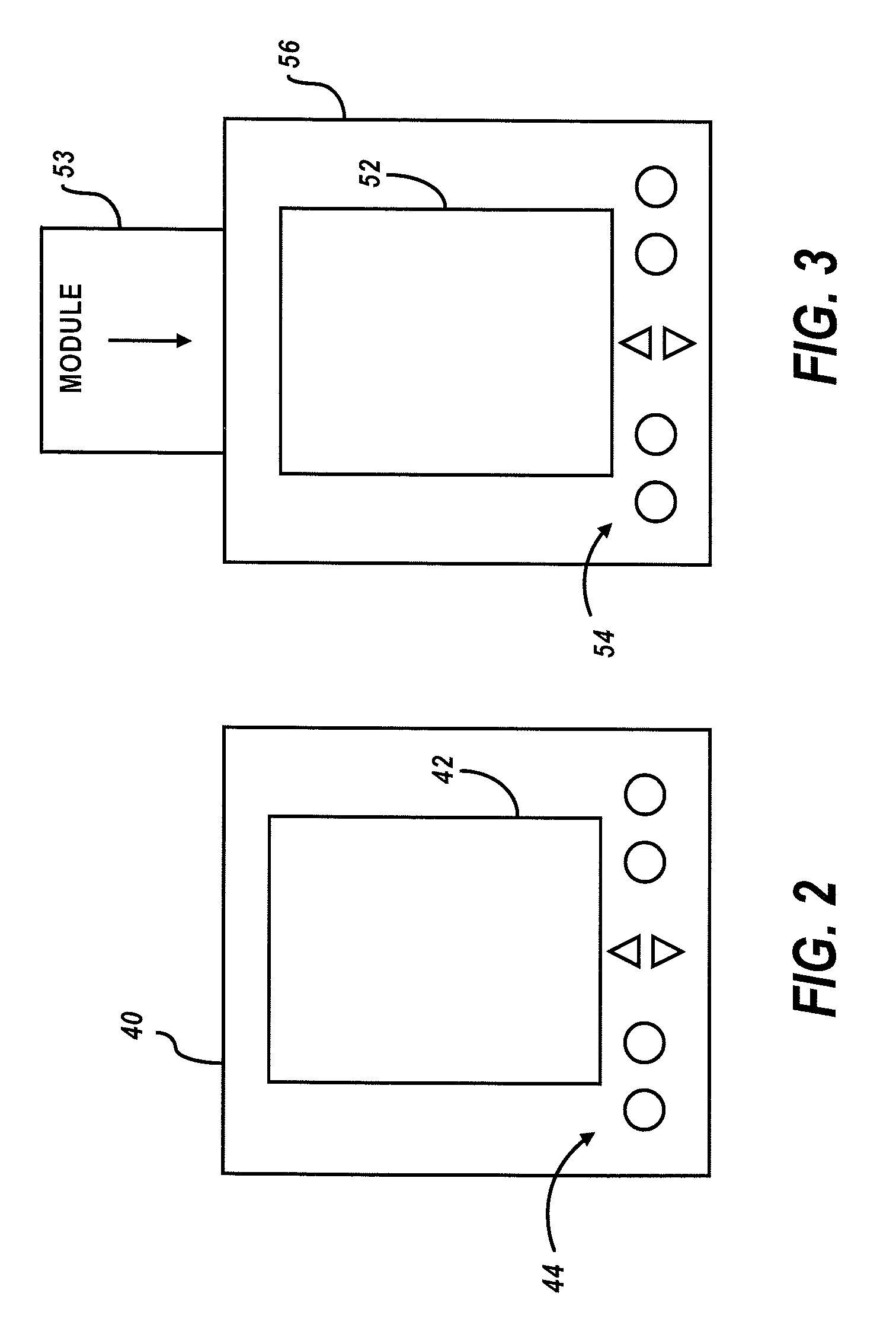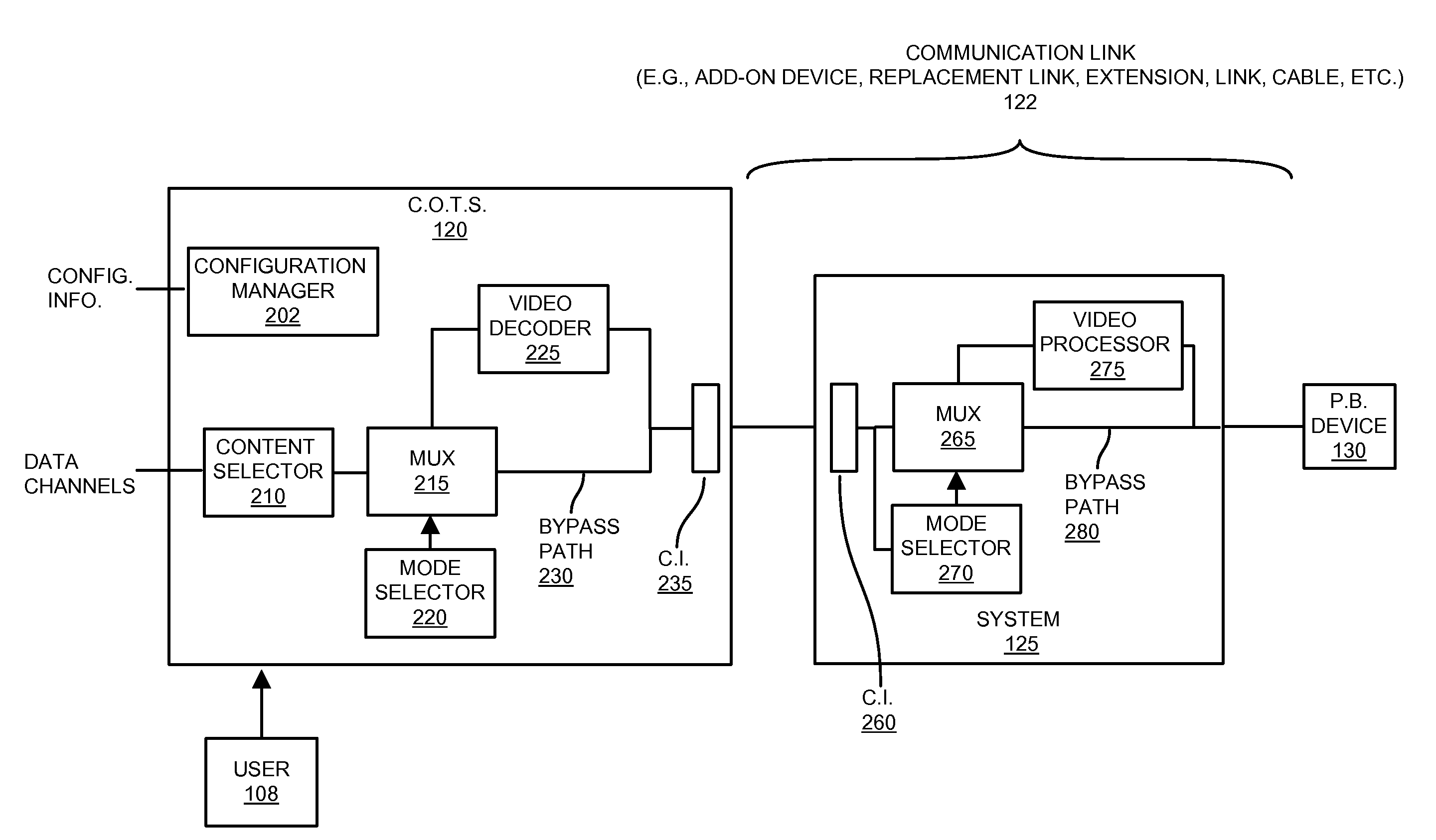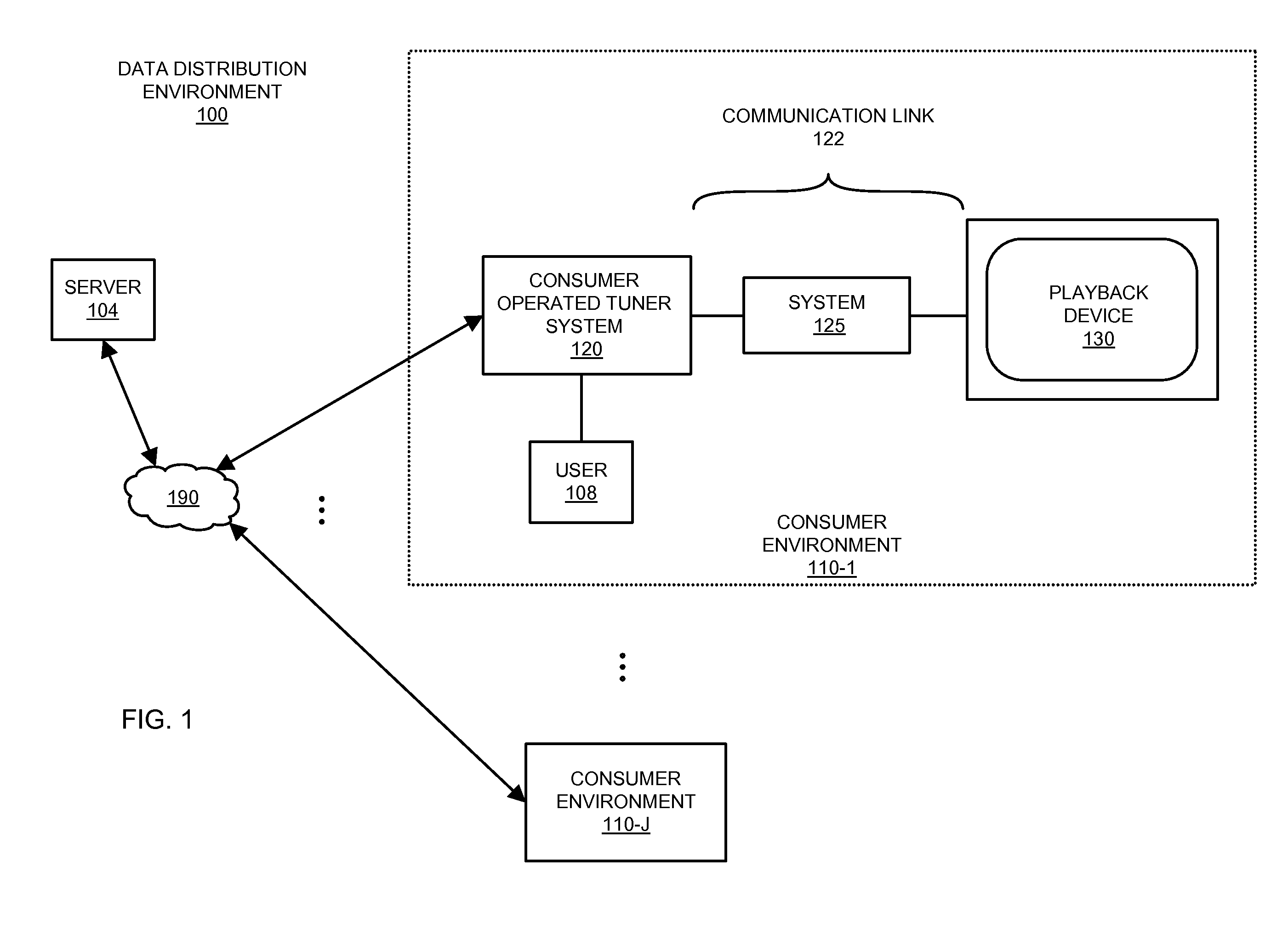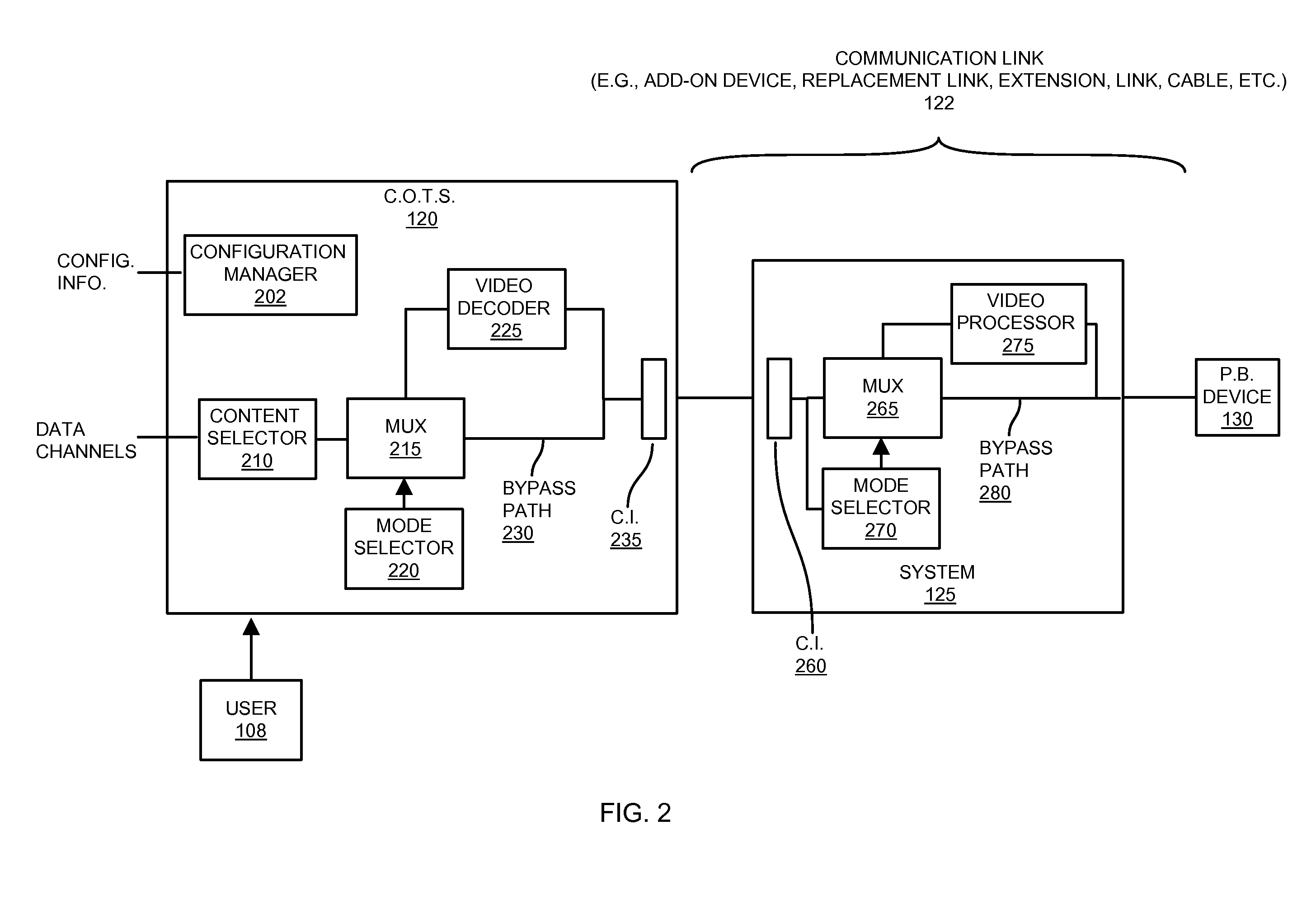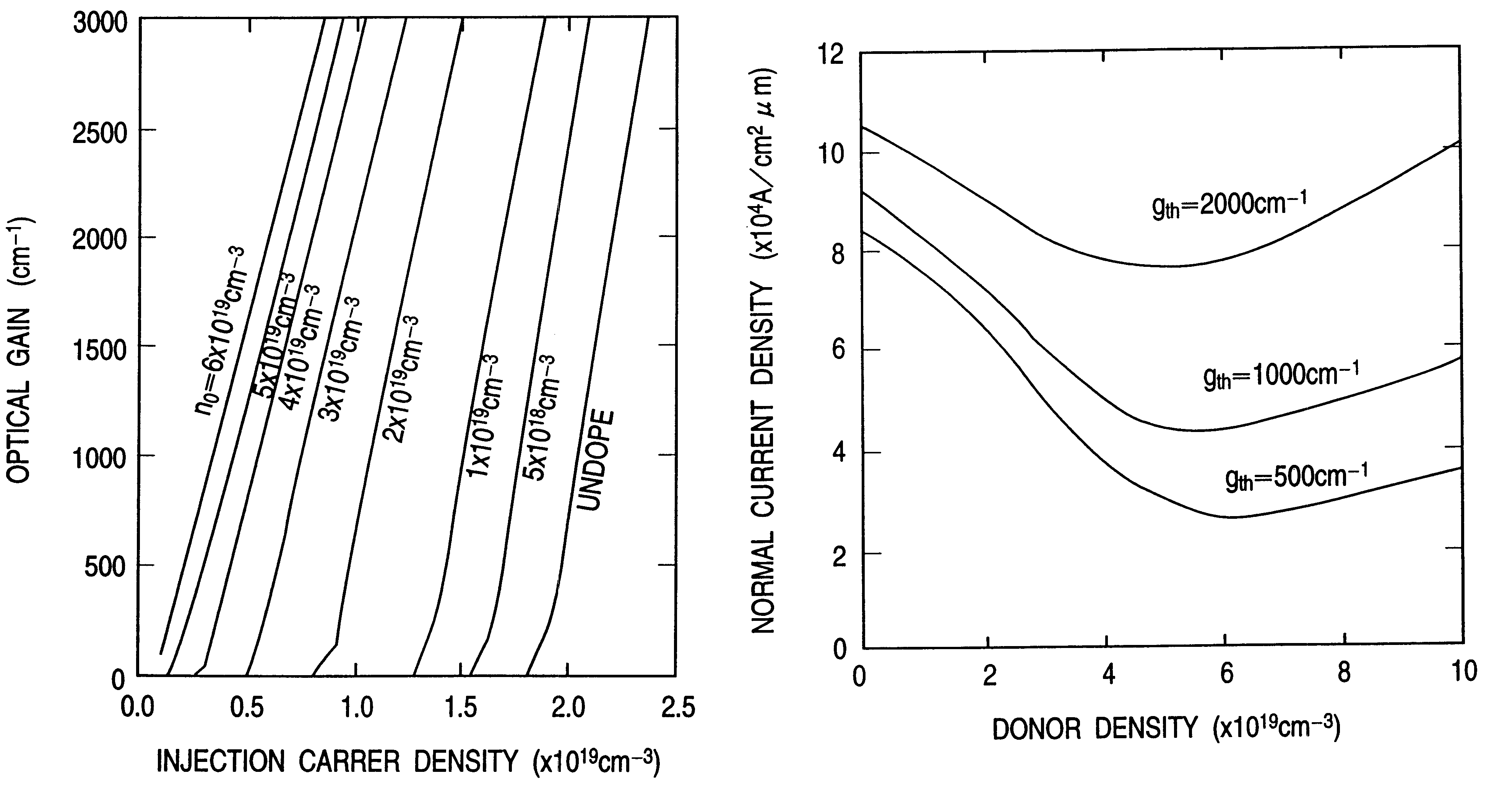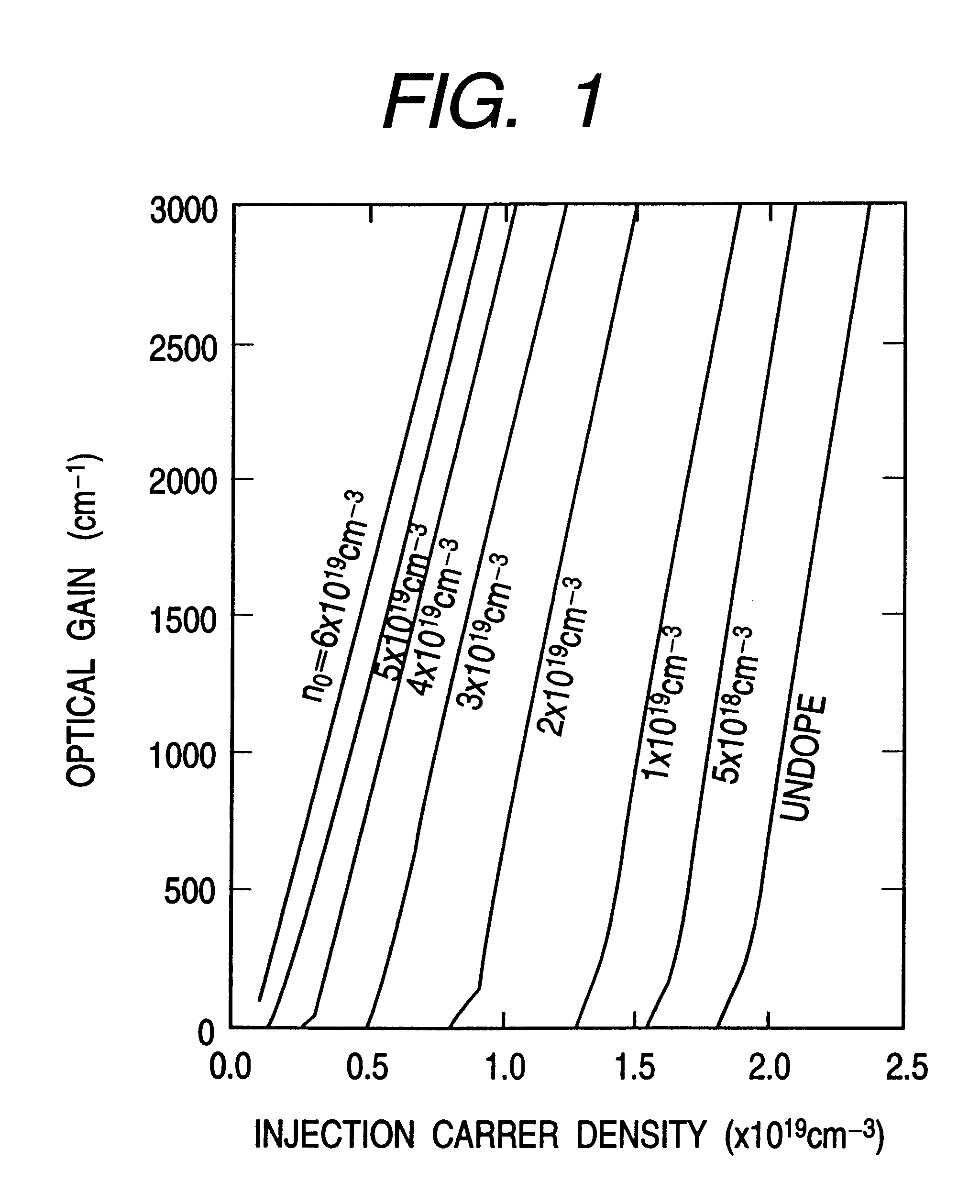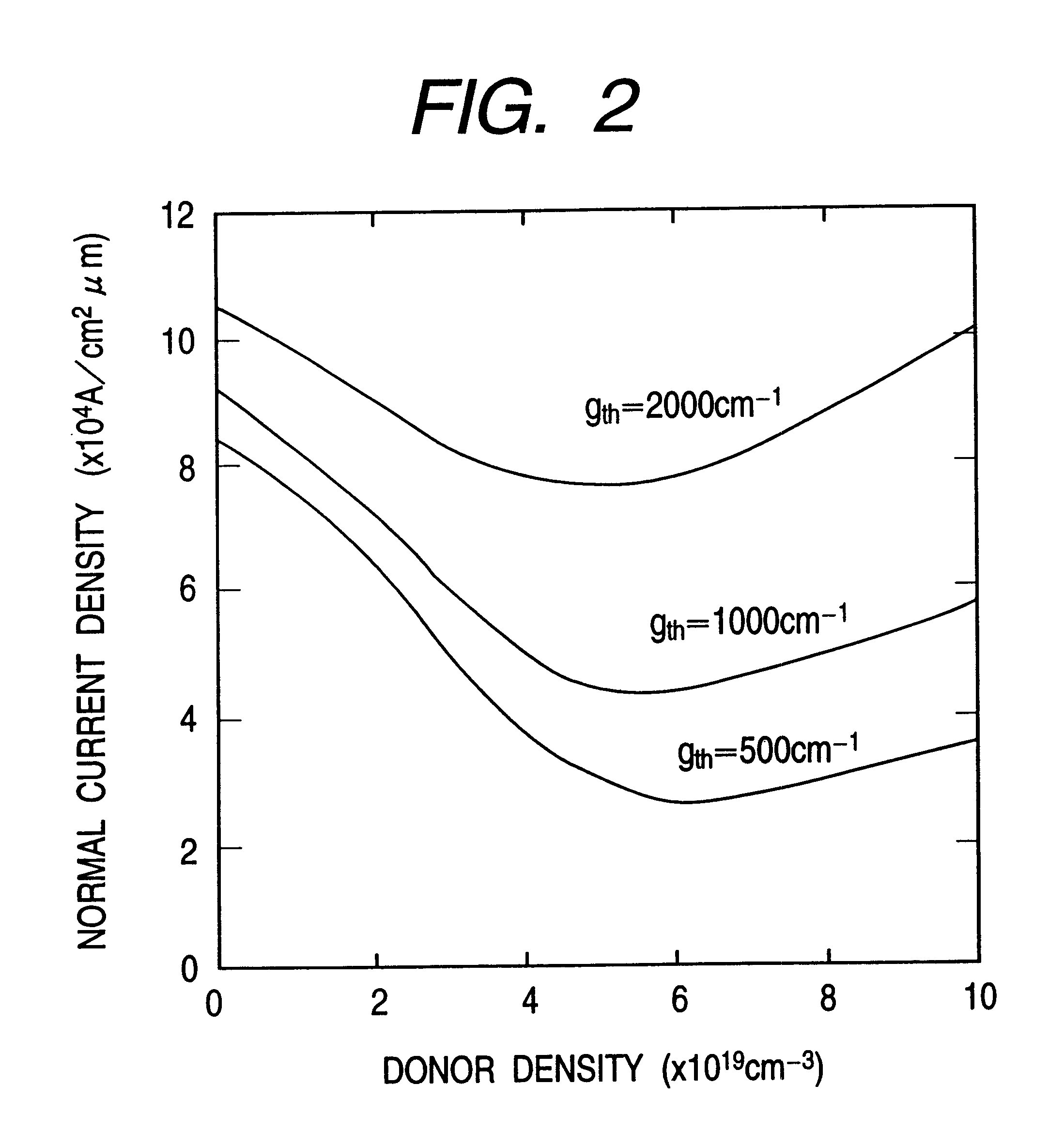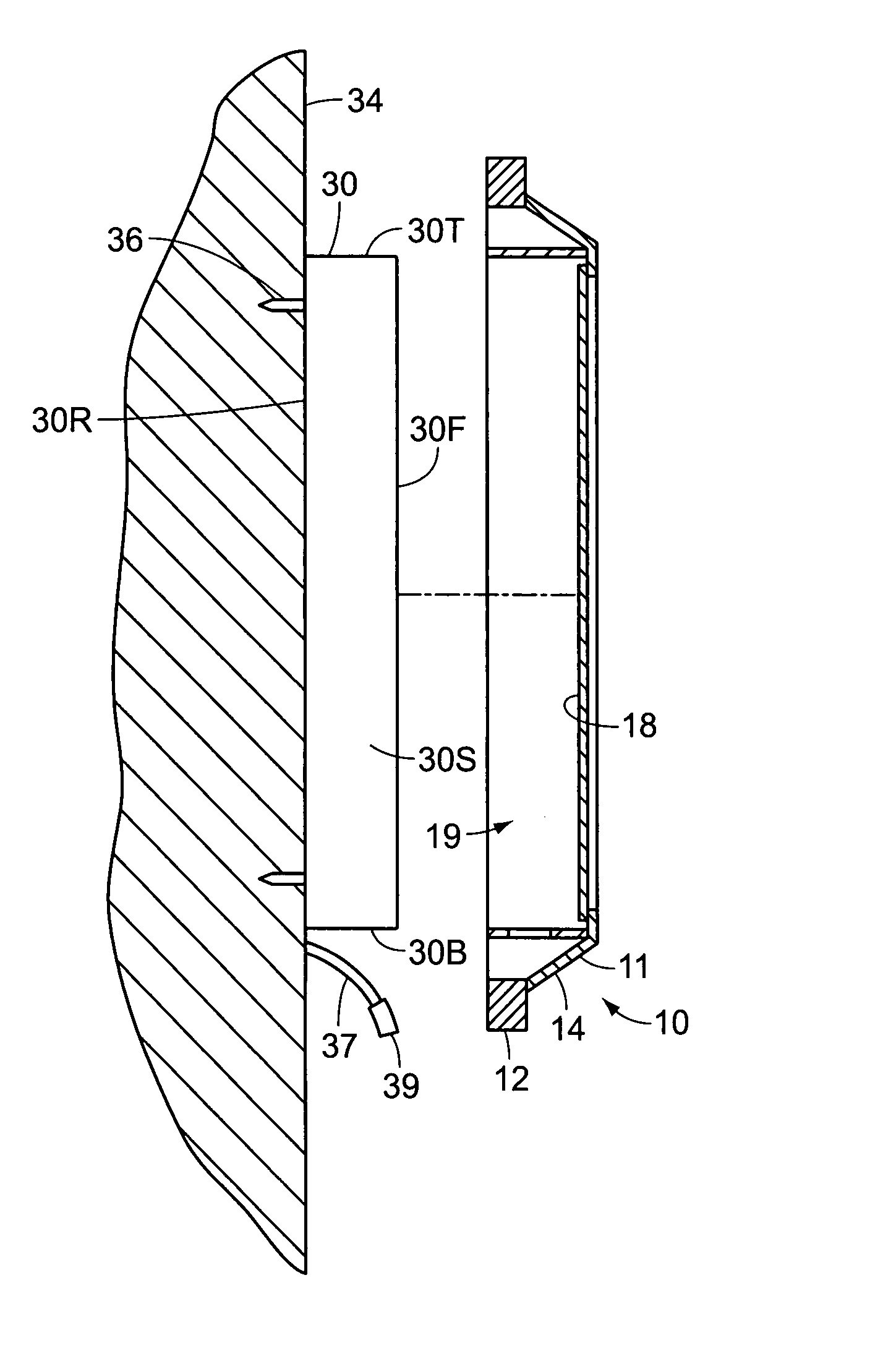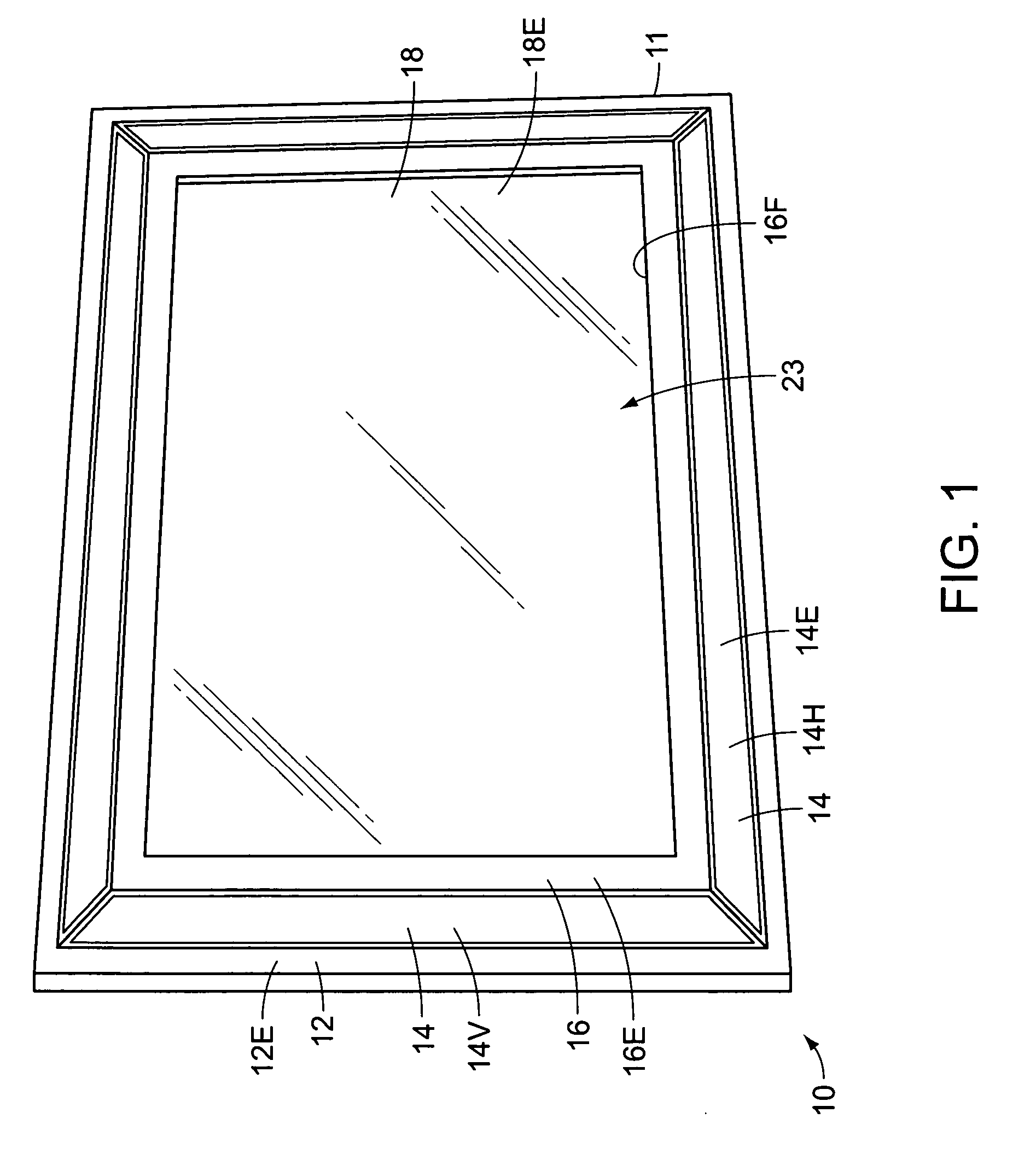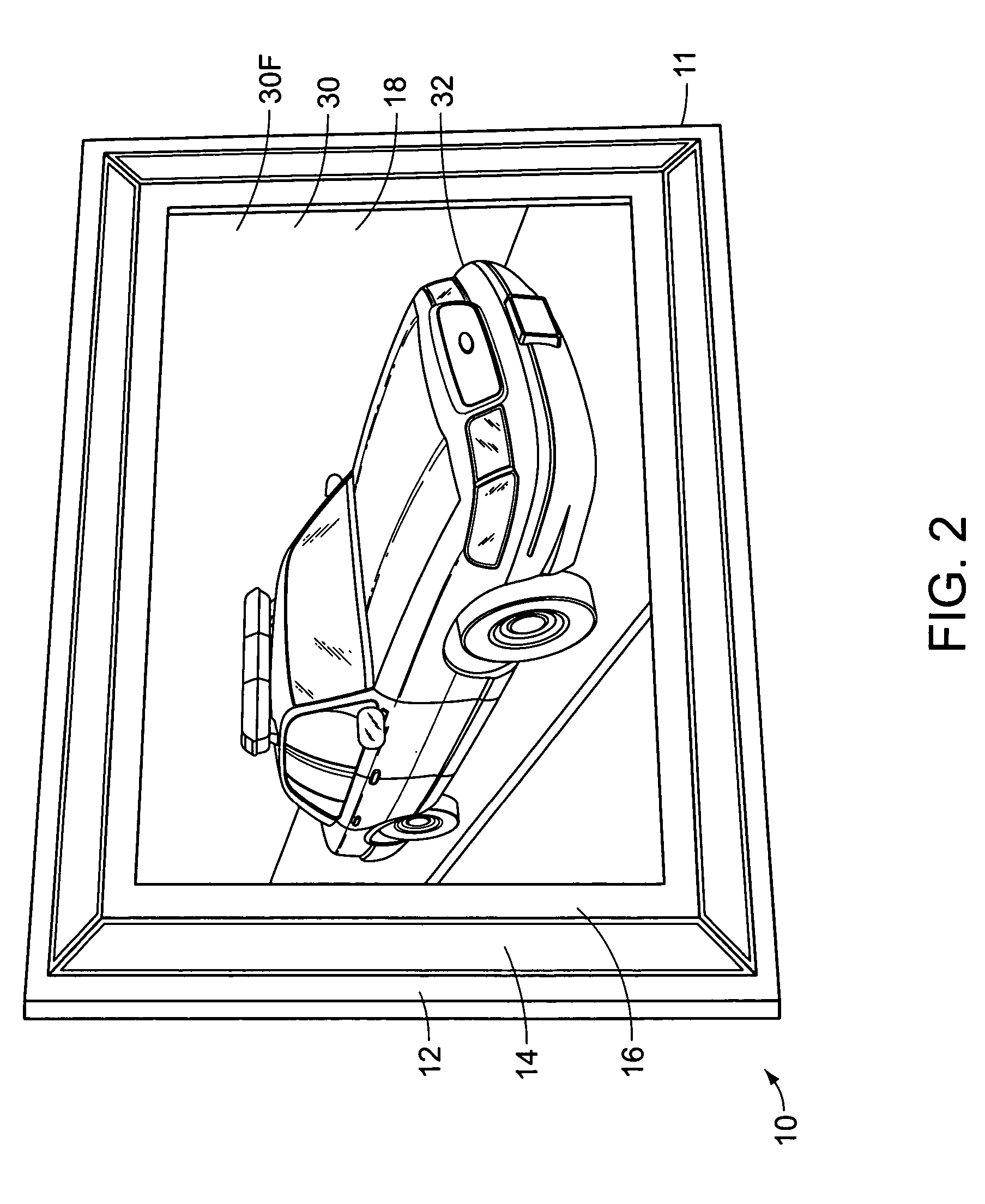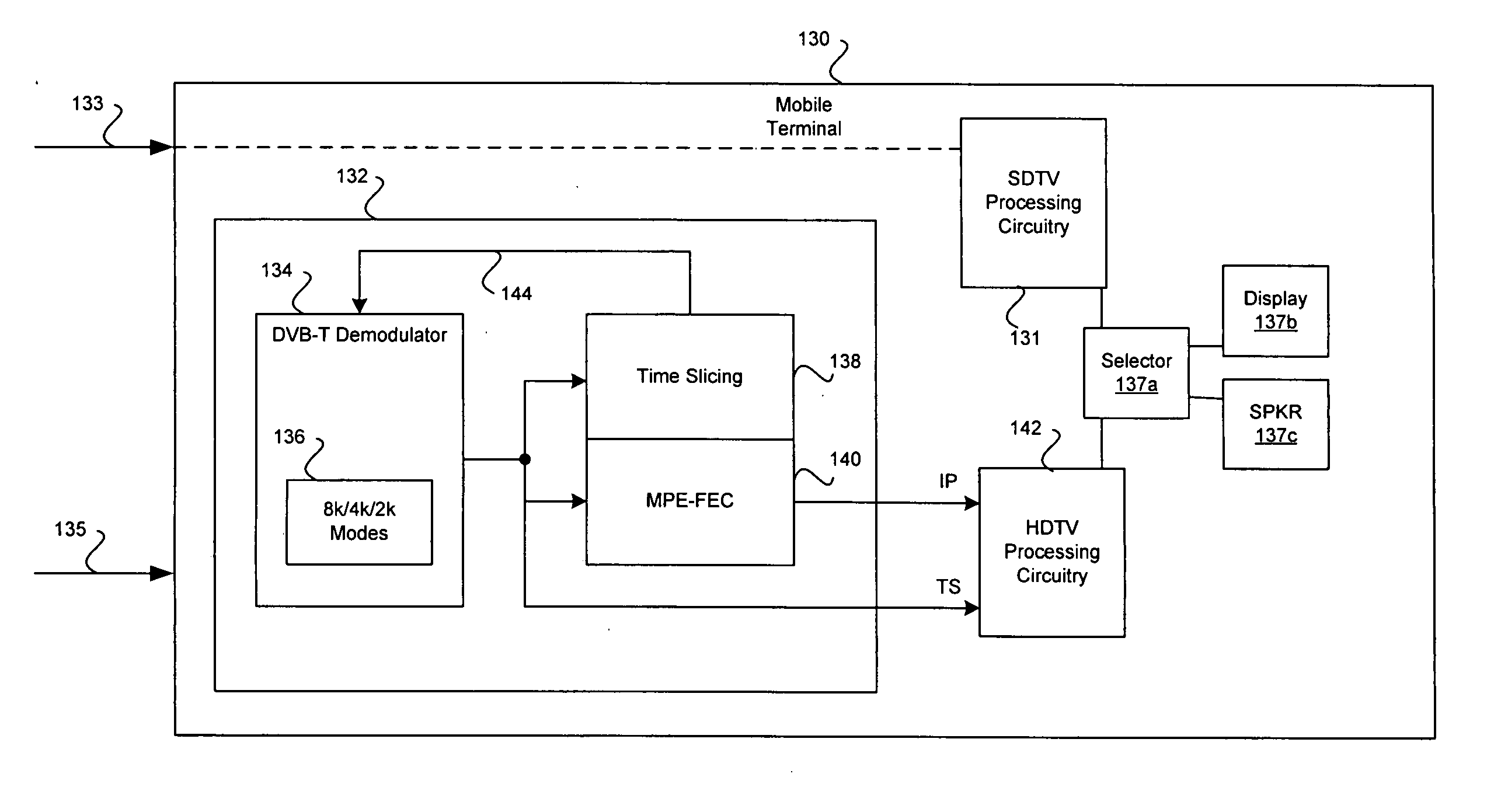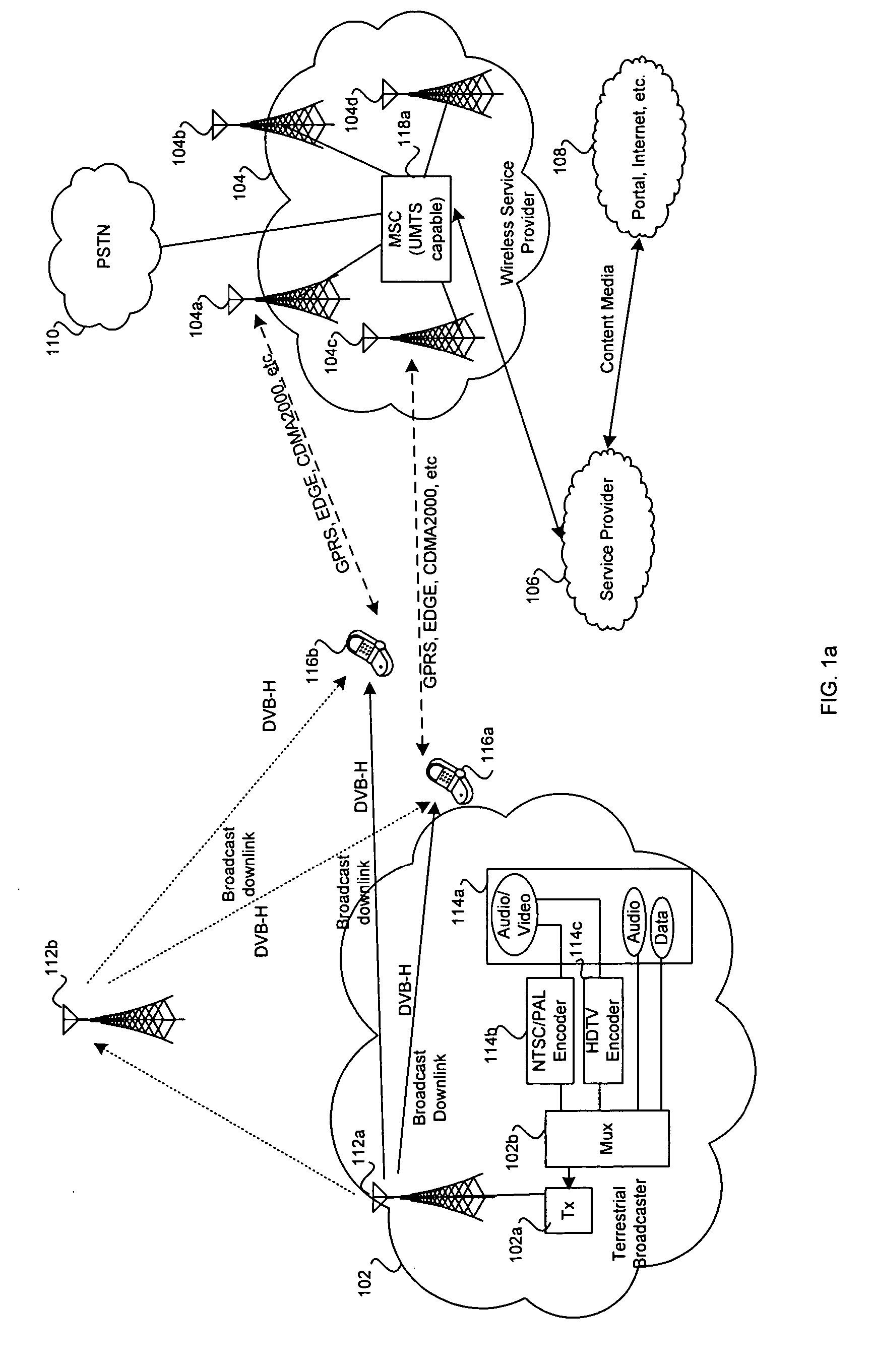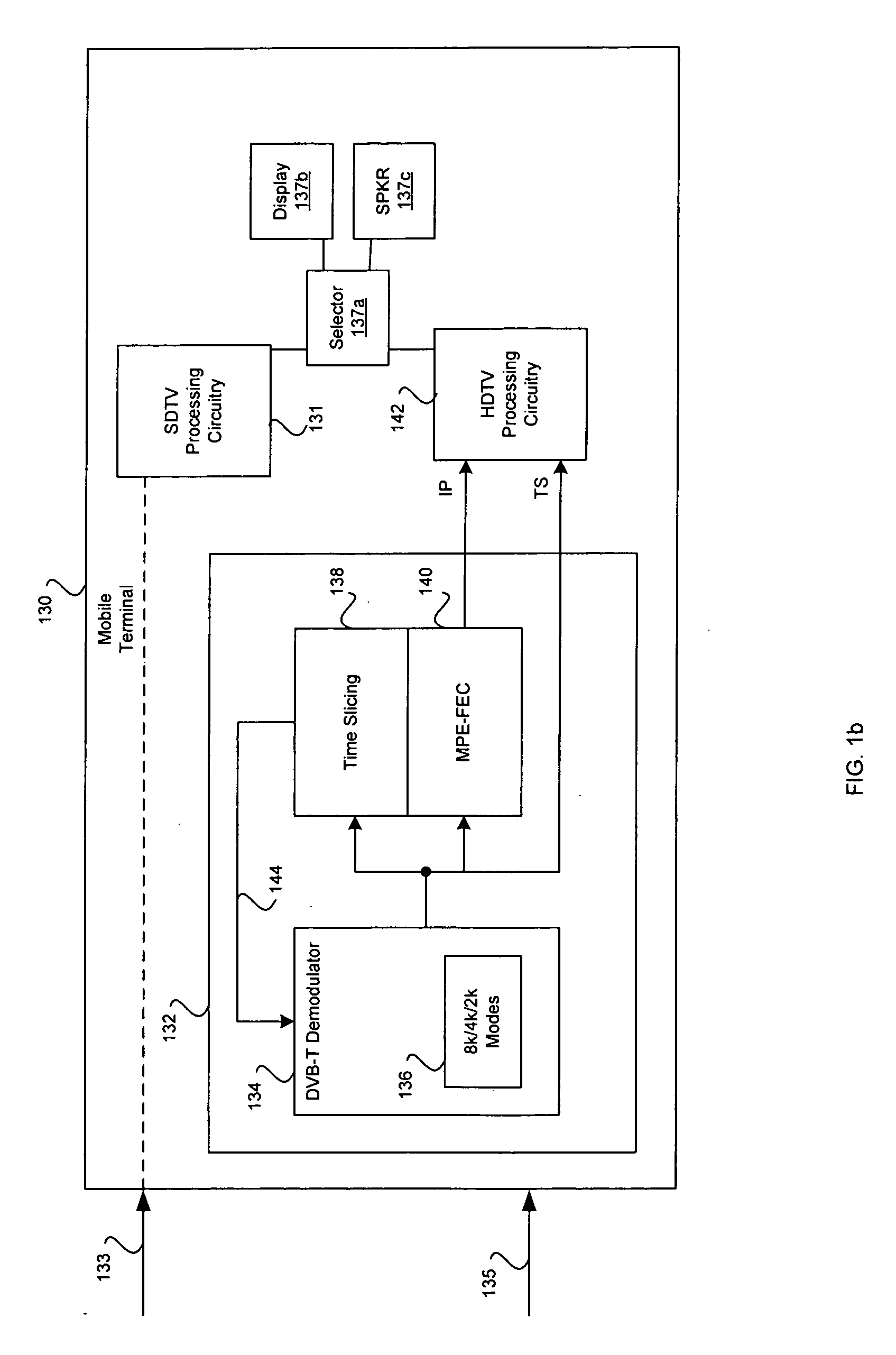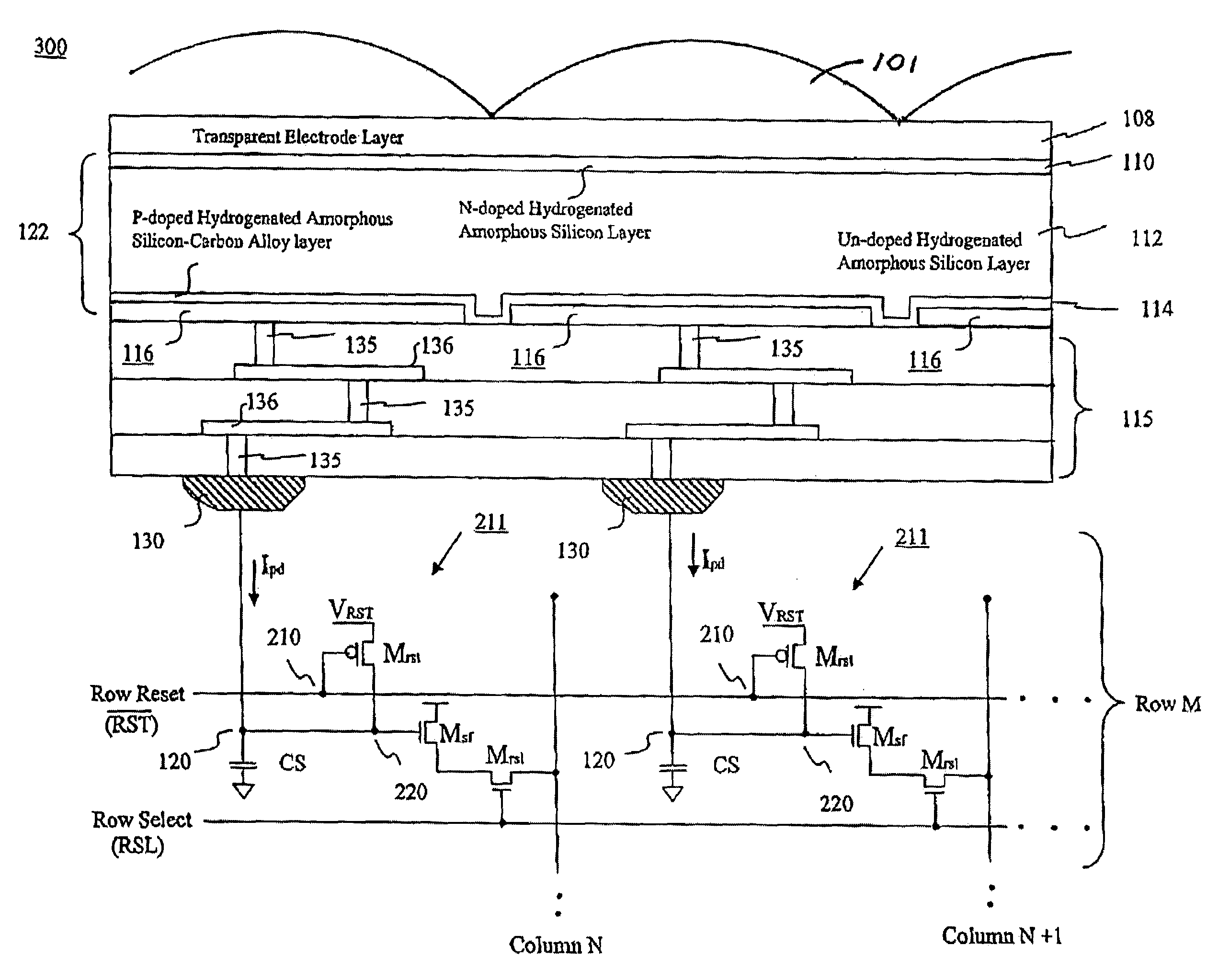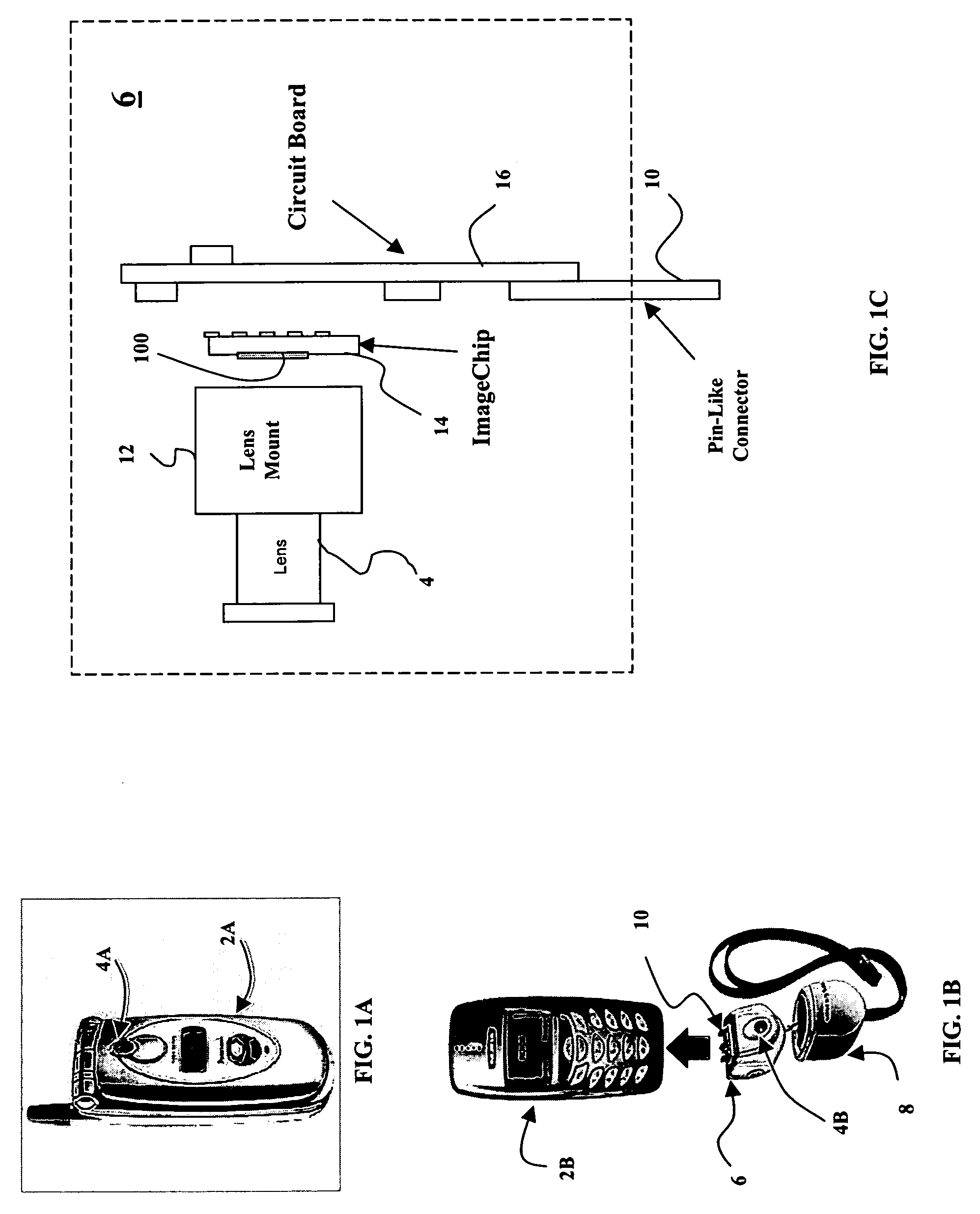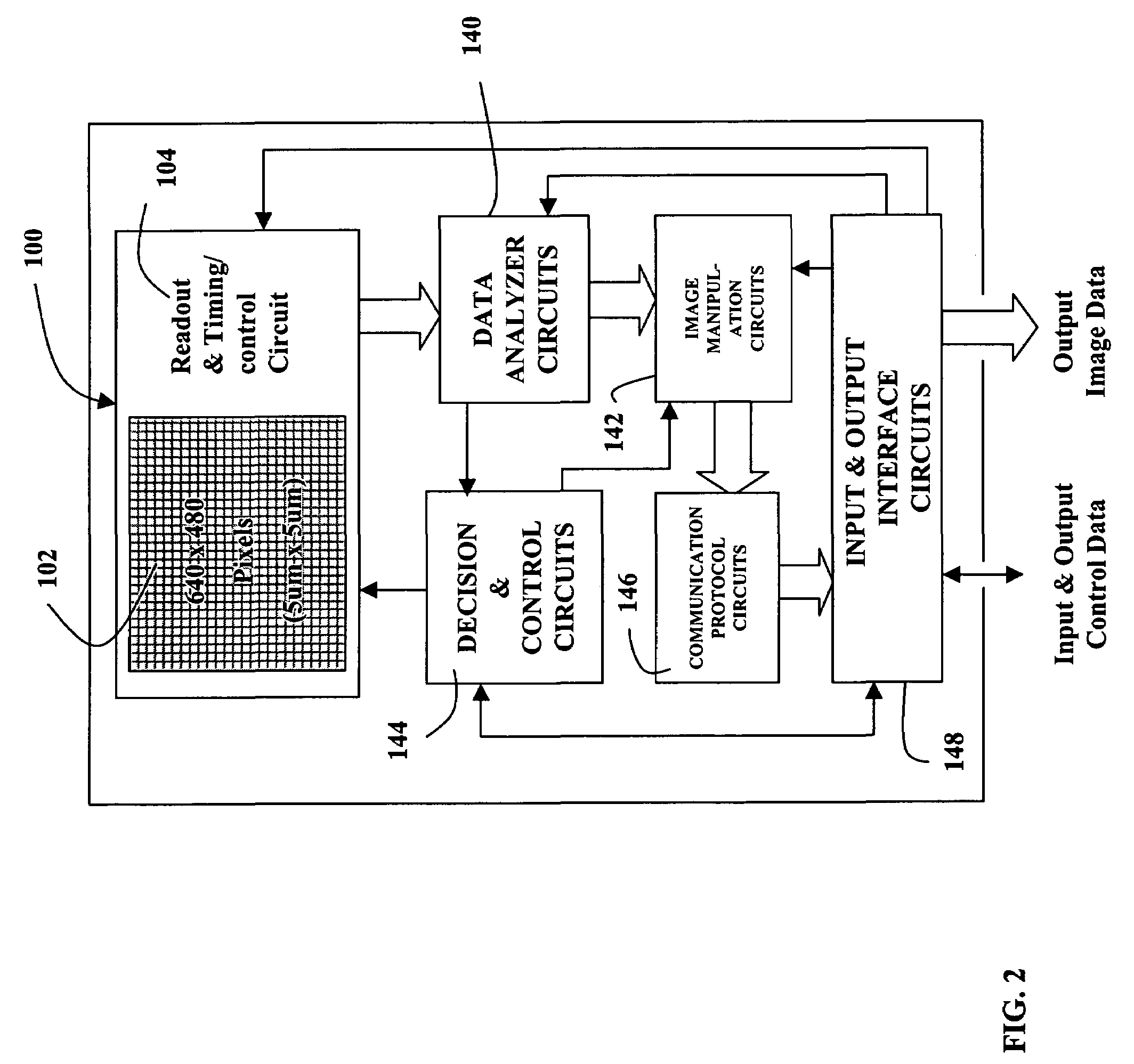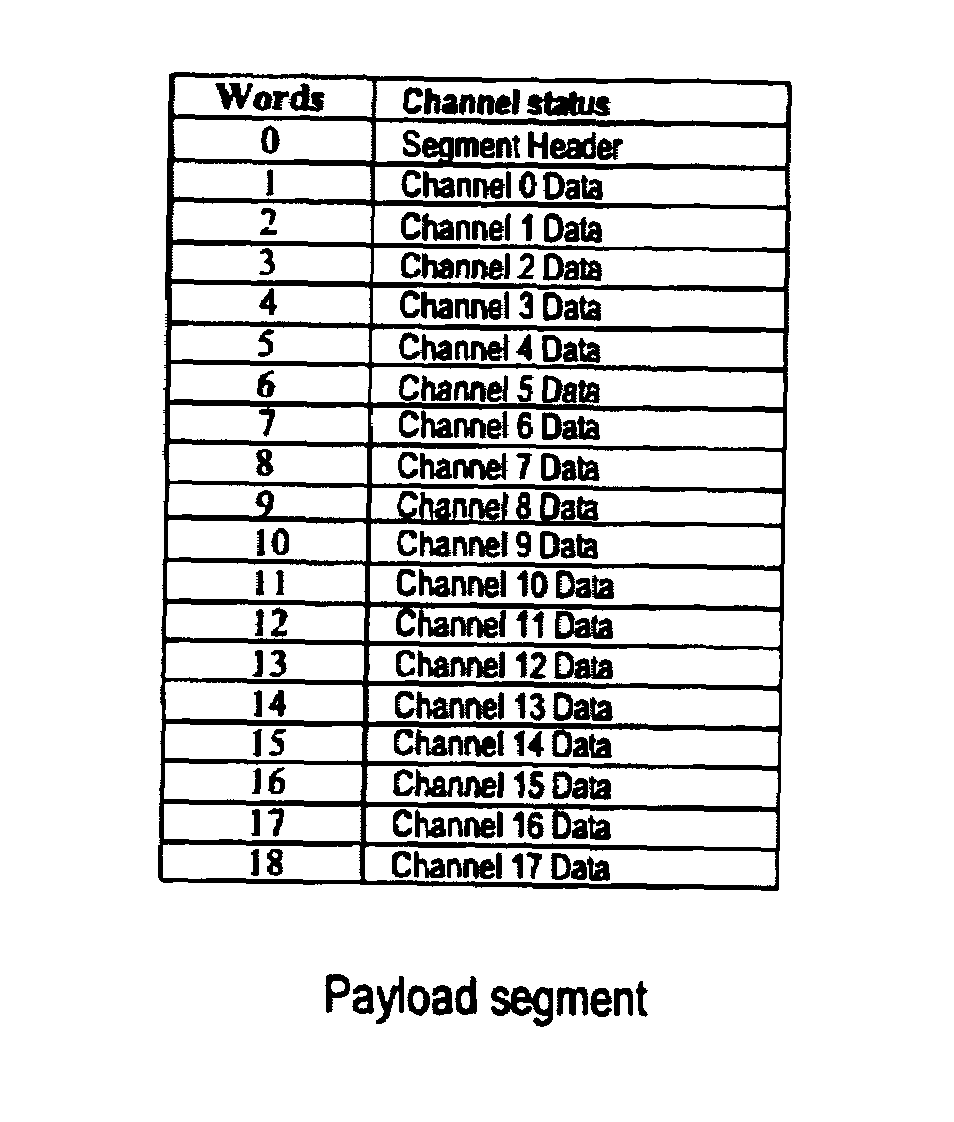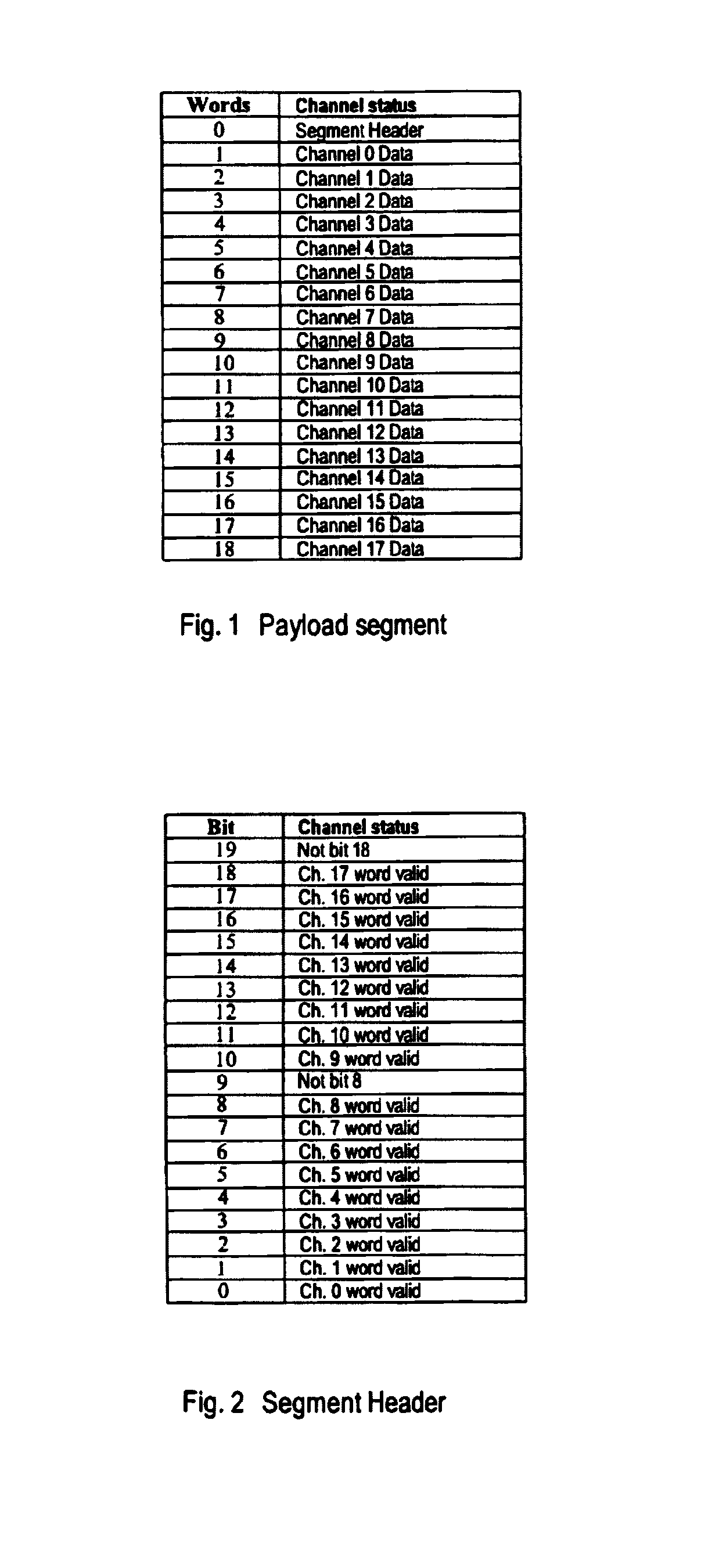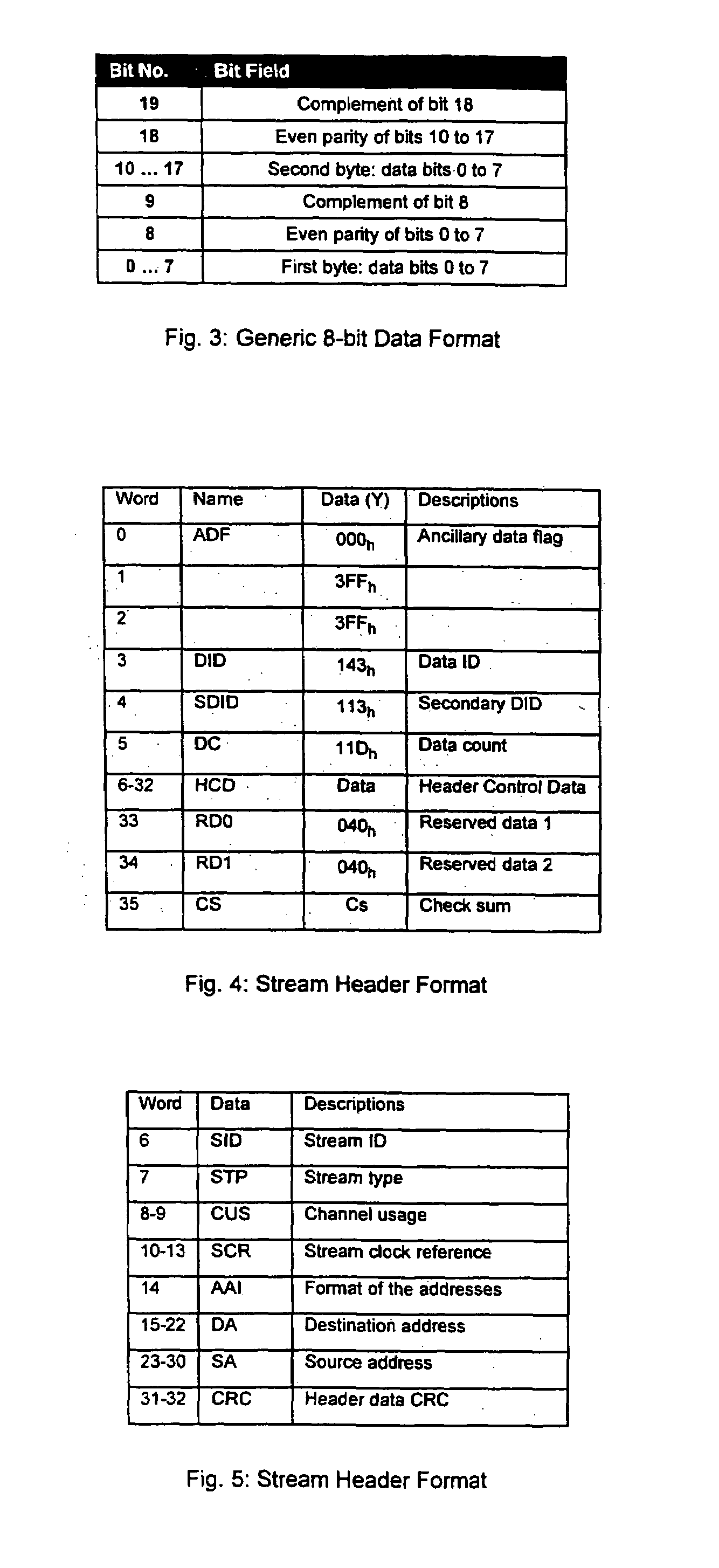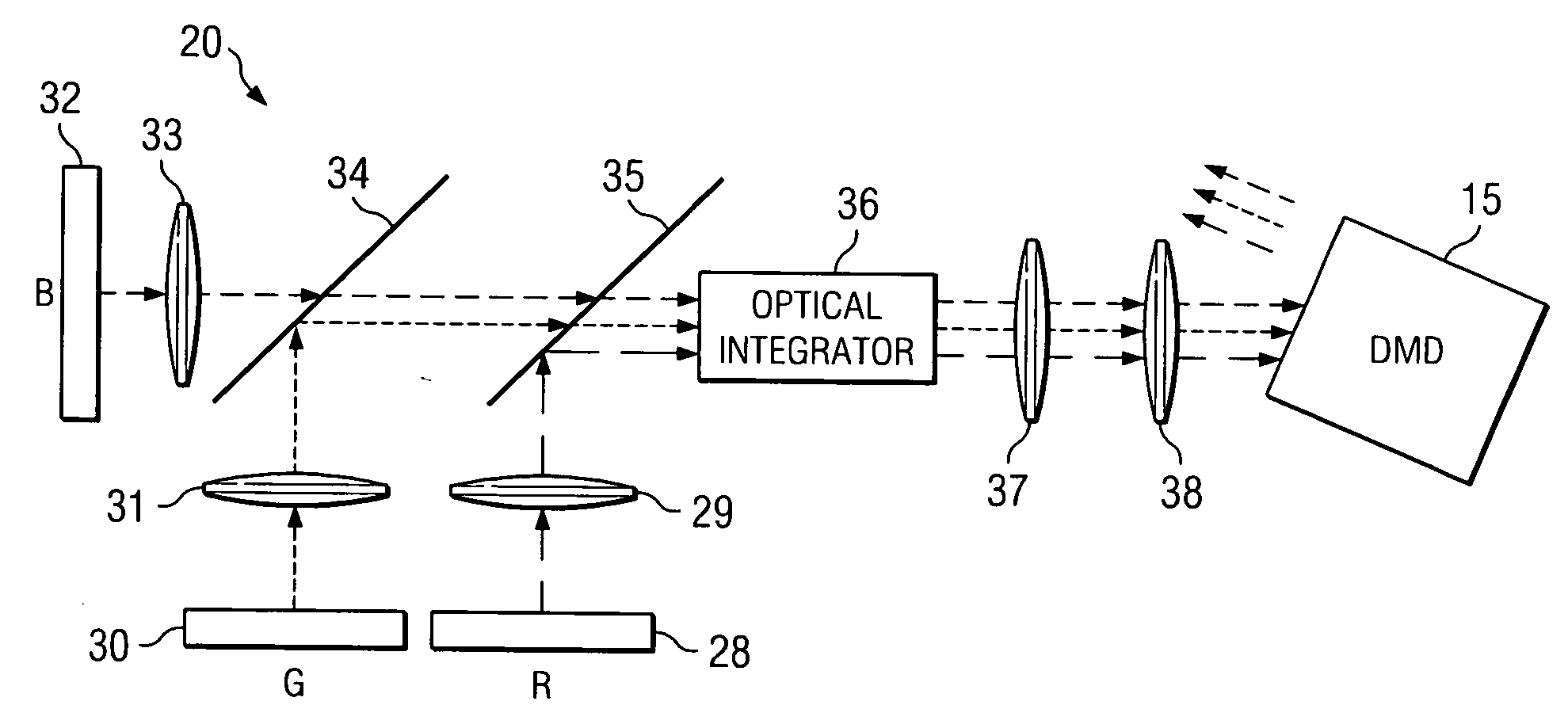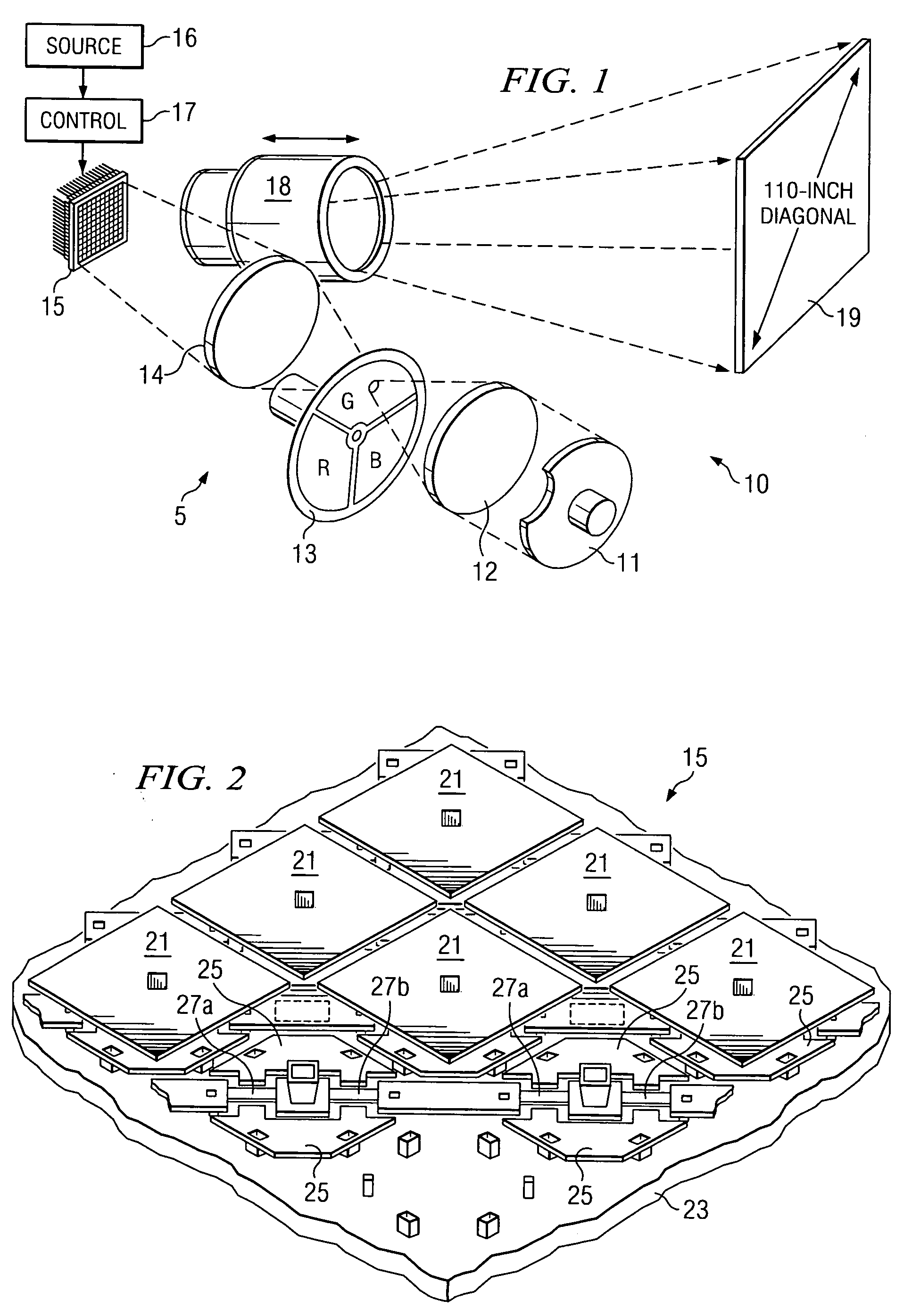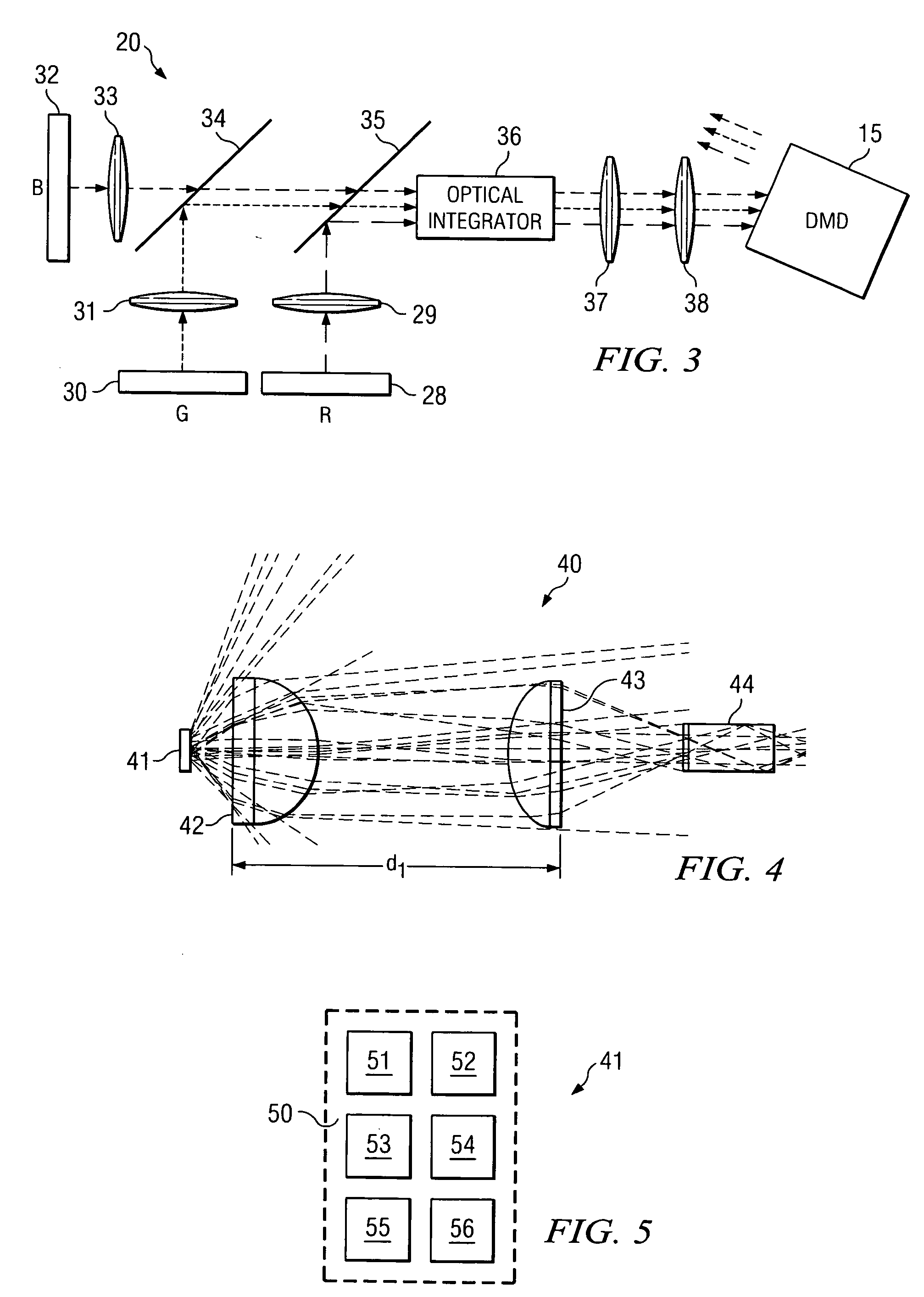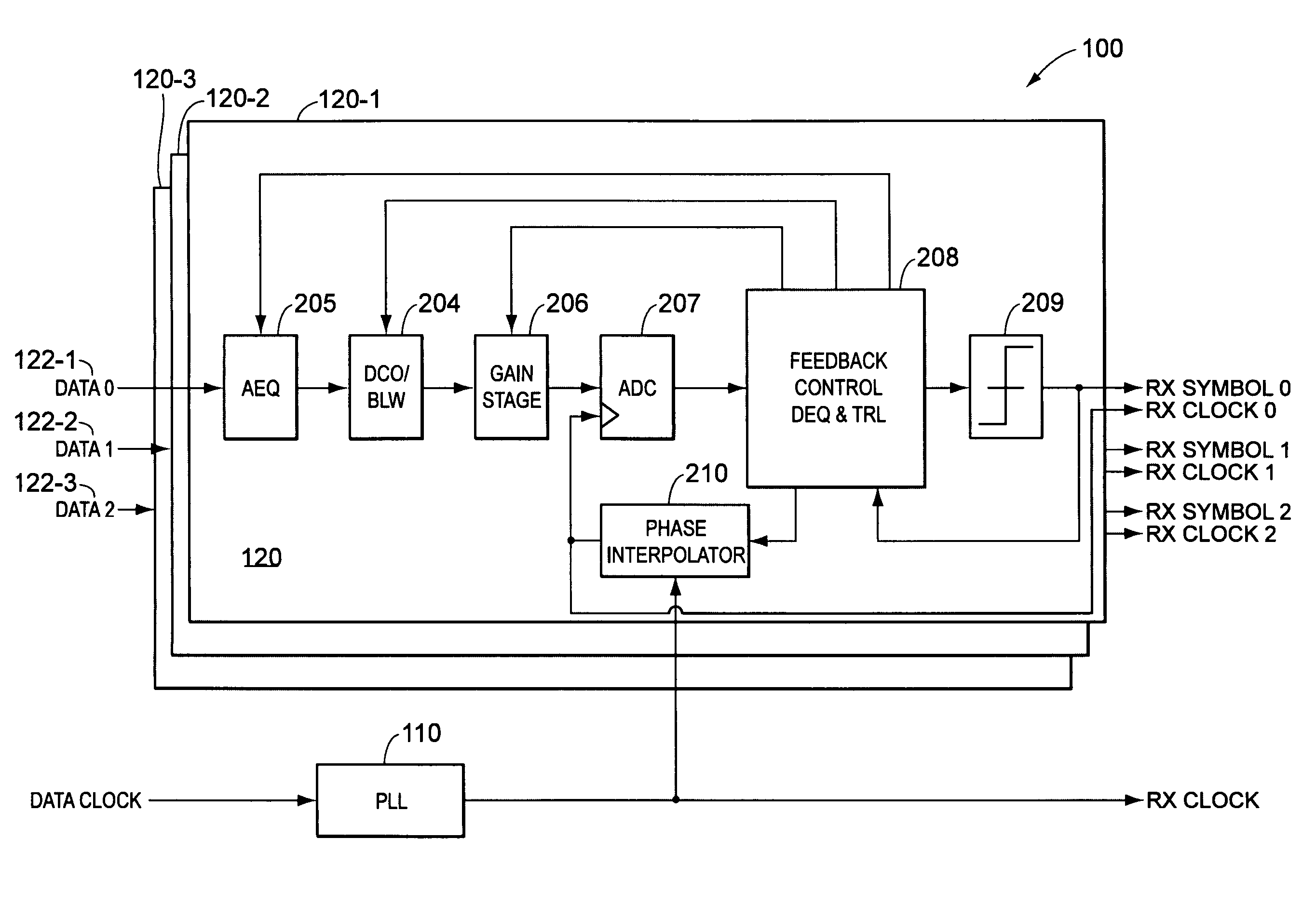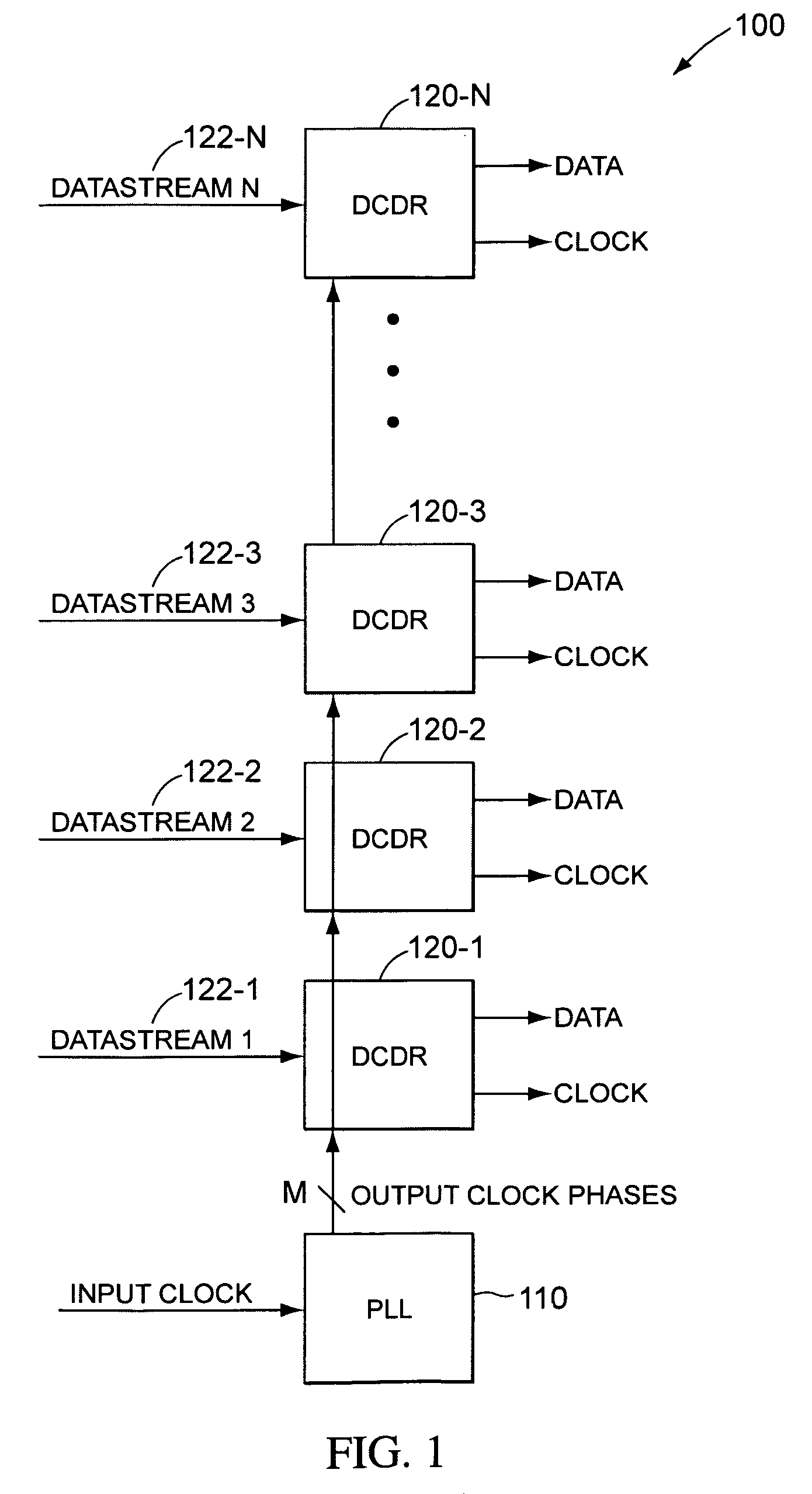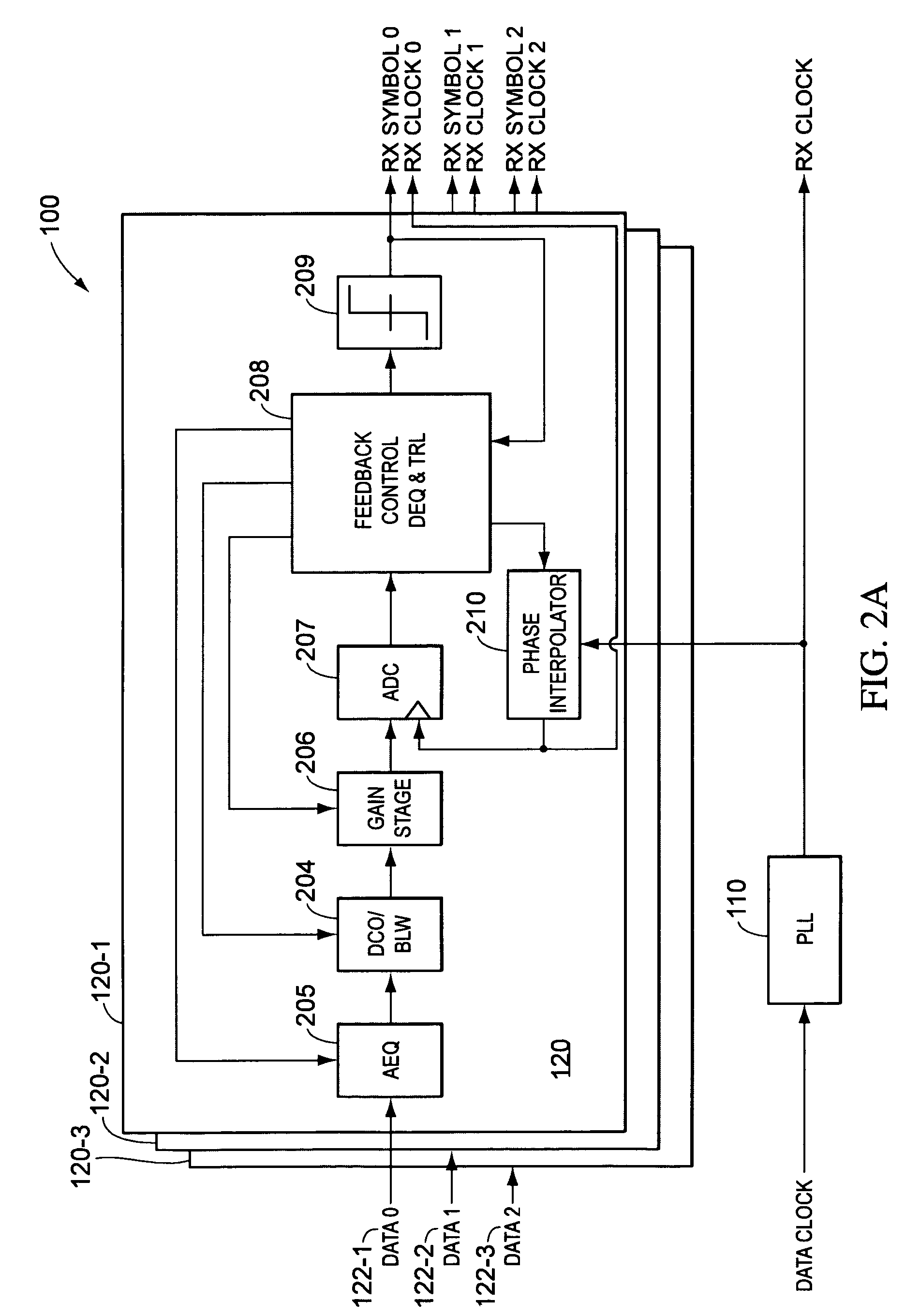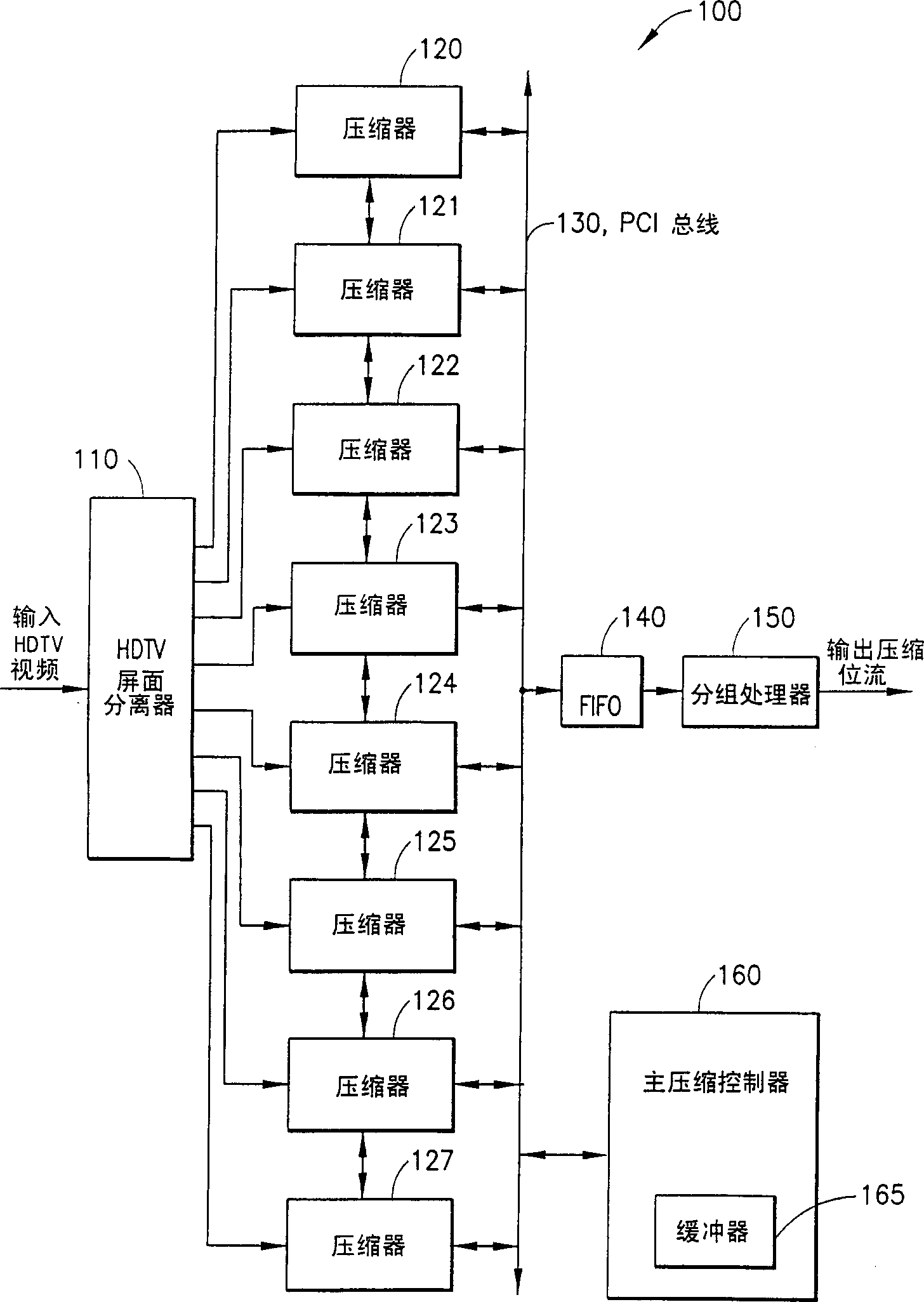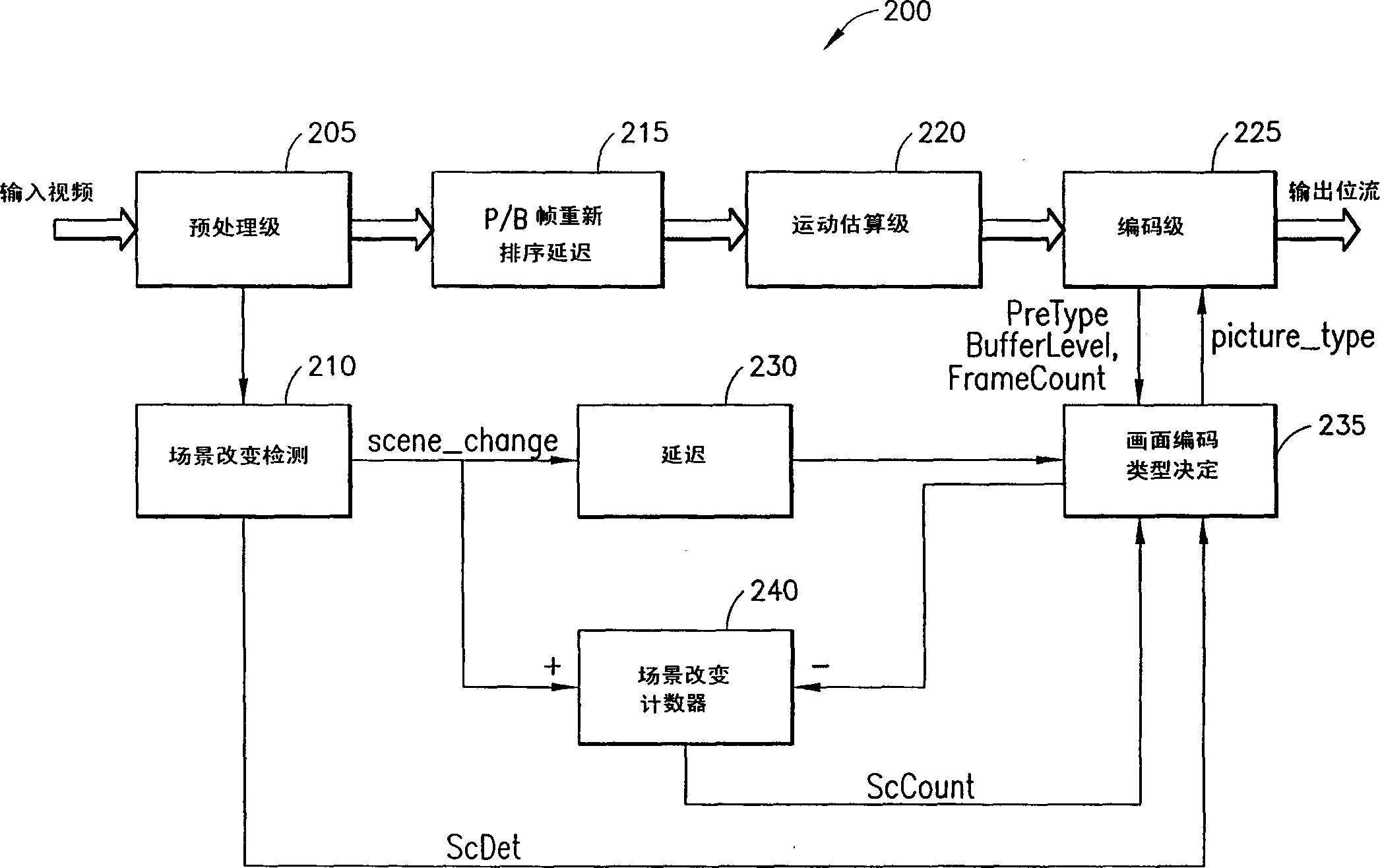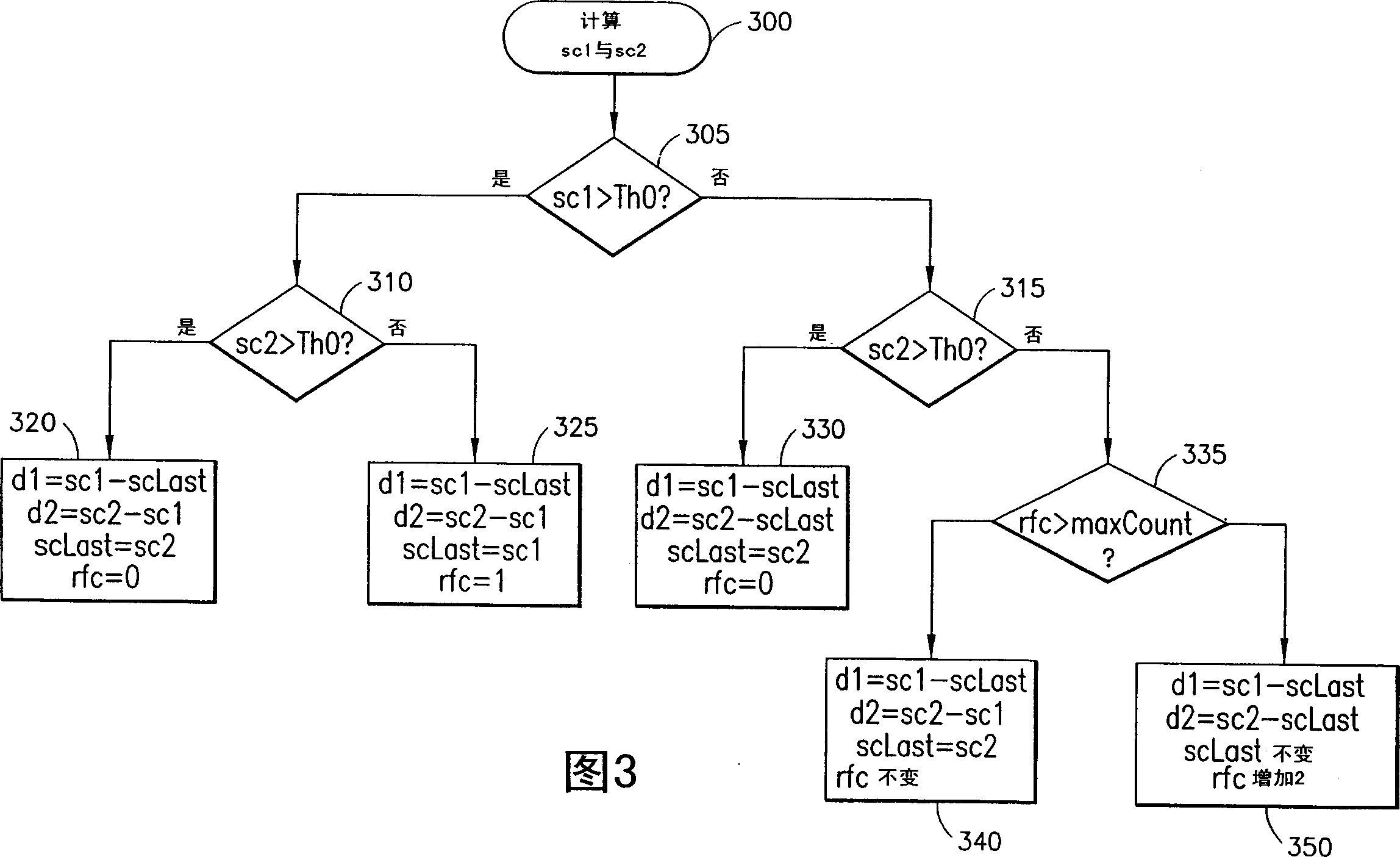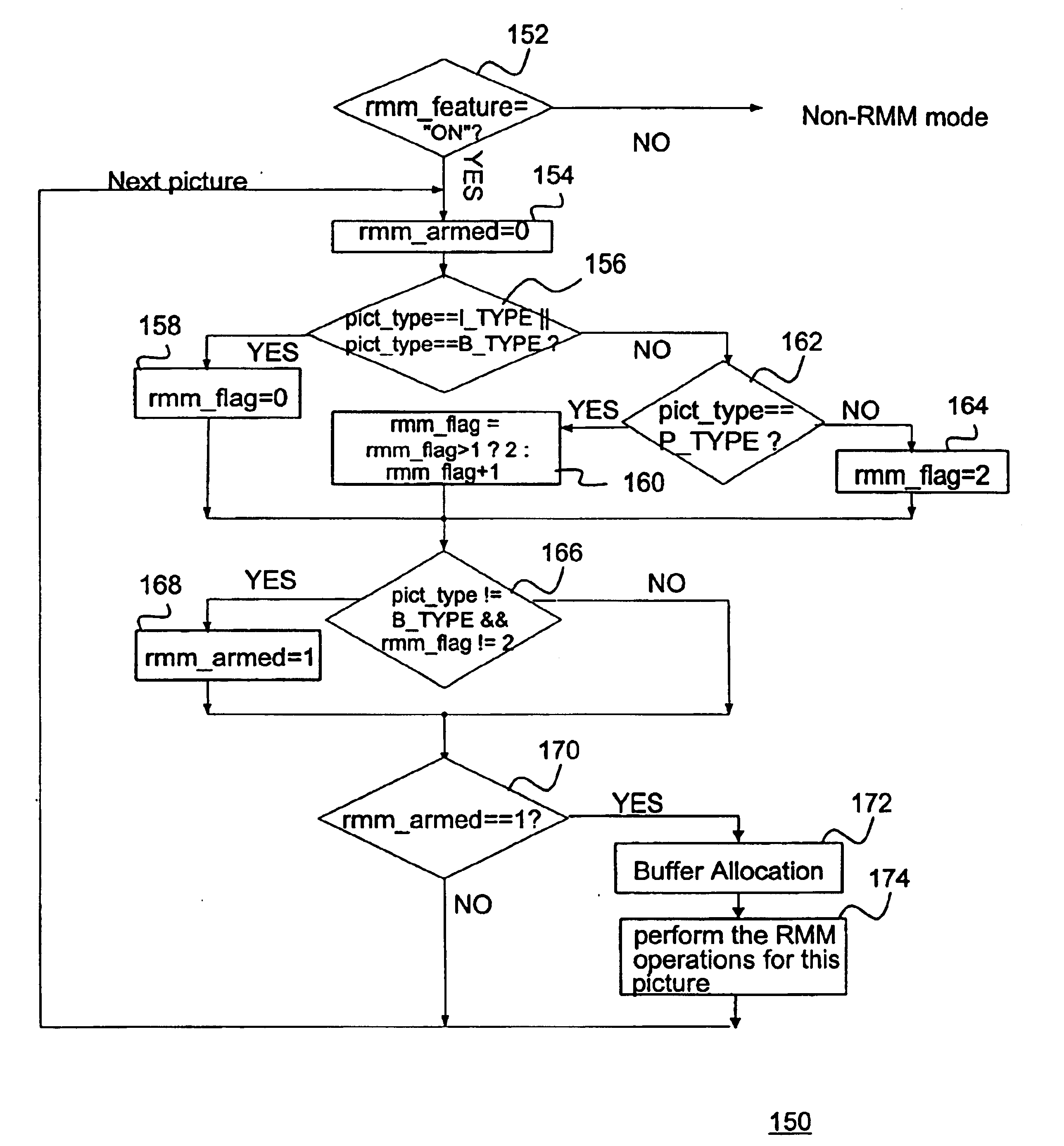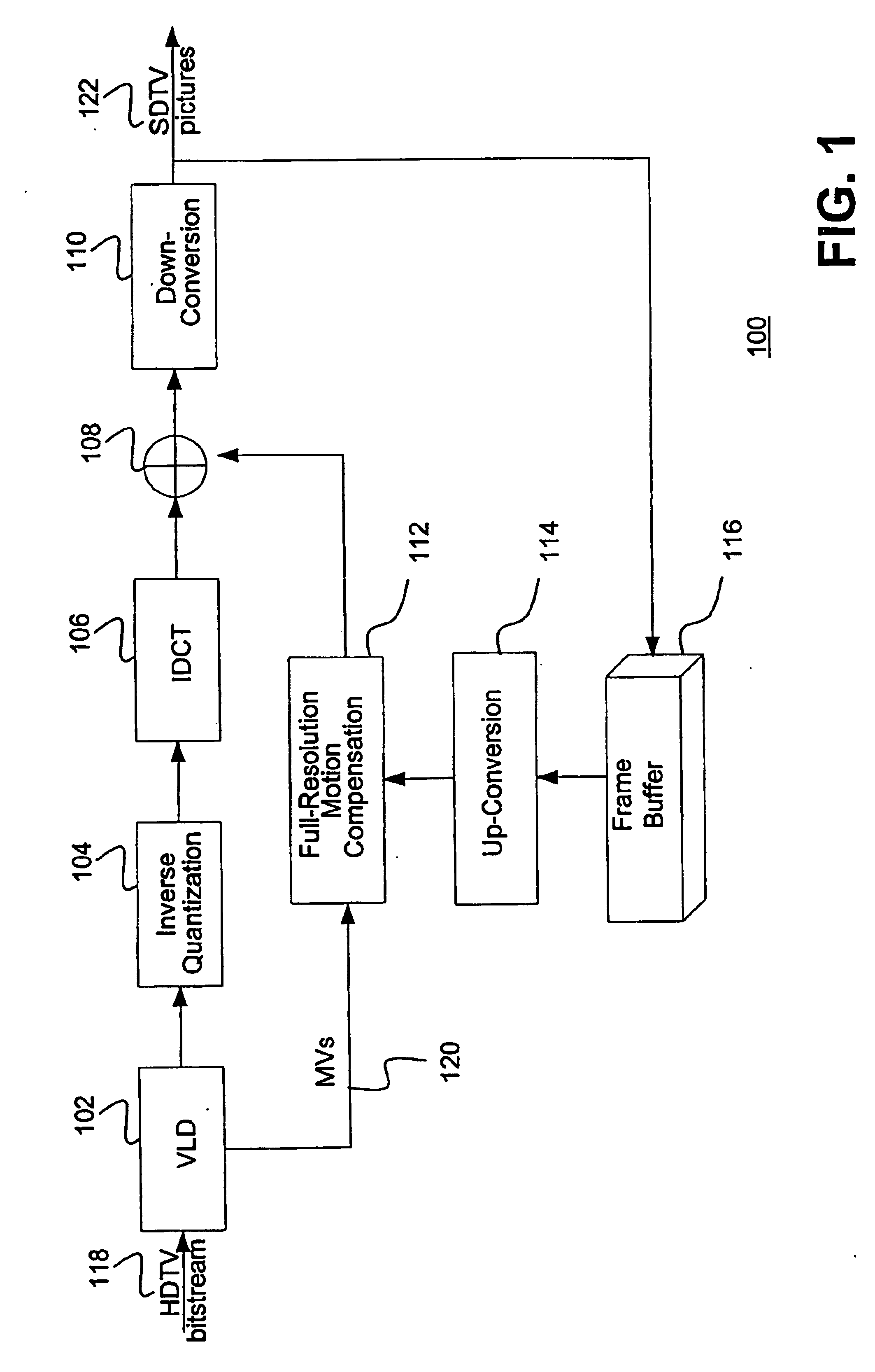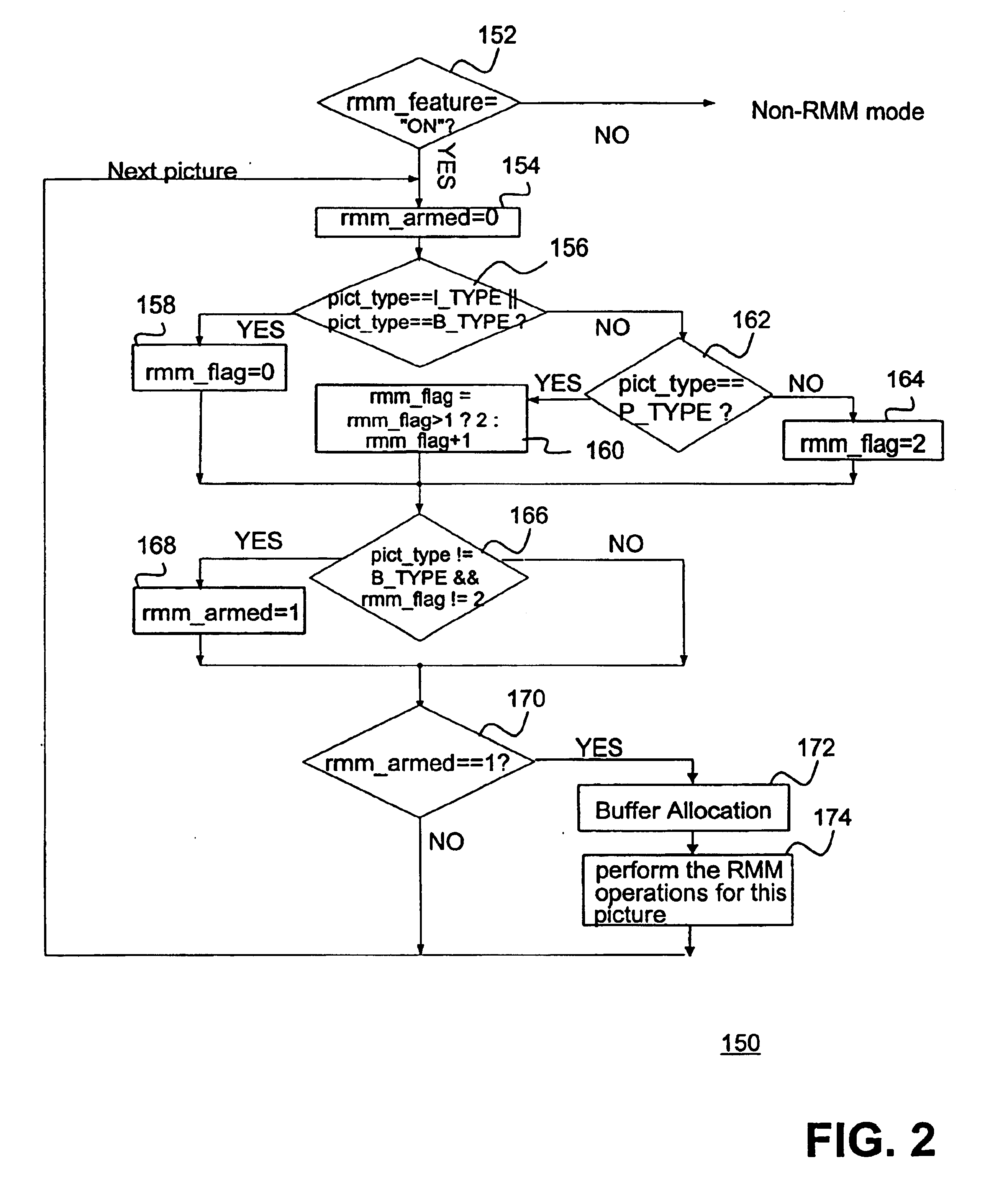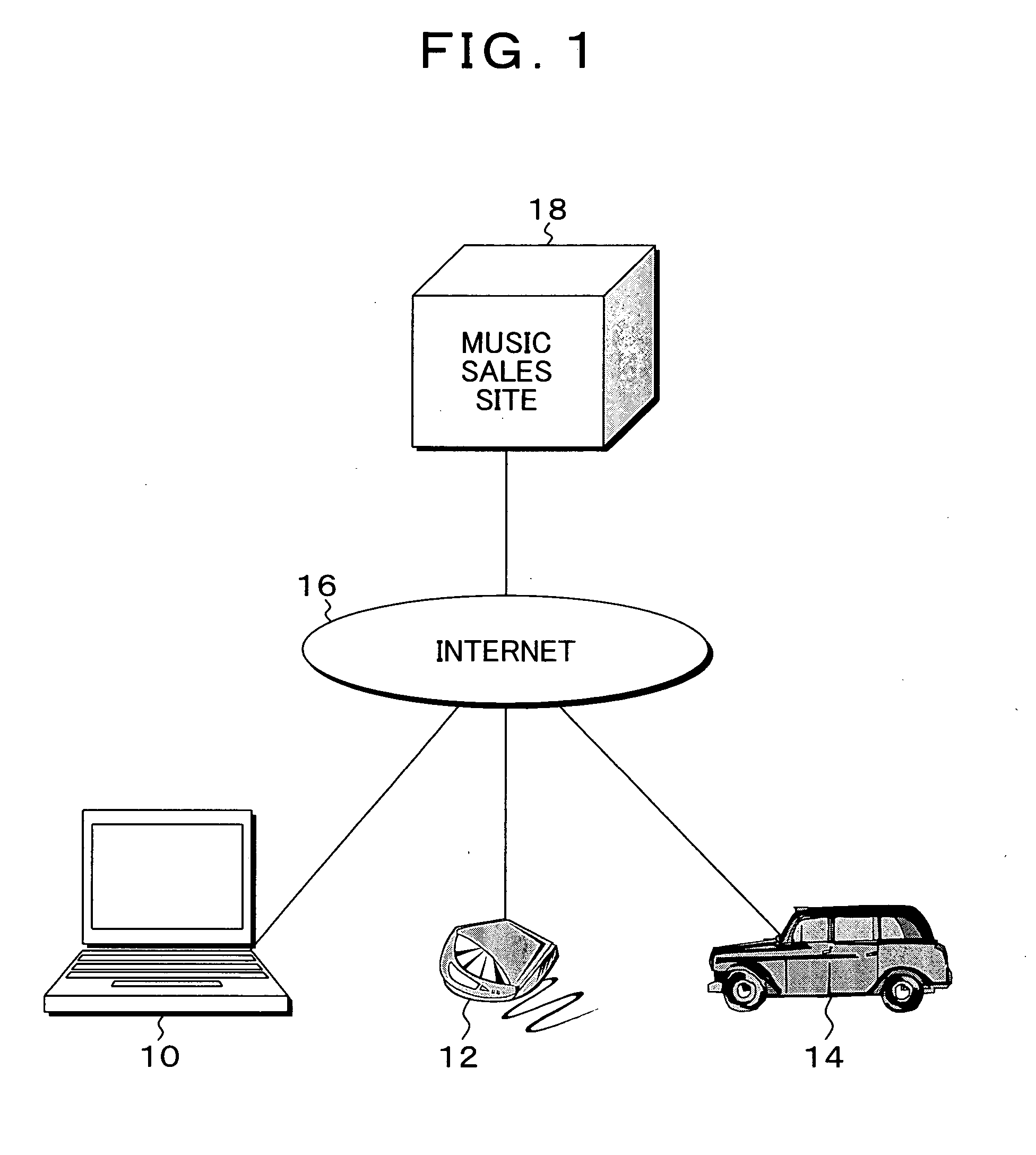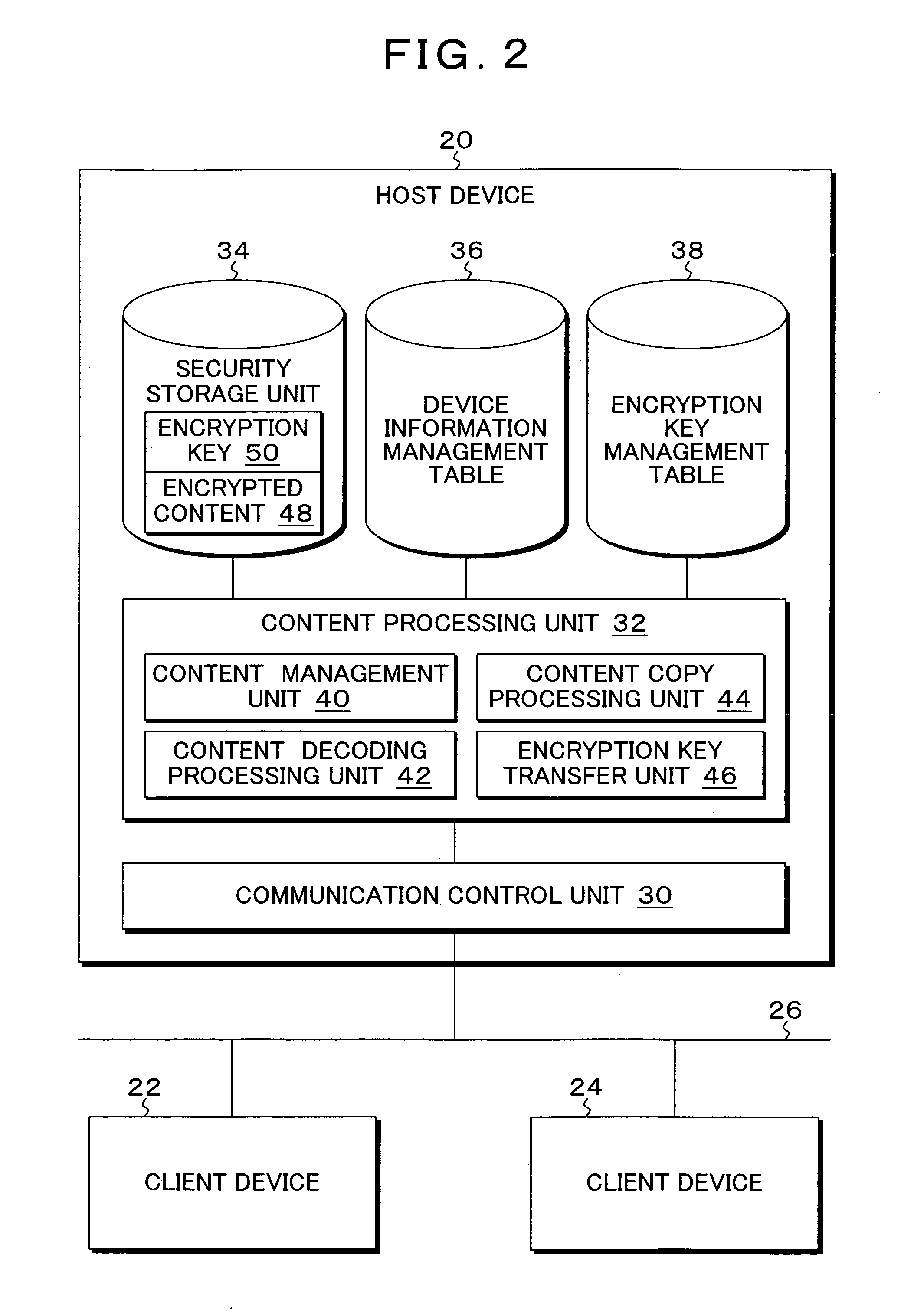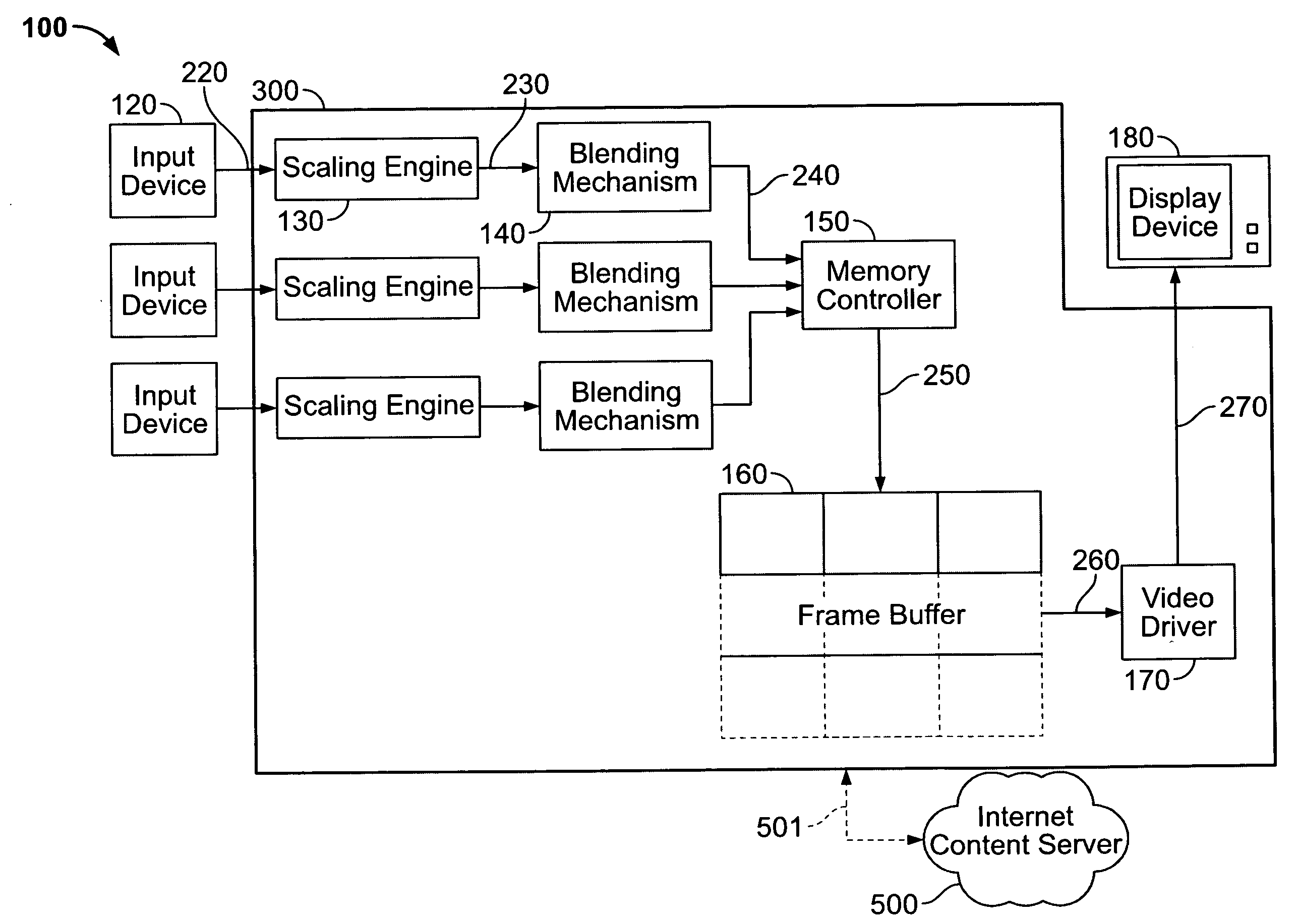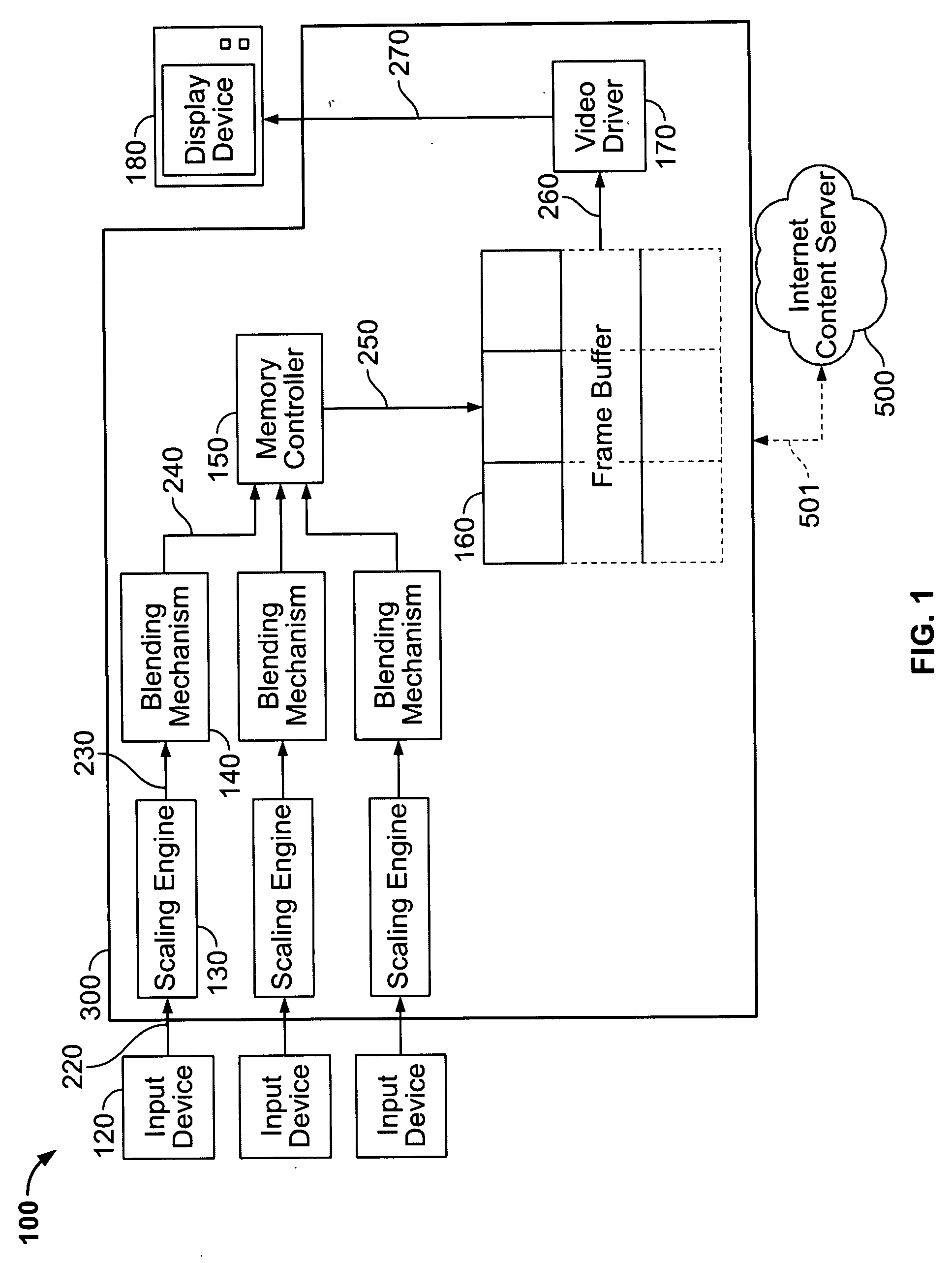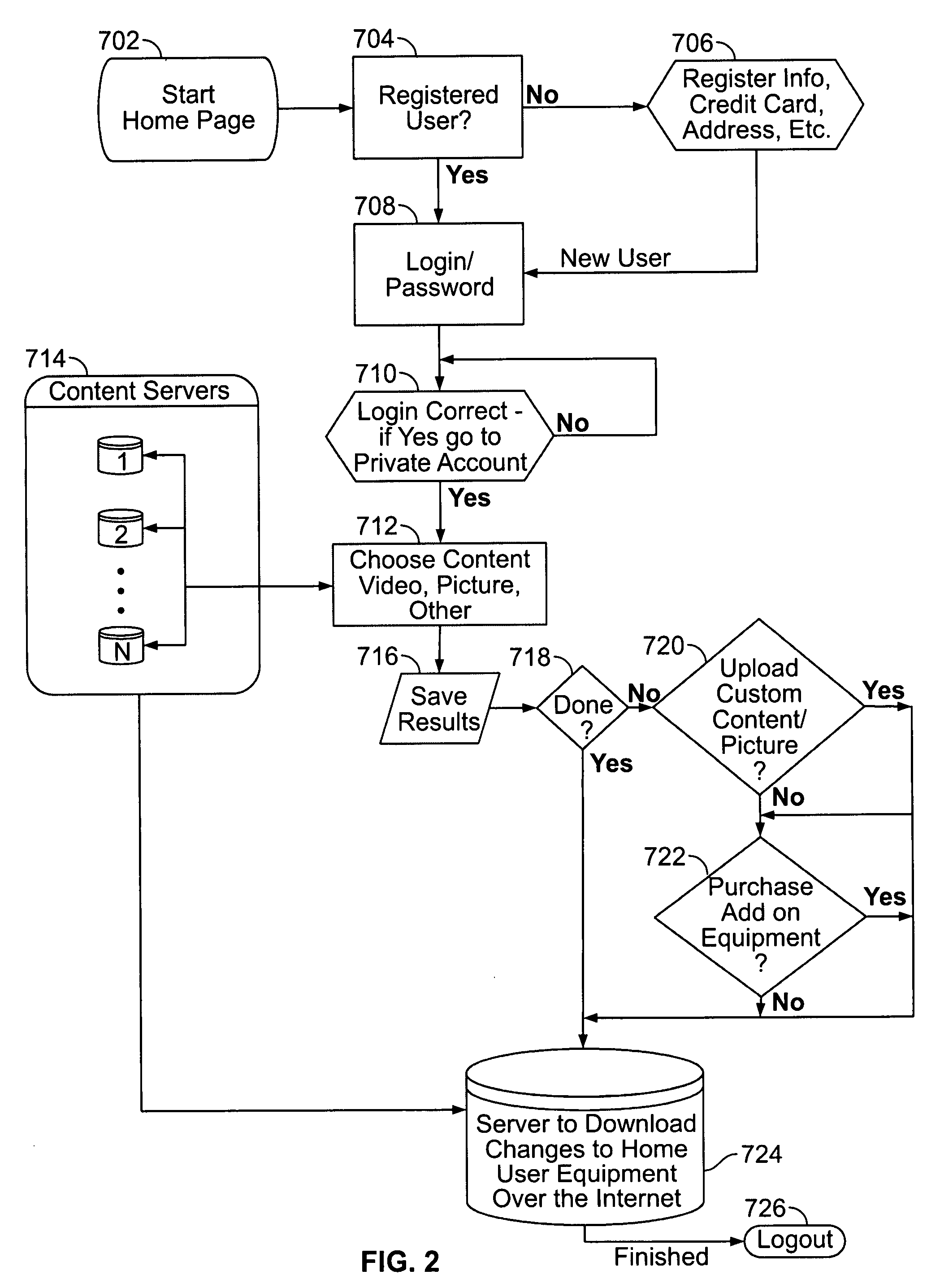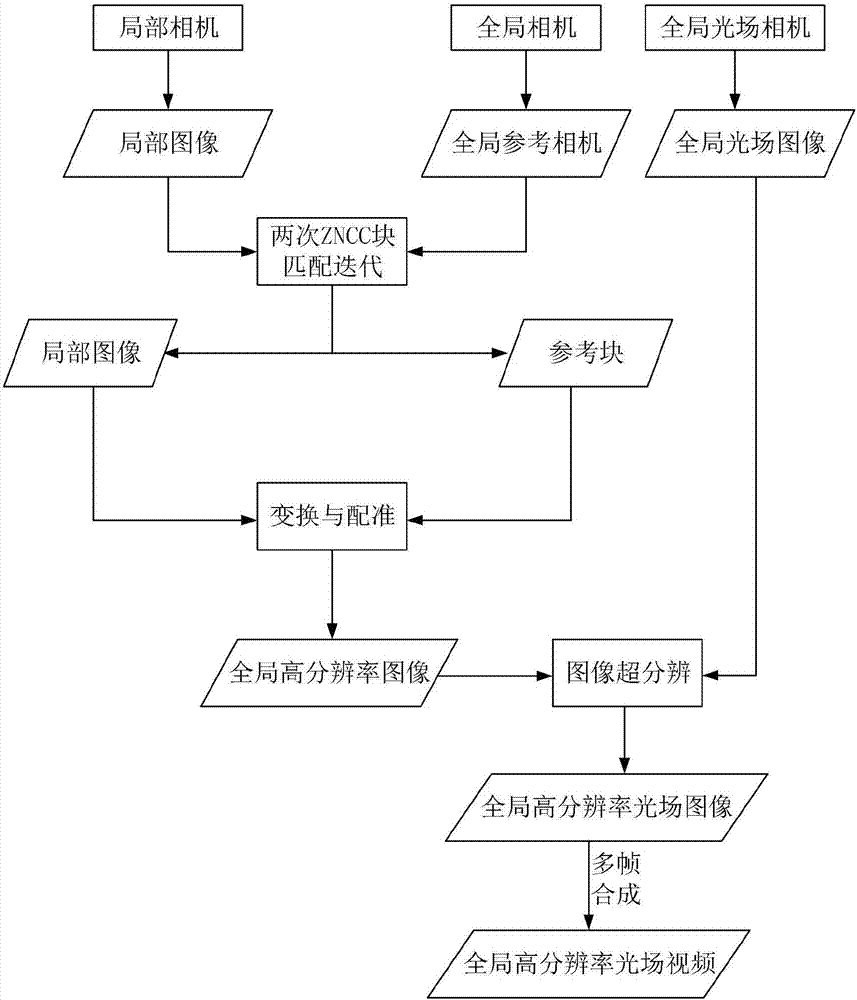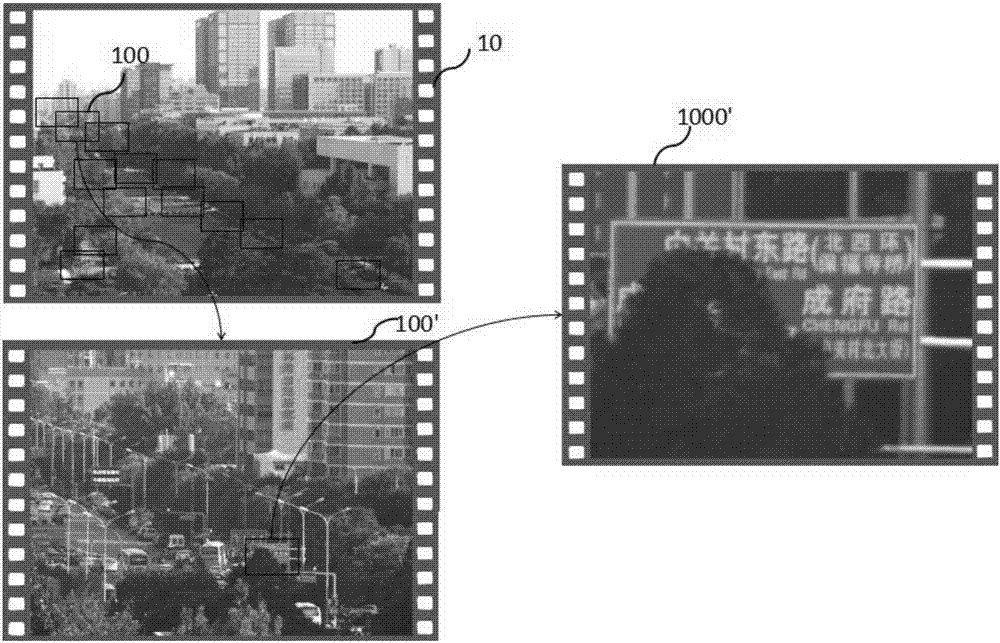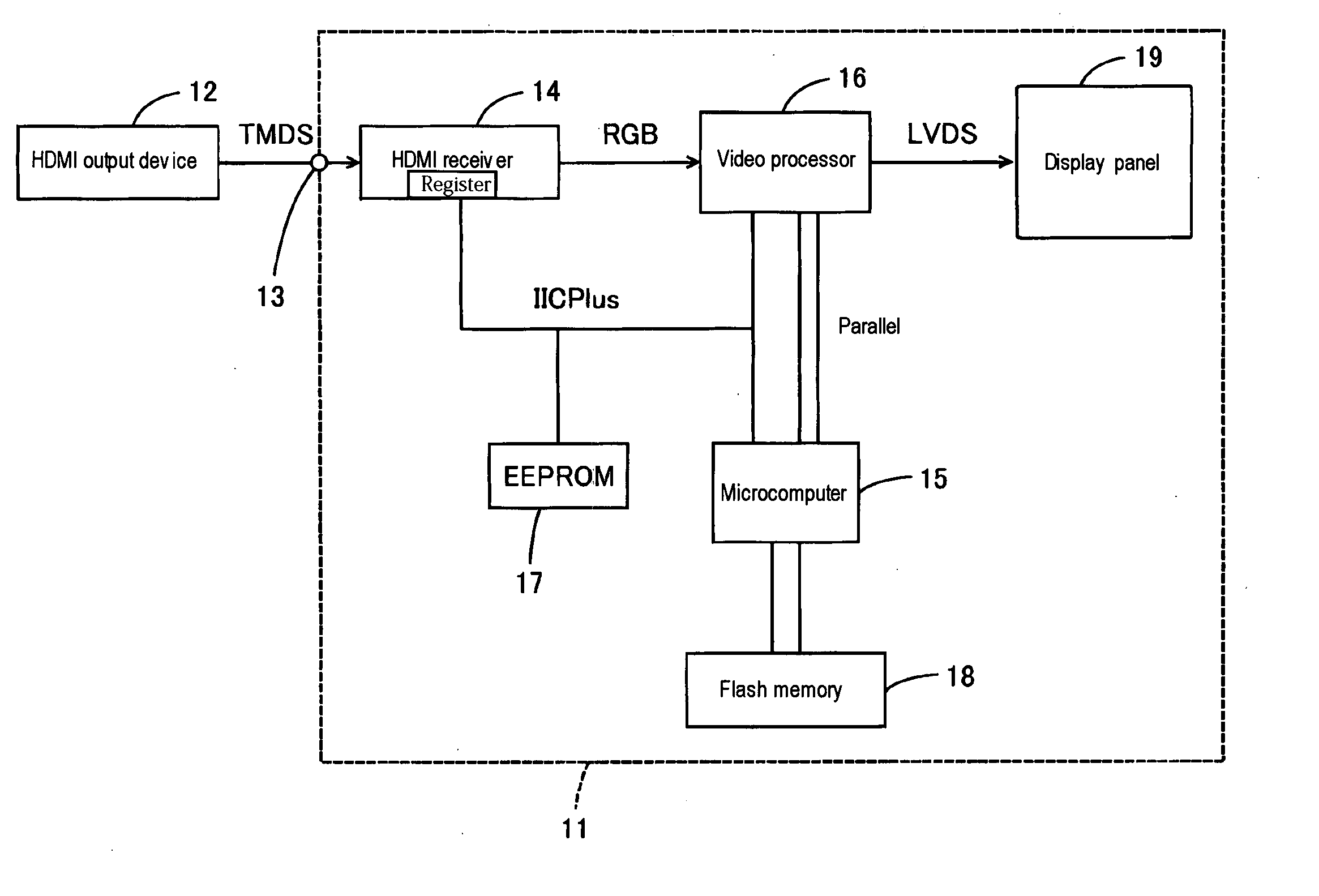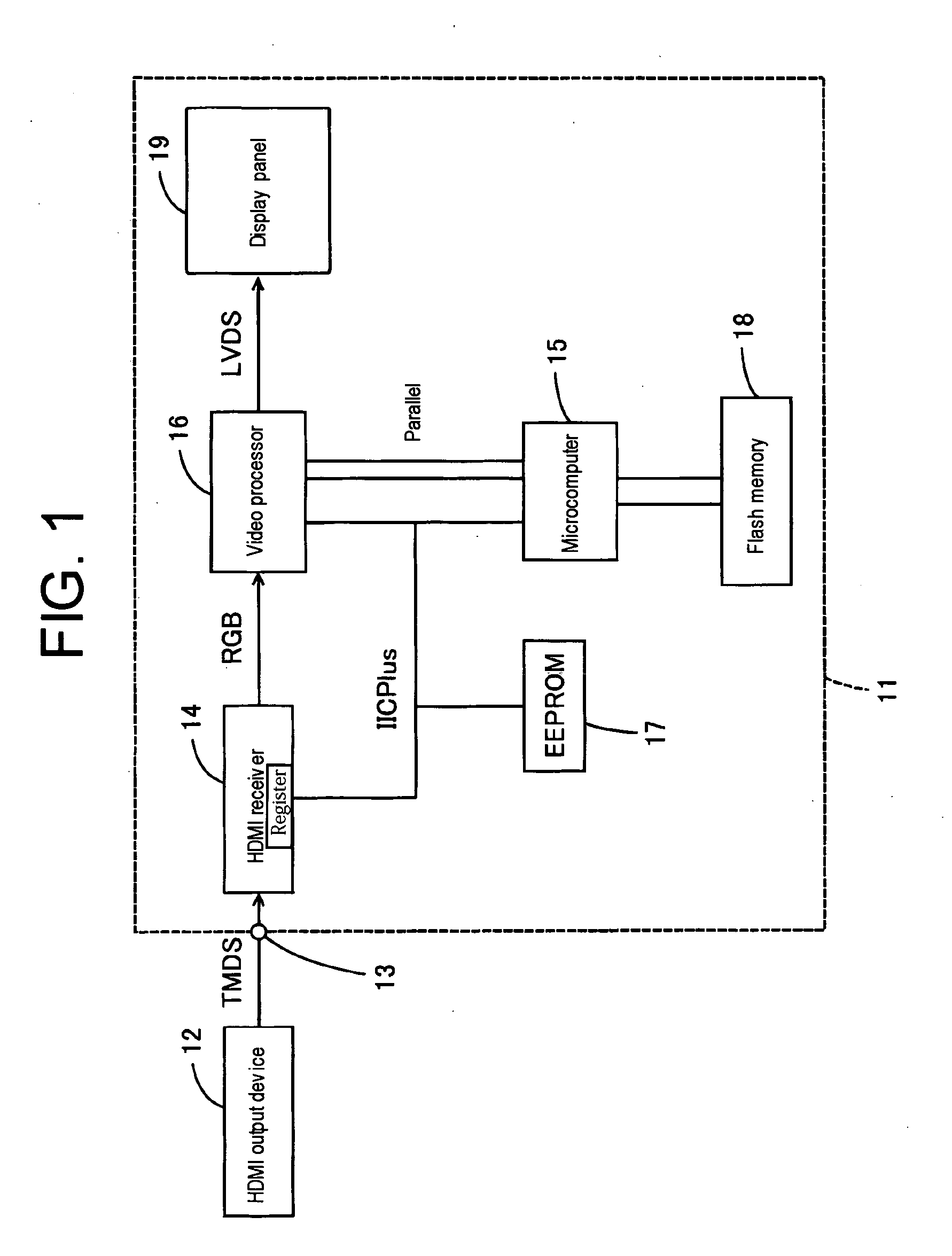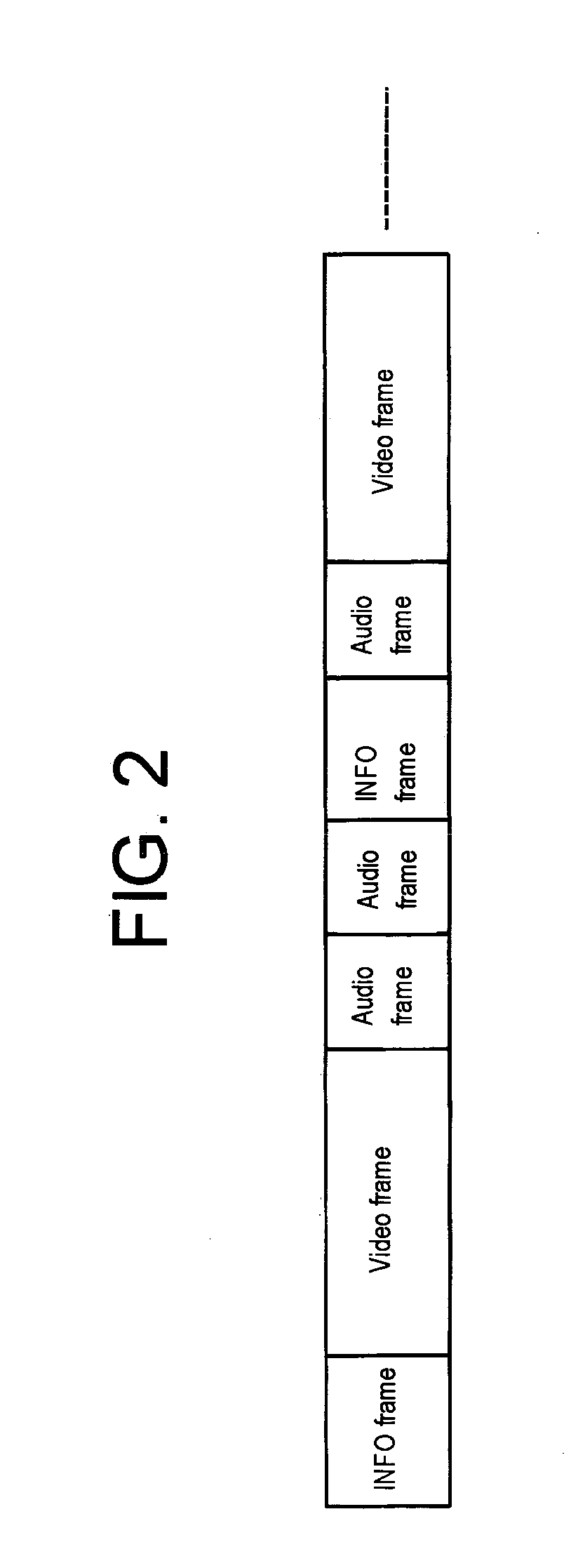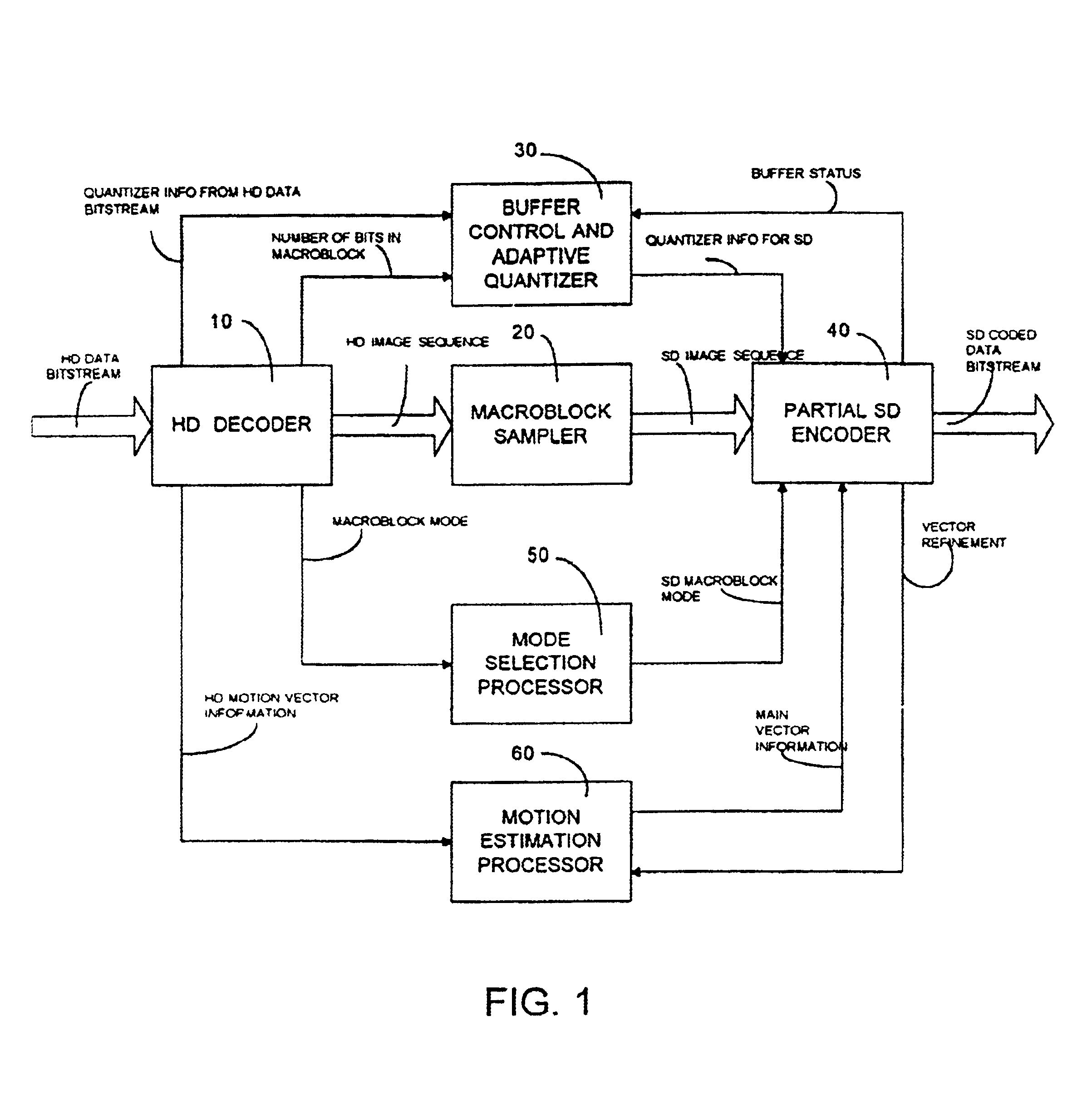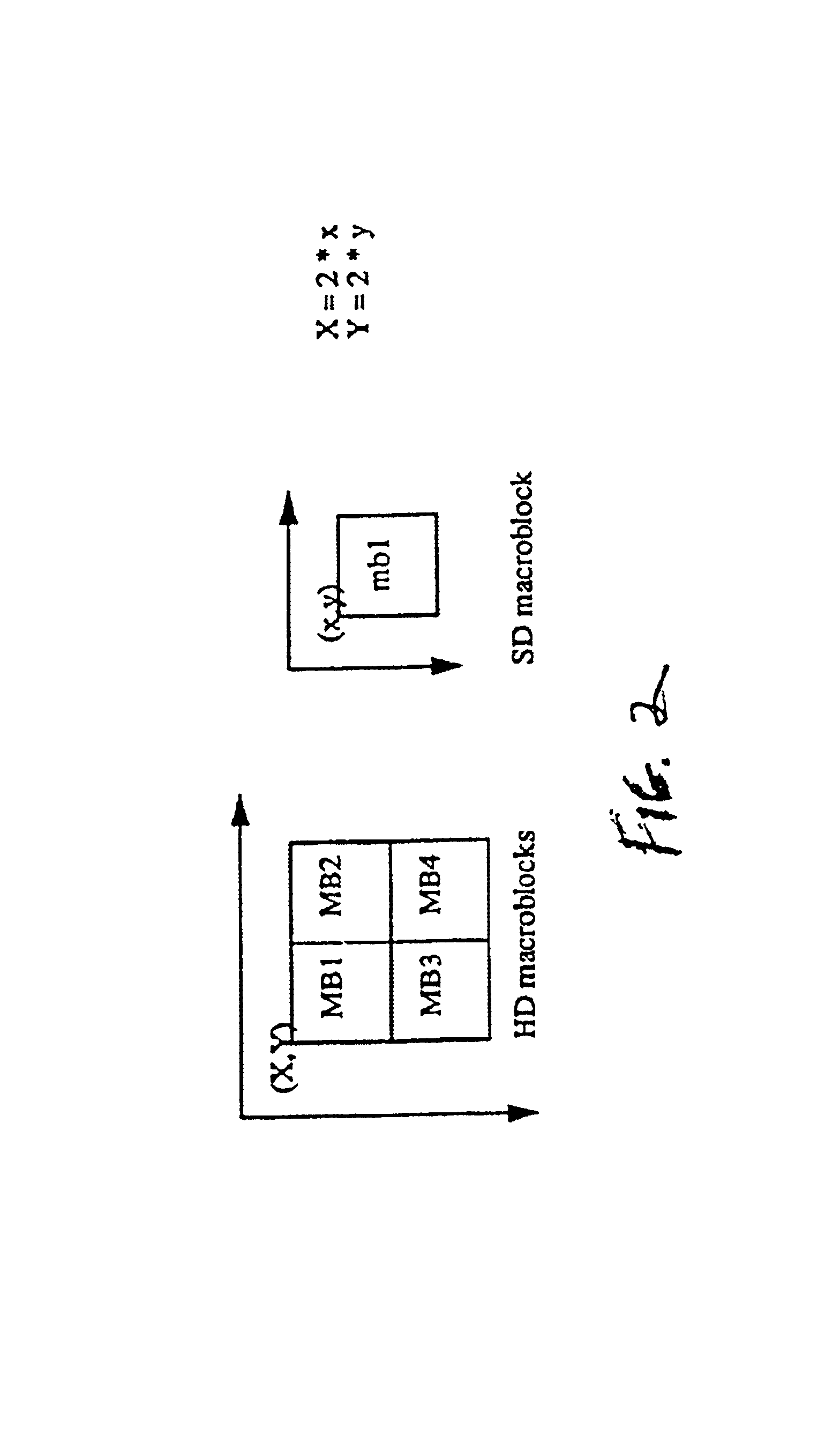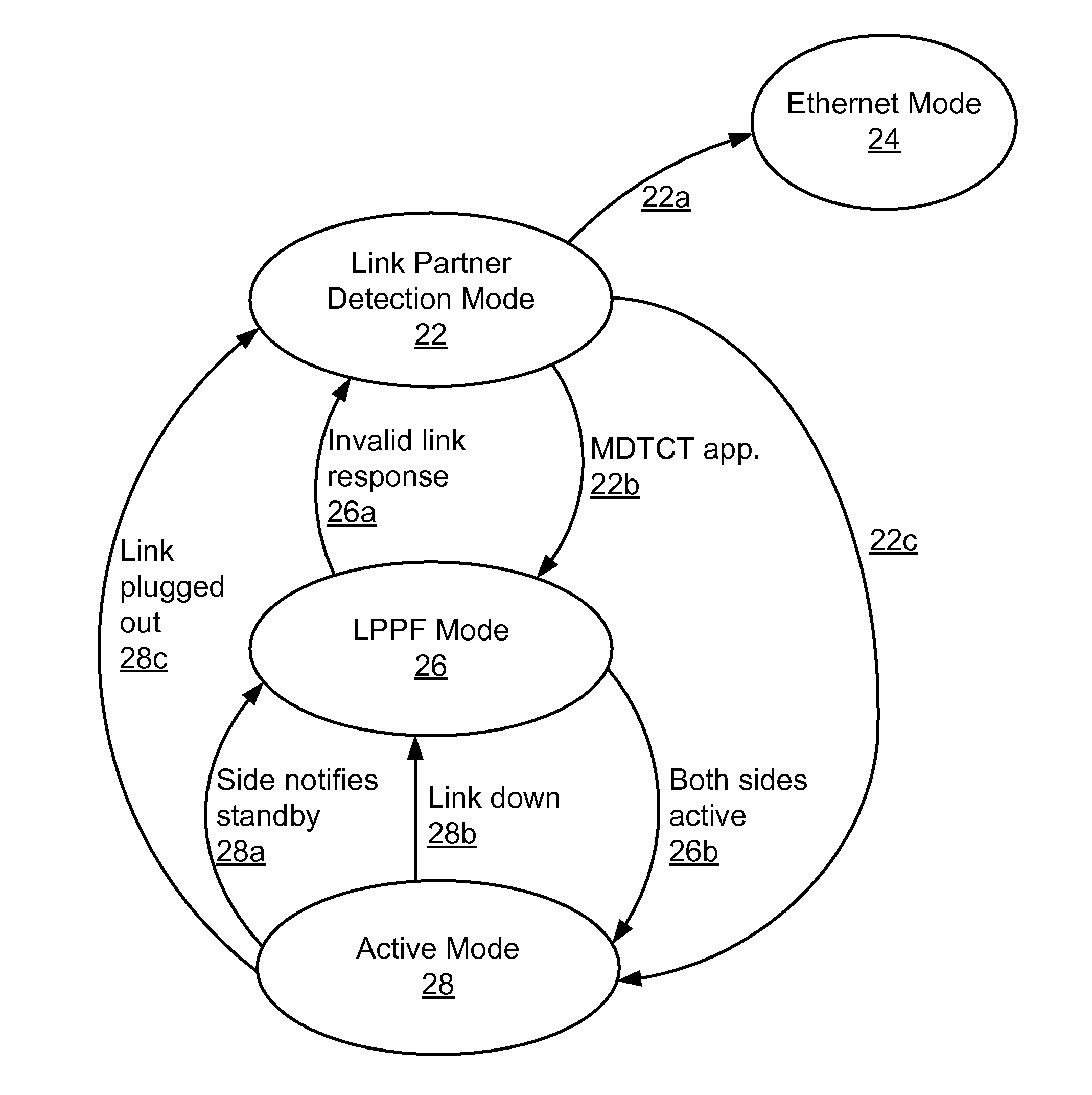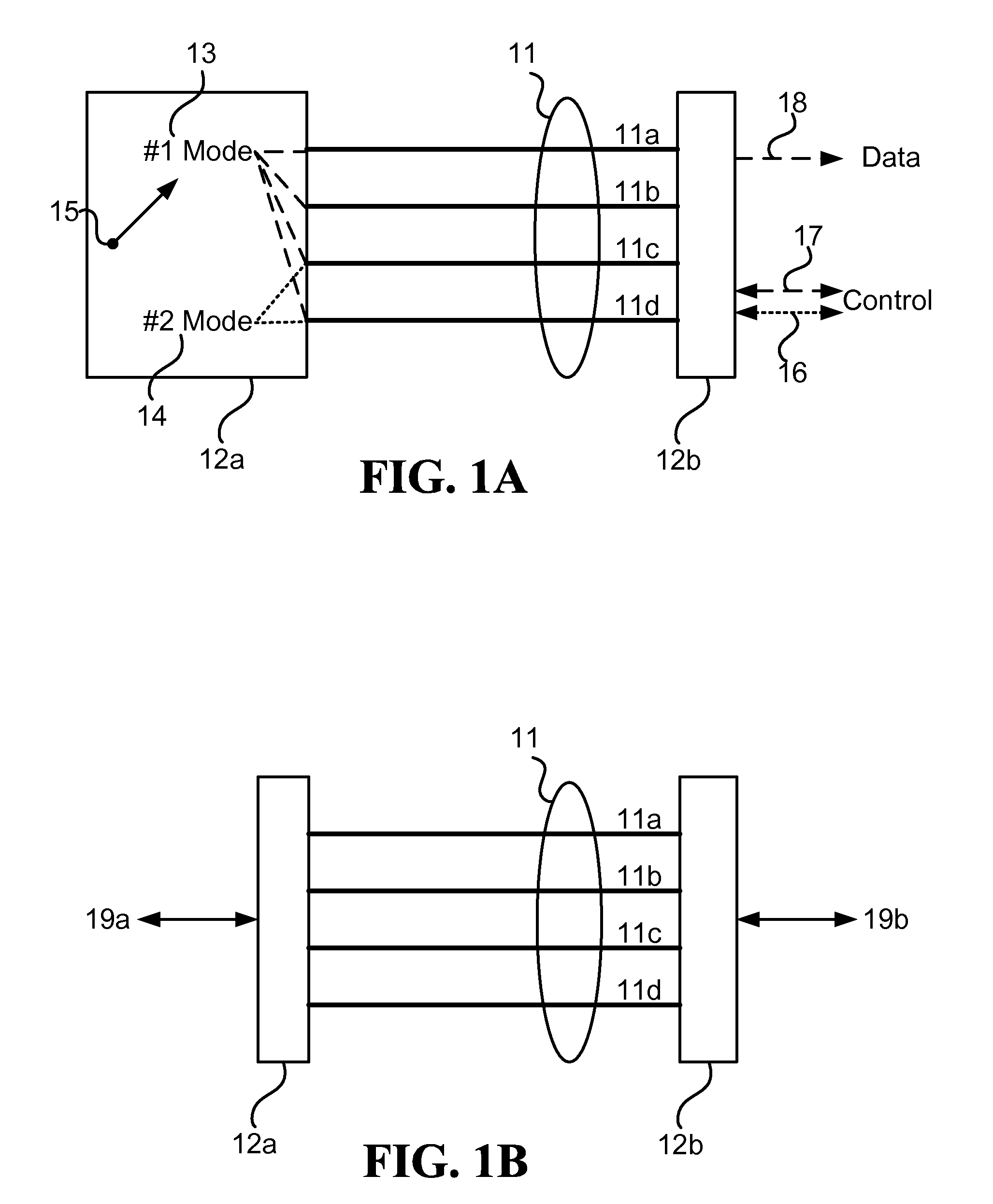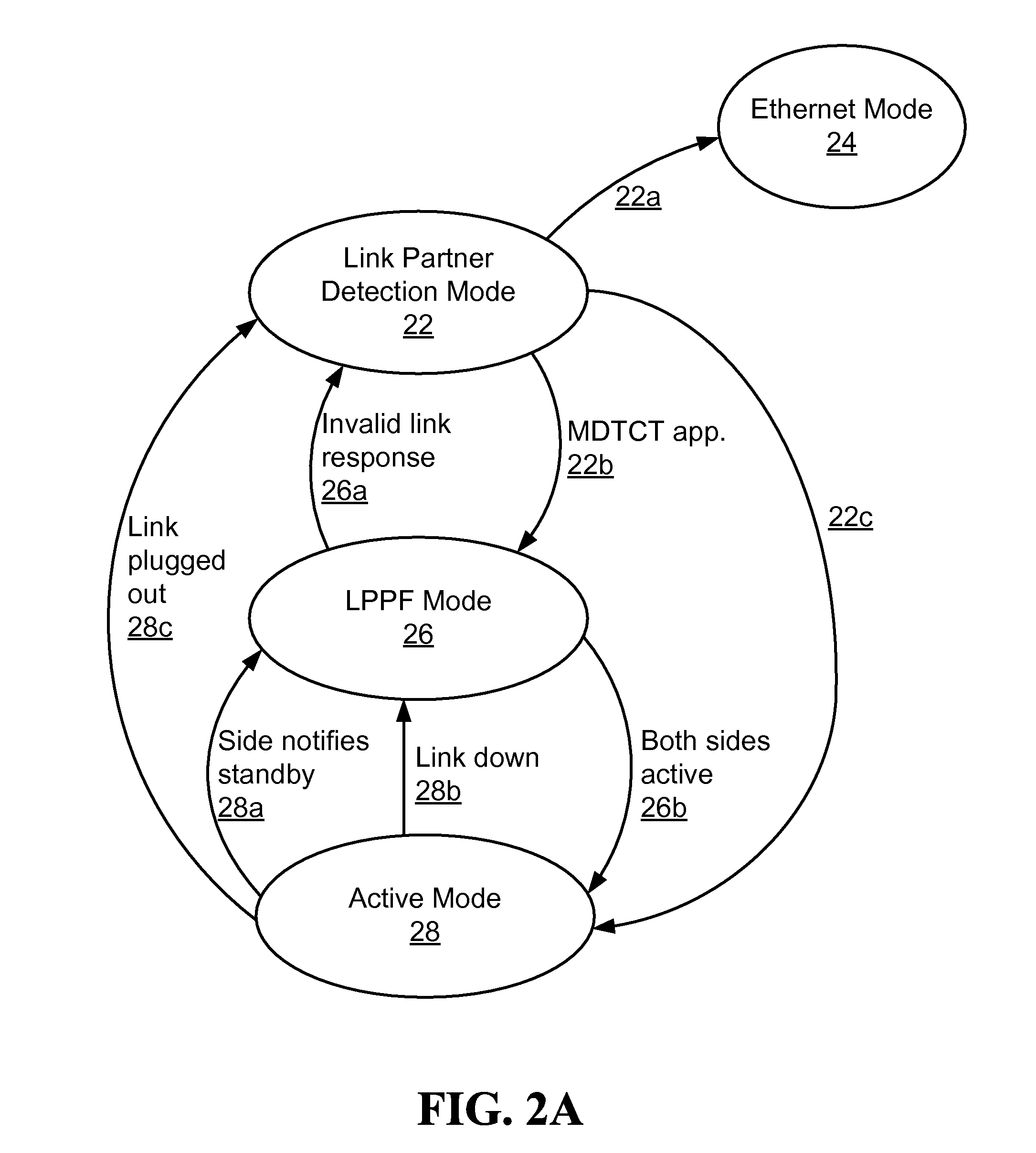Patents
Literature
Hiro is an intelligent assistant for R&D personnel, combined with Patent DNA, to facilitate innovative research.
196 results about "High definition tv" patented technology
Efficacy Topic
Property
Owner
Technical Advancement
Application Domain
Technology Topic
Technology Field Word
Patent Country/Region
Patent Type
Patent Status
Application Year
Inventor
High definition television. A digital television system which has an image resolution of 720 horizontal lines of resolution or higher. A high definition television is able to do a better job displaying higher quality (increased resolution) images, including television programs filmed in high definition formats, or Blu-ray DVDs.
High definition lidar system
ActiveUS7969558B2More compactMore ruggedAngle measurementOptical rangefindersHigh definition tvPower coupling
Owner:VELODYNE LIDAR USA INC
Optical information processing equipment and semiconductor light emitting device suitable therefor
An information processor of a high reliability and a high recording density, and a blue color, blue-violet color and violet color based semiconductor light emitting device operable at a low threshold current density, used for the same, are provided. An optical information processor of a high reliability and a high recording density enables a moving picture, such as a high-definition television picture, to be recorded and reproduced satisfactorily. A barrier layer in a quantum-well active layer of a semiconductor light emitting device is doped with n-type impurities at a high density. Alternatively, the face orientation of a quantum-well active layer of a semiconductor light emitting device is a plane inclined from the (0001) plane, whereby the threshold current value of the semiconductor light emitting device can be decreased. The semiconductor light emitting device is typified by a gallium nitride based compound semiconductor laser device.
Owner:USHIO OPTO SEMICON
Secure integrated media center
InactiveUS20050125357A1Safe storageTelevision system detailsUnauthorized memory use protectionHard disc driveHigh definition tv
A set-top media system is disclosed which can be combined with an open architecture personal computer (PC) to provide a feature-rich secure integrated media center while meeting security rules of most major conditional access and content protection industry rules such as Cable Labs DFAST and PHILA agreements; and DTLA agreements for 5C-DTCP for IEEE1394, USB, and IP. The set-top media center and PC share common resources such as high definition display, remote control, hard disk drive, and other external unsecure storage devices. All media content is available seamlessly using a PC user interface, including controlled-content media such as high definition TV, within a PC desktop window. All controlled-content media is manipulated and managed within the set-top media system in a seamless manner. A novel mechanism is disclosed to allow controlled-content media to be stored on unsecure devices in encrypted form while overcoming the disk cloning attack problem for move operations.
Owner:SAADAT ABBAS SASAN +1
Equalization and decision-directed loops with trellis demodulation in high definition TV
InactiveUS7474695B2Improve reliabilityIncrease delay timeTelevision system detailsMultiple-port networksHigh definition tvHigh-definition television
Improved decision feedback equalizer and decision directed timing recovery systems and methods suitable for use in connection with a dual mode QAM / VSB receiver system are disclosed. A trellis decoder operates in conjunction with a decision feedback equalizer circuit on trellis coded 8-VSB modulated signals. The trellis decoder includes a 4-state traceback memory circuit outputting a maximum likelihood decision as well as a number of intermediate decisions based upon the maximum likelihood sequence path. Any number of decisions, along the sequence, may be provided as an input signal to timing recovery system loops, with the particular decision along the sequence chosen on the basis of its delay through the trellis decoder. Variable delay circuitry is coupled to the other input of the timing recovery system loops in order to ensure that both input signals bear the same timestamp. Final decisions are output from the trellis decoder to a DFE in order to enhance the DFE's ability to operate in low SNR environments. A decision sequence estimation error signal is also generated and used to drive the tap updates of both the DFE and an FFE portion of the equalizer.
Owner:AVAGO TECH INT SALES PTE LTD
Systems and methods for MPEG subsample decoding
InactiveUS6850571B2Television system detailsGeometric image transformationHigh-definition televisionHigh definition tv
Decimating MPEG or other video data by subsampling the output of an inverse discrete cosine transform (IDCT) module. The decimation process is useful for reducing the volume of data that must be processed to display images on a display device, particularly when the volume of video data received at the decoder is greater than the amount needed to take advantage of the resolution of the display device. For example, high definition television data can be decimated for display on a standard television display device or in a picture-in-picture window, thereby reducing the amount of processing resources needed at the decoder and reducing the size of the frame buffers. Subsampling the output of the IDCT module reduces the volume of data and, for relatively static or constant pans, there is not a significant compounded loss of image quality as successive frames are decoded.
Owner:MICROSOFT TECH LICENSING LLC
Method of combining dispersed light sources for projection display
ActiveUS7537347B2Technical advantageGood for arrayingShow cabinetsImpedence networksHigh definition tvHigh-definition television
A method and system for combining light emitted by dispersed light sources for use in a projection display or similar system. A plurality of elongated and tapered light integrators are placed side by side forming an array, each having at their small input end a light source, such as an LED. Light collimated by each light integrator is further collimated by a convex lens disposed immediately at the output end of the light integrator. From the convex lenses, the light falls upon an array integrator, preferably a fly-eye type integrator, and passes through it to a second array integrator. Light emerging from the second array integrator is then passed through one or more relay lenses and falls upon a light modulator, such as a digital mircomirror device (DMD). The modulated light beam then passes through a projection lens and onto a visual image display screen. The display screen may, for example, be the screen of a high definition television (HDTV).
Owner:TEXAS INSTR INC
Displaying broadcasts of multiple camera perspective recordings from live activities at entertainment venues on remote video monitors
InactiveUS20090128631A1Television system detailsClosed circuit television systemsHigh-definition televisionHigh definition tv
Broadcast methods and systems for simultaneously transmitting, processing and selectively displaying more than one video camera perspectives recorded at live entertainment venues on remote video monitors. Video recording can be from more than one entertainment venue or can be more than on synchronized video camera perspective of an activity at an entertainment venue. Remote video monitors can be venue-based hand held devices or video monitors used at home. Remote video monitors can include hand held devices and high definition televisions (e.g., HDTVs) including flat panel display screens therein. Within a venue, camera views can be processed and formatted for display on display screens associated with remote video monitor. A user can select from more than one view from video cameras that the user wants displayed on the remote viewer, enabling a user of the remote video monitor to view more than one camera view through the remote viewer at a time / simultaneously.
Owner:FRONT ROW TECH
Methods and systems for enabling software and firmware downloads to high definition television appliances
InactiveUS20050120384A1Television system detailsAnalogue secracy/subscription systemsDevice typeHigh definition tv
The present invention enables software and firmware downloads to high definition television (HDTV) appliances via a television terminal. A download control message received at the terminal may comprise: (i) a first version identifier identifying a version of an available software or firmware download; (ii) a first type identifier identifying a particular type of HDTV appliance for which the download is intended; and (iii) a download object containing the software or firmware to be downloaded. The terminal obtains a second type identifier from the HDTV appliance that identifies a type of the HDTV appliance. If the type identifiers correspond, the terminal obtains a second version identifier from the HDTV appliance, which identifies a current version of software or firmware of the HDTV appliance. If the version identifiers do not correspond, the terminal may pass the download object to the HDTV appliance.
Owner:GENERAL INSTR CORP
Method and apparatus for utilizing blank space on a high definition television screen
InactiveUS20060059514A1Television system detailsColor television detailsHigh-definition televisionHigh definition tv
A method and system for displaying media in the otherwise blank spaces remaining when a standard television signal is viewed on a high definition television screen and vice versa. In one embodiment, two separate media are accessed by a set top box for a high definition television screen. A standard television broadcasting signal is accessed as well as second media signal. The second media signal may consist of for example advertisements, program guide information, an internet browser, other media, etc. The standard television signal is rendered on a main portion of the high definition television screen, while the second media occupies the remaining space.
Owner:SONY CORP +1
Electronic endoscope apparatus
InactiveUS7773110B2Simple structureSimple transmission structureTelevision system detailsEndoscopesHigh-definition televisionHigh definition tv
Owner:FUJI PHOTO OPTICAL CO LTD
Picture rate conversion system for high definition video
ActiveUS8184200B1Television system detailsPicture reproducers using cathode ray tubesHigh definition tvMotion vector
Systems and methods for converting a picture frame rate between a source video at a first rate and a target video at a second rate. A system may include a phase plane correlation calculator configured to determine a first motion vector estimate. The system may further include a global motion calculator configured to determine a second motion vector estimate based on the previous frame data, the current frame data, and the first motion vector estimate. The system may also include a motion compensated interpolator for assigning a final motion vector through a quality calculation and an intermediate frame generator for generating the intermediate frame using the final motion vector.
Owner:SYNAPTICS INC +1
Methods and devices for time-varying selection and arrangement of data points with particular application to the creation of NTSC-compatible HDTV signals
InactiveUS6661463B1Television system detailsPicture reproducers using cathode ray tubesHigh-definition televisionHigh definition tv
Processes for selecting, manipulating and arranging data points or pixels derived from information bearing signals are useful to reduce the bandwidth of, or improve the perceived quality of, such a signal as transmitted and displayed. The techniques utilize time-varying sampling schemes and take into account the characteristics of the human visual system. For each information frame, a subset (3) of all possible data points (1) is selected (2). A further subset of active data points (5) is selected (4) for which data will actually be sampled. The active points (5) are further divided (6) into points for which a value will be transmitted (x-points) (7) and points which will be sampled but for which no separate value will be transmitted (o-points) (8). A mathematical association between the x-points and o-points is made (9) and new values to be transmitted are calculated for the x-points (10). The parameters of the selection and association processes are varied in a non-trivial manner and the, now modified, cycle repeated (11) for subsequent data frames. In particular, the techniques may be used to process a high-definition television signal prior to its storage, or transmission over a low-bandwidth channel.
Owner:DAVID MICHAEL GESHWIND
In-play camera associated with headgear used in sporting events and configured to provide wireless transmission of captured video for broadcast to and display at remote video monitors
InactiveUS20090141130A1Television system detailsColor television detailsHigh definition tvHigh-definition television
Owner:FRONT ROW TECH
Enhanced video processing functionality in auxiliary system
InactiveUS20100088736A1Speed up the processEnhanced processing servicePicture reproducers using cathode ray tubesPicture reproducers with optical-mechanical scanningHigh definition tvTelecommunications link
According to example configurations herein, a downstream video processor operates in conjunction with an existing consumer-operated tuner system. The downstream video processor system can be an add-on system disposed in a communication link between the consumer-operated tuner system and a remote video playback device such as a hi-definition television. In lieu of processing video data locally in the set-top box, the consumer-operated tuner system can transmit the video data to the downstream video processor for processing. The downstream video processor in the communication link can be configured to provide enhanced video processing services (e.g., better resolution, higher frame rate rates, enhanced signal to noise ratio, enhanced color quality, 3-D graphics, etc.) with respect to video processing services supported by an upstream video decoder in the consumer-operated tuner system.
Owner:A9 COM INC
Optical information processor and semiconductor light emitting device suitable for the same
InactiveUS6542526B1Negligible effectLaser detailsLaser active region structureHigh definition tvRecording density
Provided are highly reliable information processing equipment enabling a high recording density, and a blue color, blue-violet color and violet color based semiconductor light emitting device operable at a low threshold current density, which device is suitable for the information processing equipment. According to the present invention, there can be realized highly reliable optical information processing equipment enabling high recording density, which is capable of sufficiently recording or reproducing a dynamic image in or from a high-definition TV.An n-type impurity is doped in a barrier layer of a quantum-well active layer of a semiconductor light emitting device at a high density. Alternatively, the oriented plane of a quantum-well active layer of a semiconductor light emitting device is inclined from the (0001) plane, whereby the threshold current value of the semiconductor light emitting device can be reduced. The semiconductor light emitting device is represented by a gallium nitride based compound semiconductor laser device.
Owner:USHIO OPTO SEMICON
Decorative cover frame assembly for selectively concealing a flat panel or high definition television display
InactiveUS7287737B2Television system detailsPicture framesHigh-definition televisionHigh definition tv
A cover frame assembly for use in conjunction with an existing flat panel display of a display device such as a high definition television. The cover frame assembly comprises an outer frame, and a one-way mirror attached within the outer frame. After mounting the flat panel display to a wall, the outer frame is selectively extended over the flat panel display and is supported by the flat panel display. The images projected by the flat panel display upon activation of the display device are easily seen through the one-way mirror. When the display device is deactivated, the reflective surface of the one-way mirror obscures the flat panel display, and the combined frame assembly and flat panel display appear to be a decorative, wall mounted mirror.
Owner:ROSSI LUIS
Method and system for concurrent communicating of high definition television (HDTV) and standard definition television (SDTV) information in a multistandard wireless communication system
InactiveUS20060127032A1Television system detailsPulse modulation television signal transmissionHigh definition tvHigh-definition television
Methods and systems for communicating information in a network are disclosed herein and may include receiving, at a mobile terminal, a high definition television (HDTV) signal via a DVB-H downlink communication path. A standard definition television (SDTV) signal may be simultaneously received at the mobile terminal via a cellular downlink communication path. The SDTV signal and the HDTV signal may comprise the same media content. The HDTV signal received via the DVB-H downlink communication path and the SDTV signal received via the cellular downlink communication path may be selected in the mobile terminal for processing. The selection may be based on a preference indicated via the mobile terminal. The selection may also be based on at least one downlink channel condition indicator corresponding to the HDTV signal or the SDTV signal.
Owner:AVAGO TECH WIRELESS IP SINGAPORE PTE
MOS or CMOS sensor with micro-lens array
InactiveUS7196391B2Increase the number of pixelsSmall sizeSolid-state devicesRadiation controlled devicesHigh-definition televisionCMOS sensor
Owner:E PHOCUS
System and method for time division multiplexing of asynchronous video and data signals
InactiveUS7110457B1Picture reproducers using cathode ray tubesPicture reproducers with optical-mechanical scanningHigh definition tvData stream
A system and method for time division multiplexing multiple lower bandwidth signals into a high bandwidth signals such as a high-definition television signal. The invention provides an integrated transmission, distribution and routing signal format in which low-bandwidth signals are embedded in the active video and vertical blanking areas of a high-bandwidth signal. Data from the source data streams, including timing data, is formatted in packets, each packet comprising a plurality of channels. The packets are inserted into the high-bandwidth signal along with a header word providing a ‘data valid bit’ or ‘status bit’ for each of the channels, which identifies valid data words within the packet. The source data streams are accurately reconstituted by de-multiplexing according to header data specifying routing destination, stream ID, stream type, channel usage and stream clock reference for clock recovery at the receiving end.
Owner:HB CANADA COMM LTD
Method of combining dispersed light sources for projection display
ActiveUS20070121085A1Good for arrayingTechnical advantageShow cabinetsImpedence networksHigh definition tvHigh-definition television
A method and system for combining light emitted by dispersed light sources for use in a projection display or similar system. A plurality of elongated and tapered light integrators are placed side by side forming an array, each having at their small input end a light source, such as an LED. Light collimated by each light integrator is further collimated by a convex lens disposed immediately at the output end of the light integrator. From the convex lenses, the light falls upon an array integrator, preferably a fly-eye type integrator, and passes through it to a second array integrator. Light emerging from the second array integrator is then passed through one or more relay lenses and falls upon a light modulator, such as a digital mircomirror device (DMD). The modulated light beam then passes through a projection lens and onto a visual image display screen. The display screen may, for example, be the screen of a high definition television (HDTV).
Owner:TEXAS INSTR INC
High definition multi-media interface
A receiver for a multi-channel system such as a HDMI system is presented. In accordance with the present invention, the receiver receives one of the plurality of channels and includes an analog portion, a digital-to-analog converter, and a digital control block that provides digital control signals to the analog portion. Equalization can be accomplished partially or wholly in the analog domain and digitally controlled by a digital control loop. A digital equalizer can also be included. A decision feedback equalizer can be implemented that sums an analog output signal into the analog data stream. Timing recovery can be accomplished by digital control of a phase interpolator or delay locked loop that receives a plurality of phases from a timing circuit coupled to receive a clock signal.
Owner:ENTROPIC COMM INC
Method and apparatus for detecting scene changes and adjusting picture coding type in high definition television encoder
Methods and apparatus are provided for detecting scene changes between successive fields in a digital television signal. Adjusts the picture encoding type to optimize the encoding efficiency of the video encoder when a scene change including flashes or bad fields caused by improper editing is detected. Aligning I-frames starting a new GOP with scene changes greatly improves the coding efficiency of the MPEG encoder (100). In a pre-processing stage (205, 210), the change in the sum of pixel differences between successive odd fields or successive even fields is calculated for each successive input field. A scene change is detected when a large positive value is followed by a large negative value in the change in neutral. The decision of which picture type to use is not made until the final encoding stage (225, 235). I-frames can be disabled when the encoder buffer level is too high. A counter (counting down) resets the scene change indication in order to avoid a permanent scene change state for the transition from stationary to motion. For the MPEG film mode frame picture determined as a scene change frame, when the scene change may occur on the field boundary (such as there is no redundant field in the picture), the frame-based discrete cosine transform (DCT) and predictive coding recommended by MPEG will be withdrawn. .
Owner:GENERAL INSTR CORP
Method and apparatus for implementing reduced memory mode for high-definition television
InactiveUS6983017B2Color television with pulse code modulationColor television with bandwidth reductionHigh-definition televisionHigh definition tv
A method and apparatus are provided for implementing an enhanced reduced memory mode (RMM) of decoding HDTV MPEG-2 video stream. In one instance, the RMM mode is adaptively enabled with up / down conversion by using the picture-type information. In another instance, the RMM mode is provided by performing anchor-frame compression / decompression by using adaptive DPCM technique with picture-type information. The quantization (PCM) tables are generated using the Lloyd algorithm. Further, the predictor for each pixel is determined by a use of the Graham rule.
Owner:BROADCOM CORP
Content management program, method and device
InactiveUS20070124250A1Improve usabilityProhibition of useTelevision system detailsData processing applicationsHigh-definition televisionHigh definition tv
An encrypted content and its encryption key under a copy right use condition of prohibiting a copy by the device having received a content are stored, and the encrypted content is copy-transferred with another device through the network, and at the same time, the encryption key is transferred through the network, so that it is stored in either one of the devices. Even when a high definition television broadcast signal received with a copy-once taken as a copy right use condition is recorded, an access flag that controls the presence or absence of the reproduction of the broadcast content for each broadcast content is provided. When an original broadcast content is transcoded into a low resolution, and is transfer to another device, its access flag is turned on, thereby making the reproduction possible.
Owner:FUJITSU CLIENT COMPUTING LTD
System and methods for the simultaneous display of multiple video signals in high definition format
ActiveUS20070252912A1Quality improvementInexpensive solutionTelevision system detailsPicture reproducers using cathode ray tubesHigh definition tvDisplay device
A scaling engine, blending mechanism, memory controller, frame buffer and video driver are included within a semiconductor, such as a Field Programmable Gate Array (FPGA), to provide broadcasting of signals at a high resolution format by combining two or more low resolution video signals to create a high resolution signal in real-time High Definition format, such as 1080p. The high resolution signals can be concurrently displayed as one or more image areas on a display device in any contemplated size, number and arrangement.
Owner:VALENTE GENO +1
Hybrid camera array based light field video imaging system and video processing method
ActiveCN107959805AAvoid defectsImprove angular resolutionTelevision system detailsGeometric image transformationHigh definition tvLight-field camera
The invention discloses a hybrid camera array based light field video imaging system and video processing method. The system includes a control cloud deck, an image processing unit, a storage unit anda hybrid camera array. The hybrid camera array includes a global camera, a global light field camera and a plurality of local cameras used for collecting a global low resolution reference video, a global light field video and a plurality of local high definition videos of one scene synchronously. The image processing unit performs following treatment on a reference image, a global light field image and a plurality of high definition images of each group taken at the same moment: performing block matching on the local images with the reference image, converting the local images to corresponding blocks of the reference image based on matching results and obtaining a global high definition image; based on the global high definition image, performing super-resolution on the global light fieldimage so as to obtain a global high resolution light field image; combining all frames of global high resolution light field images into a global high resolution light field video.
Owner:BEIJING ZOHETEC CO LTD
High definition TV
ActiveUS20060256239A1Easy to doLow costTelevision system detailsPicture reproducers using cathode ray tubesHigh-definition televisionHigh definition tv
The present invention discloses an HDTV, and a method for controlling adjustment of the HDTV, which make it possible to set control information of the HDTV easily at low cost without unpacking the TV set. Adjustment data is included in an INFO frame, transmitted from an external device, and written into a register of an HDMI receiver 14 through a video signal input terminal 13. Further, a microcomputer 15 reads the adjustment data and controls the adjustment of the HDTV 11 based on contents of the data.
Owner:FUNAI ELECTRIC CO LTD
Method and apparatus for transcoding a digitally compressed high definition television bitstream to a standard definition television bitstream
InactiveUS6870886B2Simple processLess memoryColor television with pulse code modulationColor television with bandwidth reductionHigh-definition televisionStandard-definition television
A method and apparatus for transcoding macroblocks of a high definition television signal to co-sited macroblocks of a standard definition television signal wherein SD macroblocks are derived directly from co-sited HD macroblocks, i.e. without having to compute the SD macroblock information from its corresponding SD image sequence.
Owner:VIDEO STREAMING SOLUTIONS
Method for realizing new IPTV service terminal
InactiveCN1960474AWork lessMeet the beautiful requirements of home decorationPulse modulation television signal transmissionTwo-way working systemsHigh definition tvHigh-definition television
The method comprises: using wired or wireless approach to connect the PC (personal computer) to the HDTV (high definition TV); the PC executes the IPTV-related client-side software and complete the reception and decode of video stream media signals; the HDTV completes the display of video stream media signals. The invention provides a two-way transmission approach between PC and HDTV, which can either transmits the video (VGA) and audio signals from PC to HDTV, or transmits the controller signals (such as USB, microphone, PS / 2 and computer turn on / turn off control signals)from HDTV to PC.
Owner:SICHUAN UNIV
High definition and low power partial functionality communication link
ActiveUS20080301748A1Error preventionFrequency-division multiplex detailsHigh definition tvTransceiver
Communication link including a cable containing four pairs of wires, three transmitters to transmit uncompressed video data and audio data over three of the pairs of wires to three receivers, and two transceivers to form a bidirectional multi data type communication link over the fourth pair of wires. An active mode of operation for transmitting the uncompressed video data and the audio data over the three pairs of wires, and for transmitting bidirectional data over the fourth pair of wires. And a first low power partial functionality mode of operation for transmitting bidirectional system controls.
Owner:VALENS SEMICON
Features
- R&D
- Intellectual Property
- Life Sciences
- Materials
- Tech Scout
Why Patsnap Eureka
- Unparalleled Data Quality
- Higher Quality Content
- 60% Fewer Hallucinations
Social media
Patsnap Eureka Blog
Learn More Browse by: Latest US Patents, China's latest patents, Technical Efficacy Thesaurus, Application Domain, Technology Topic, Popular Technical Reports.
© 2025 PatSnap. All rights reserved.Legal|Privacy policy|Modern Slavery Act Transparency Statement|Sitemap|About US| Contact US: help@patsnap.com

